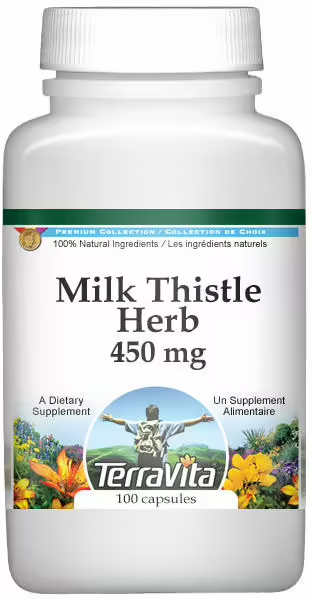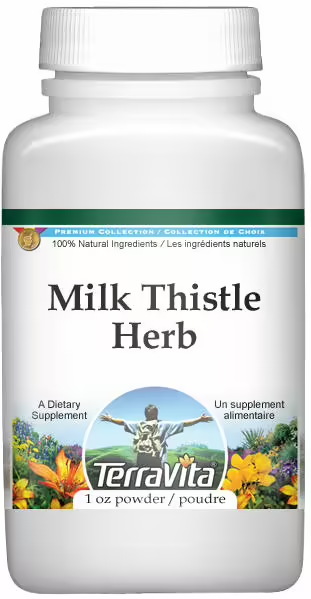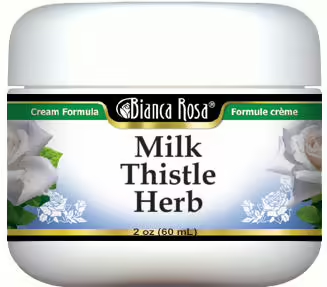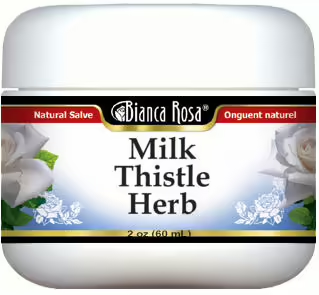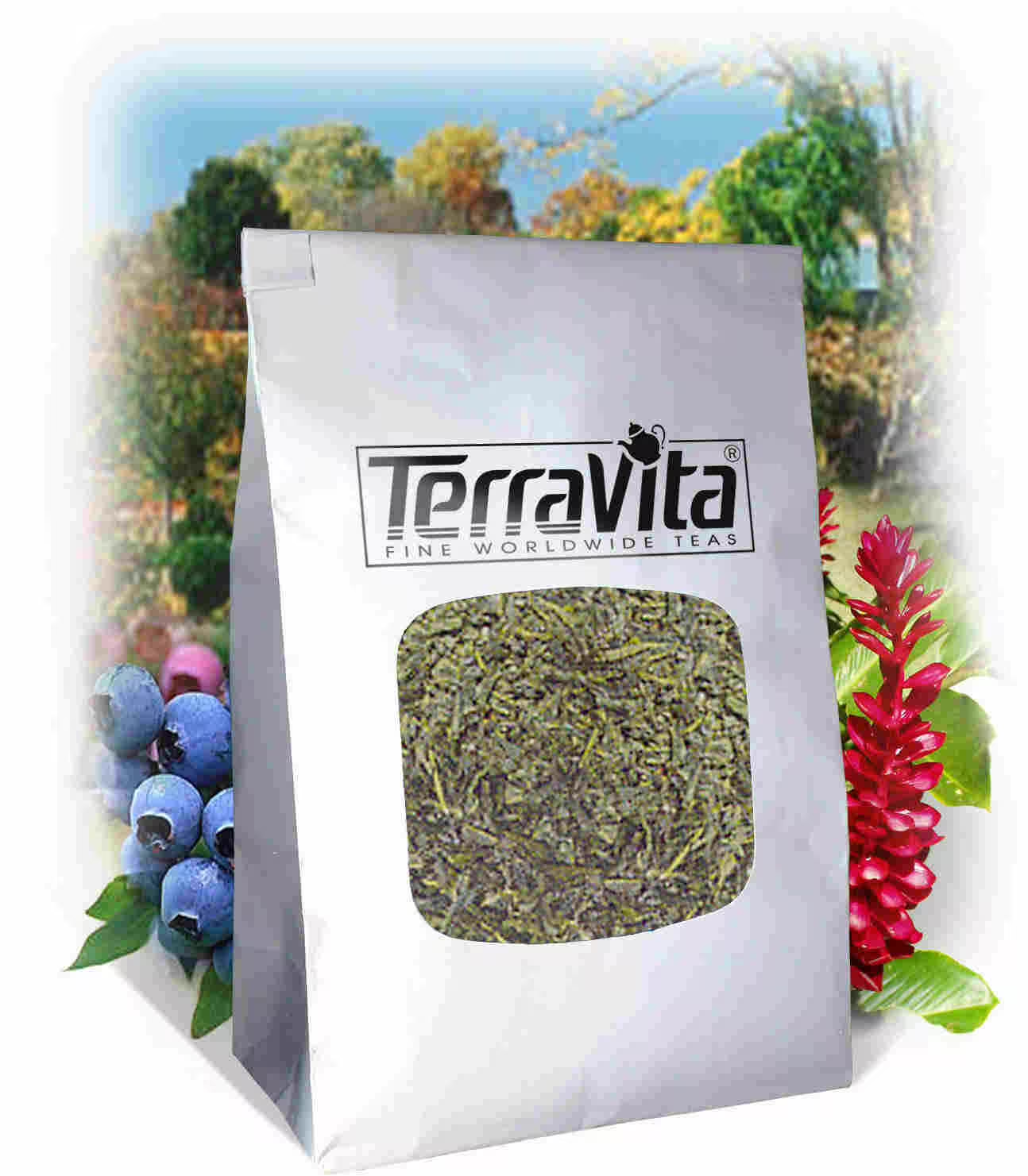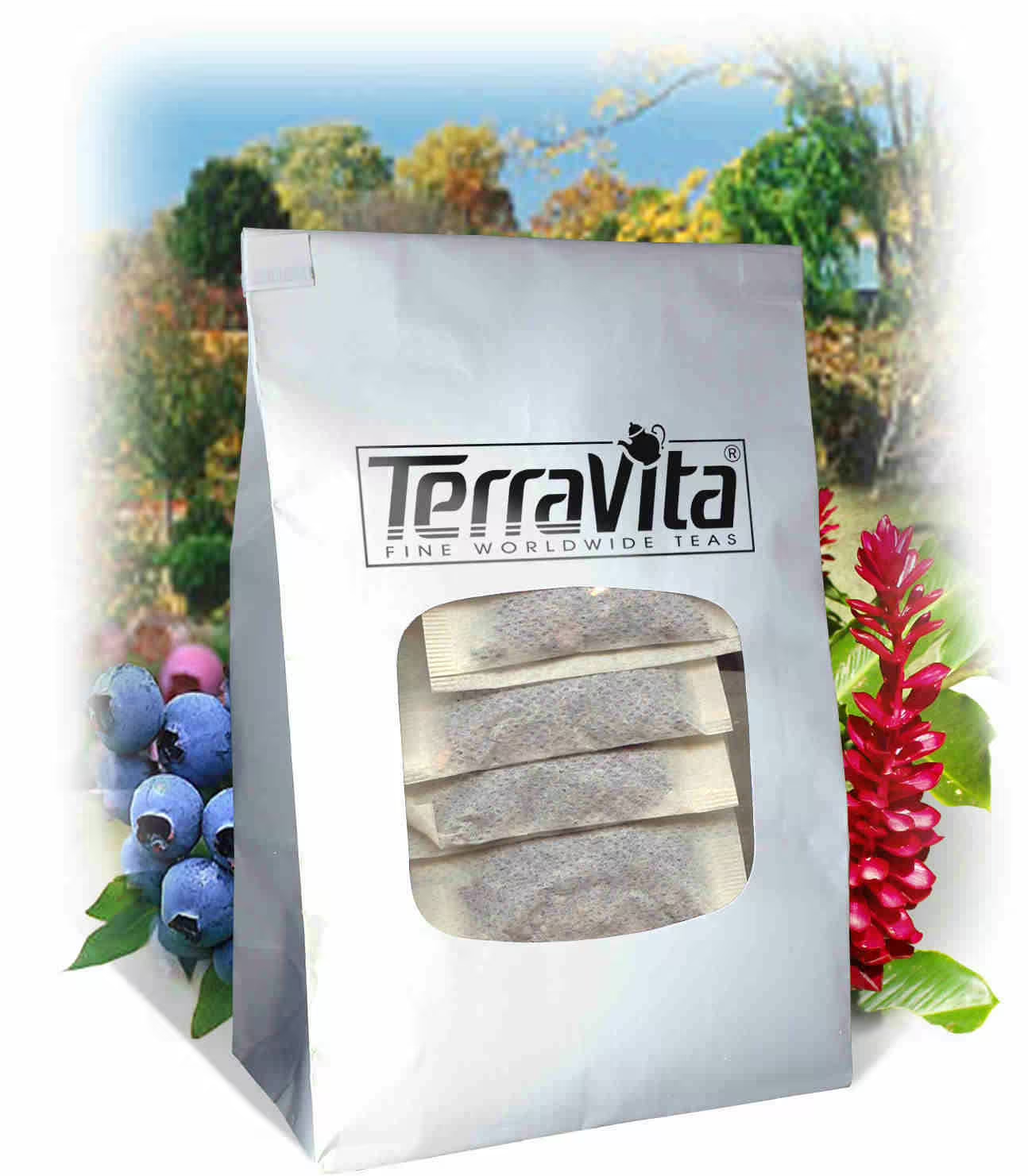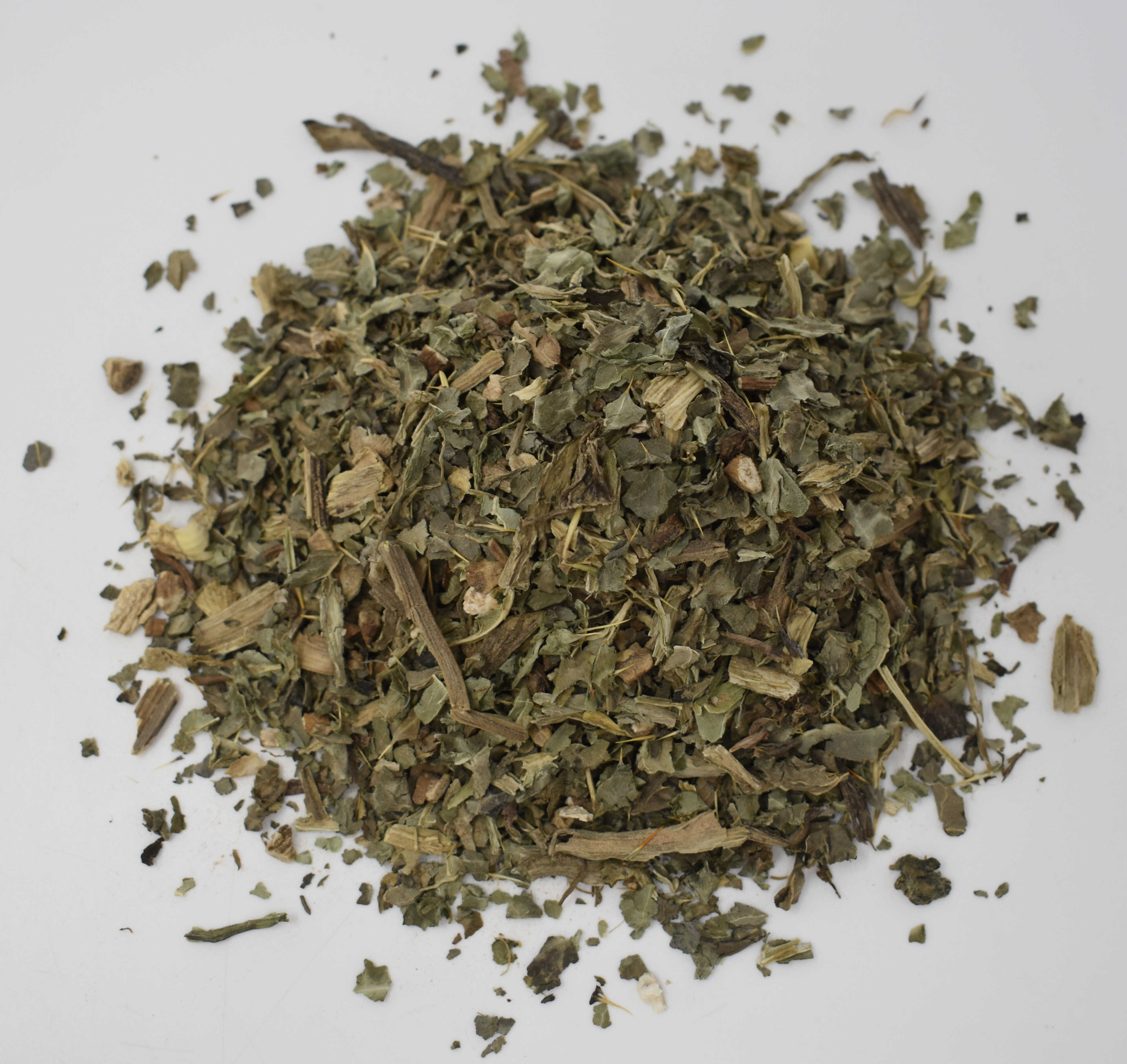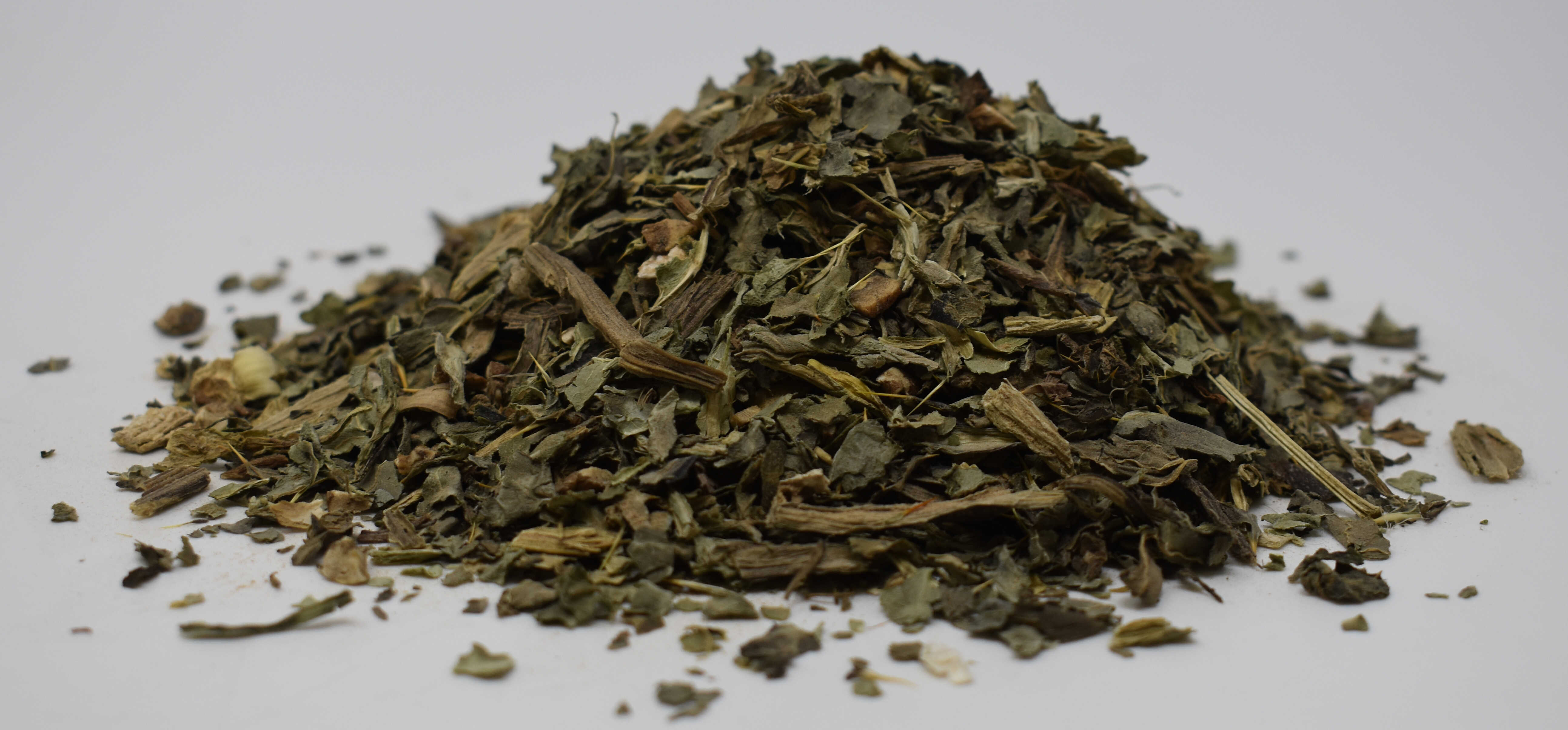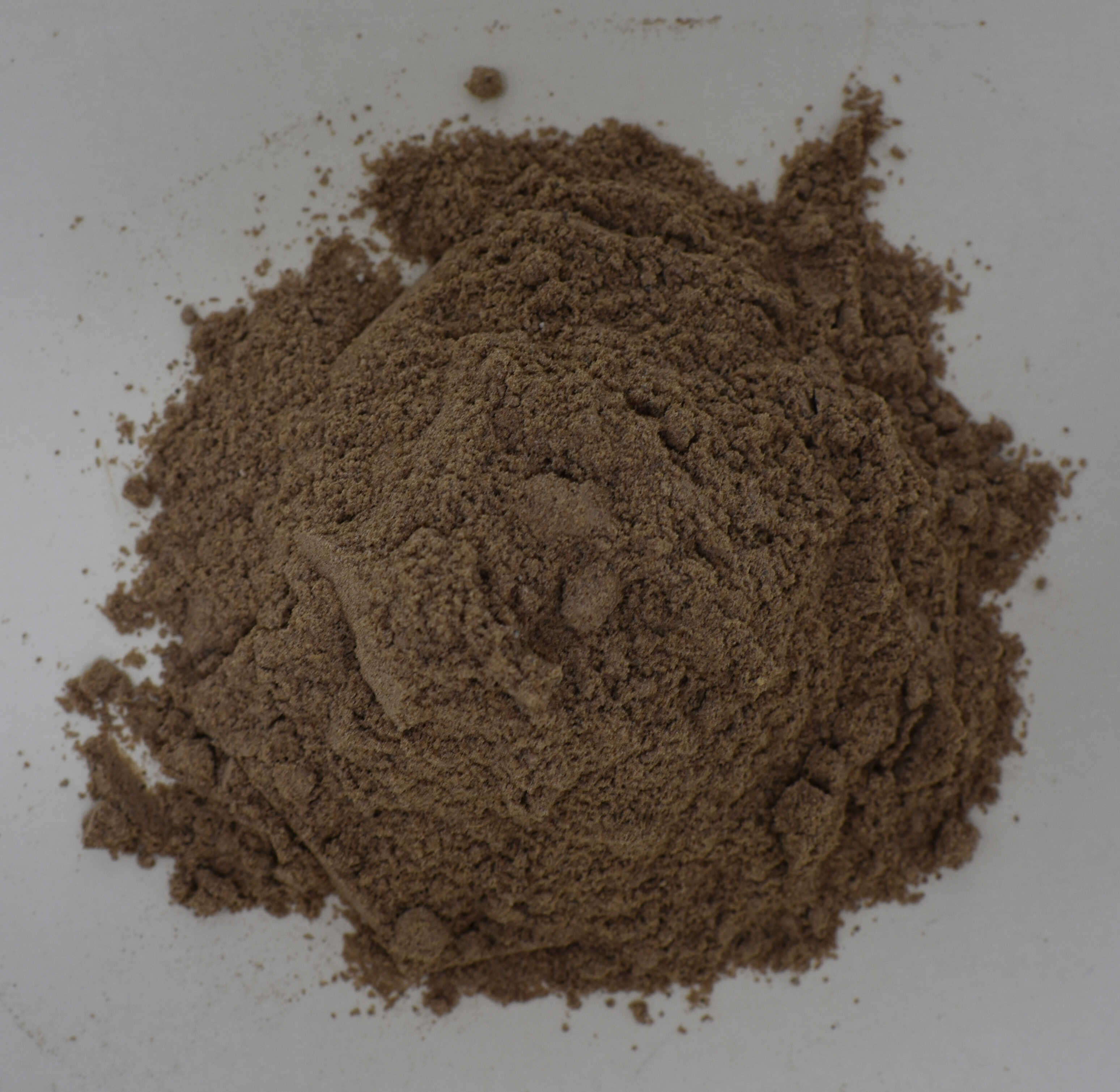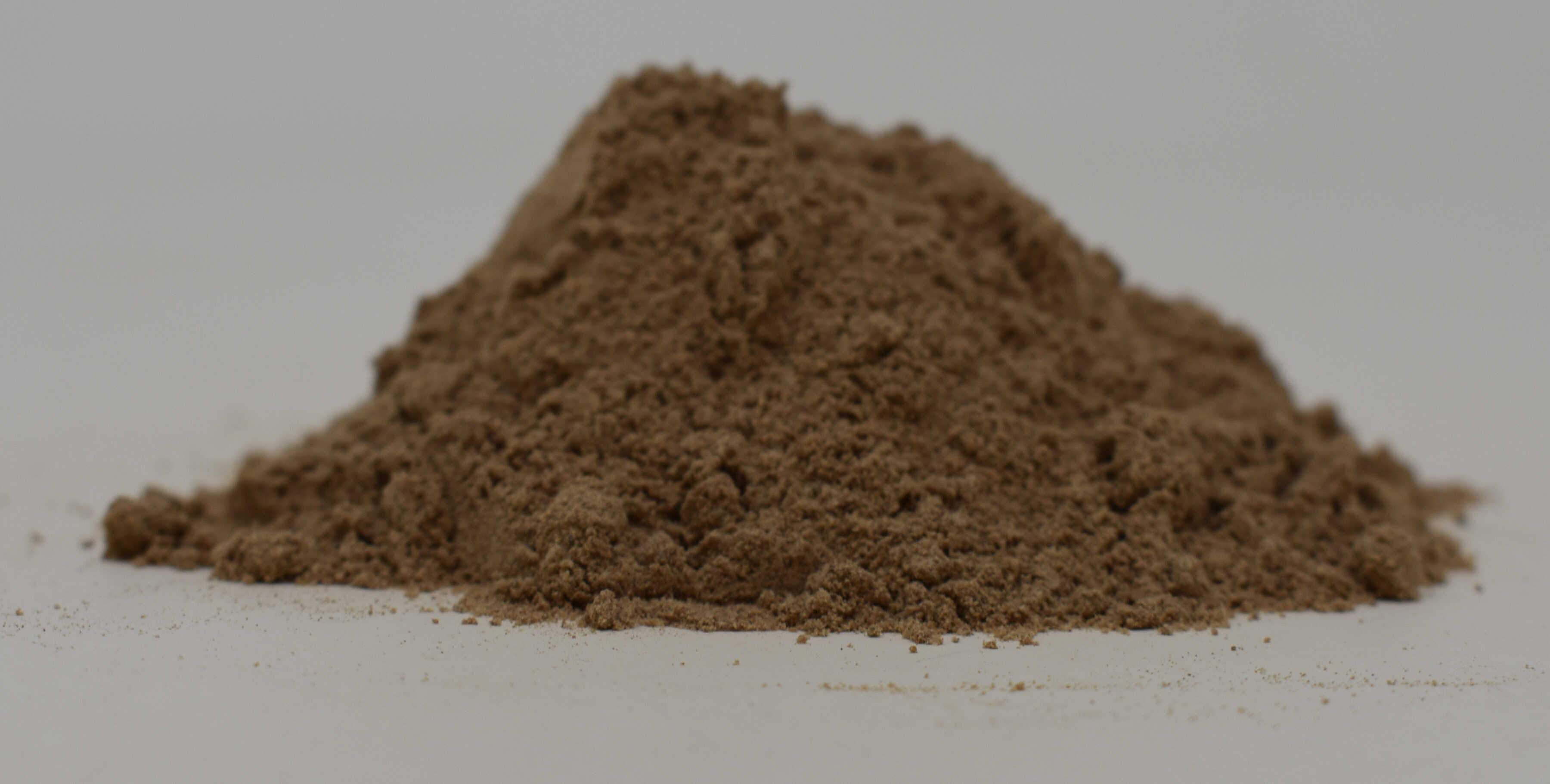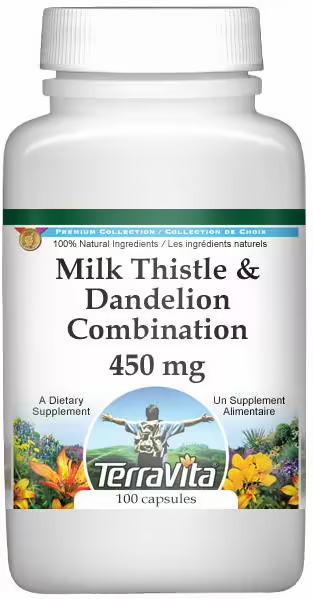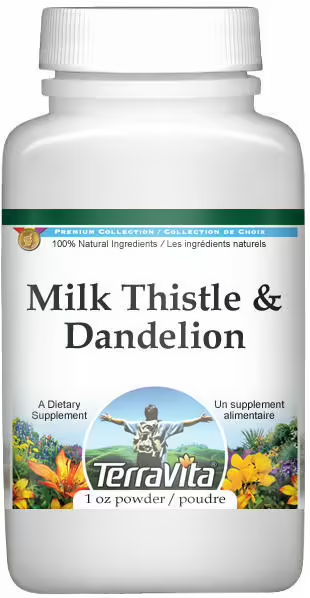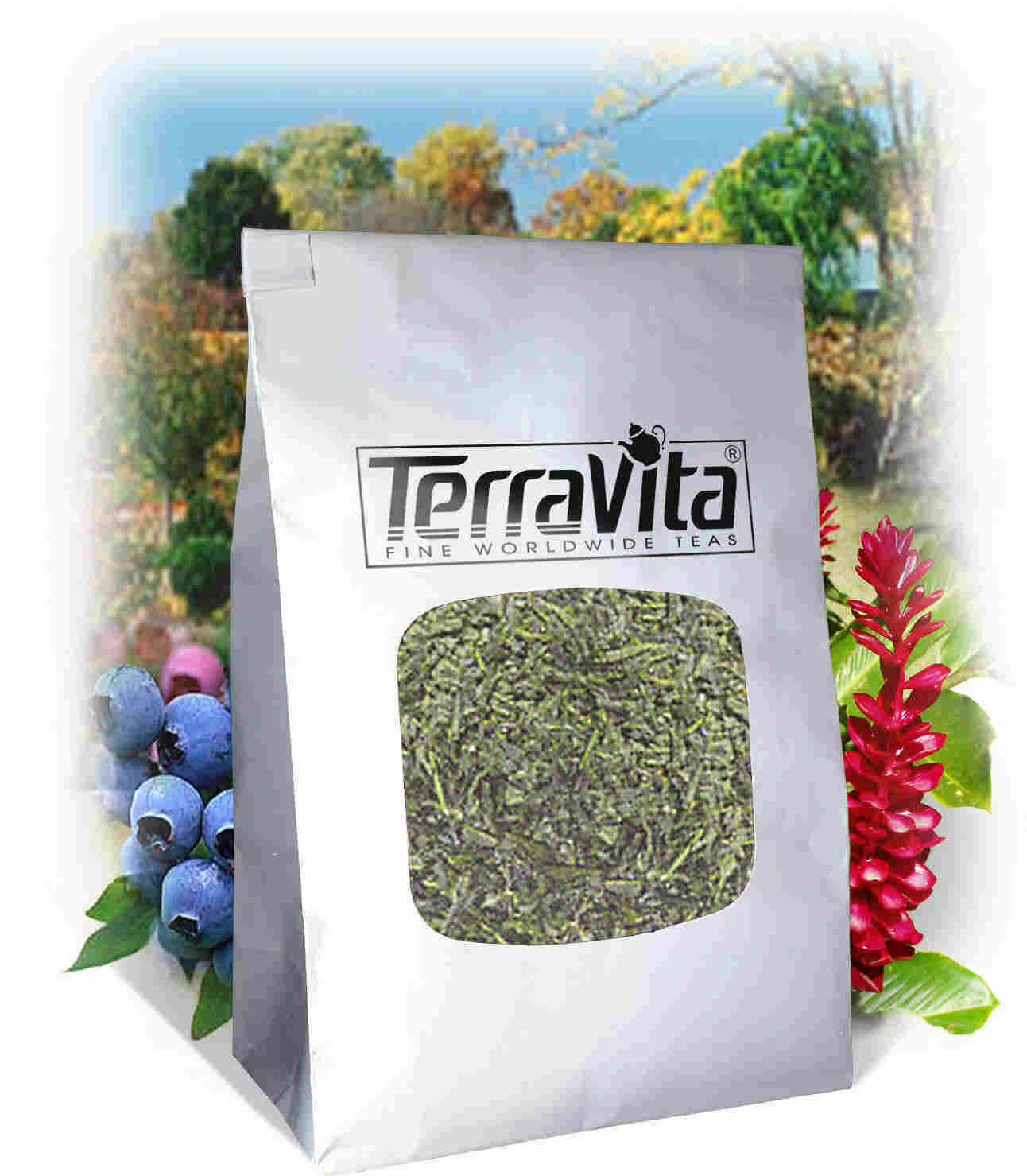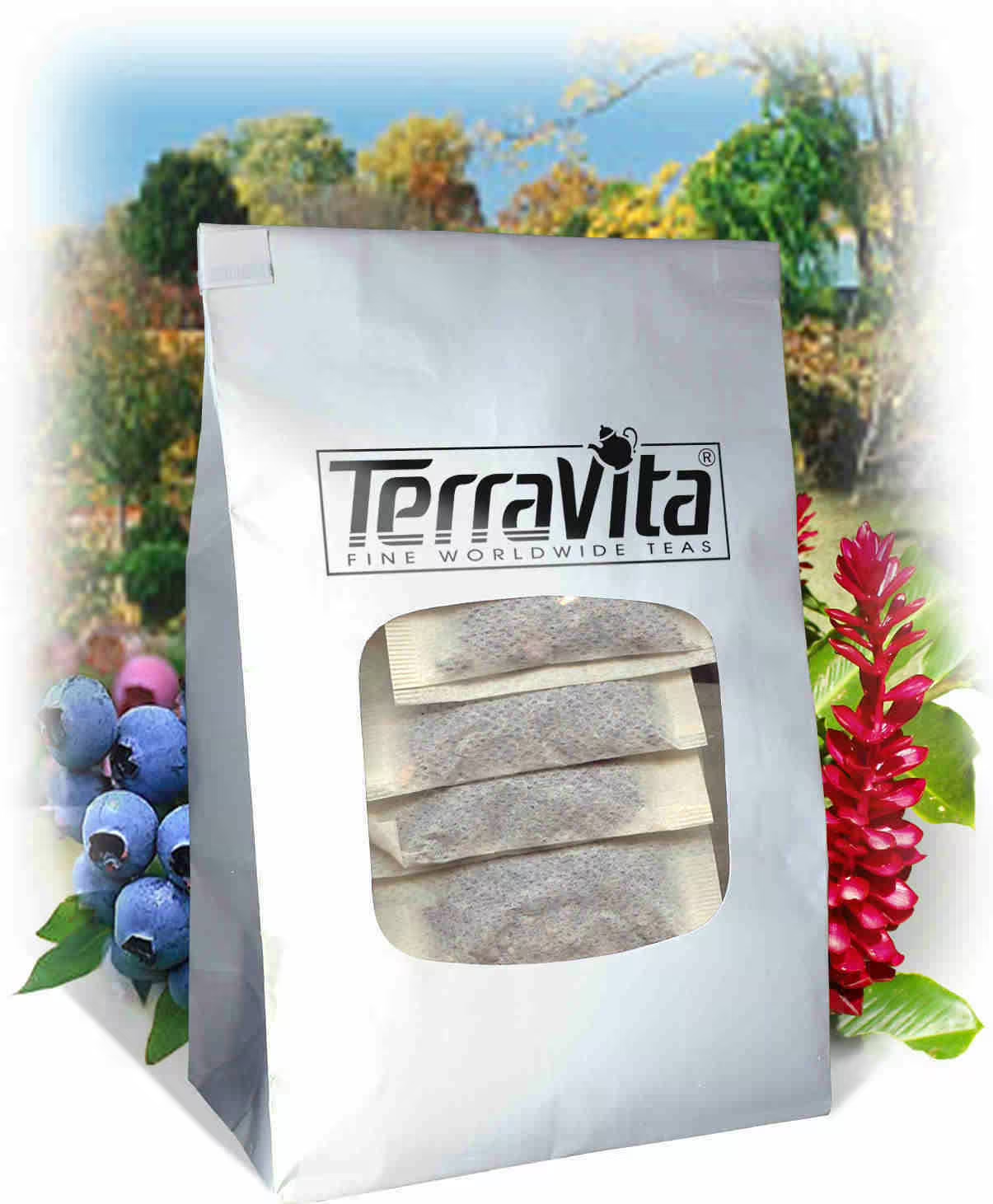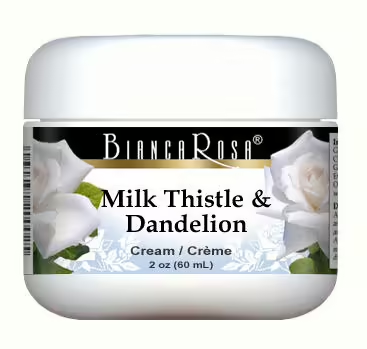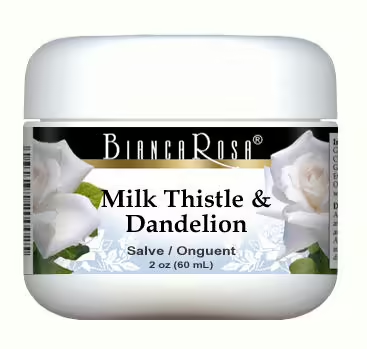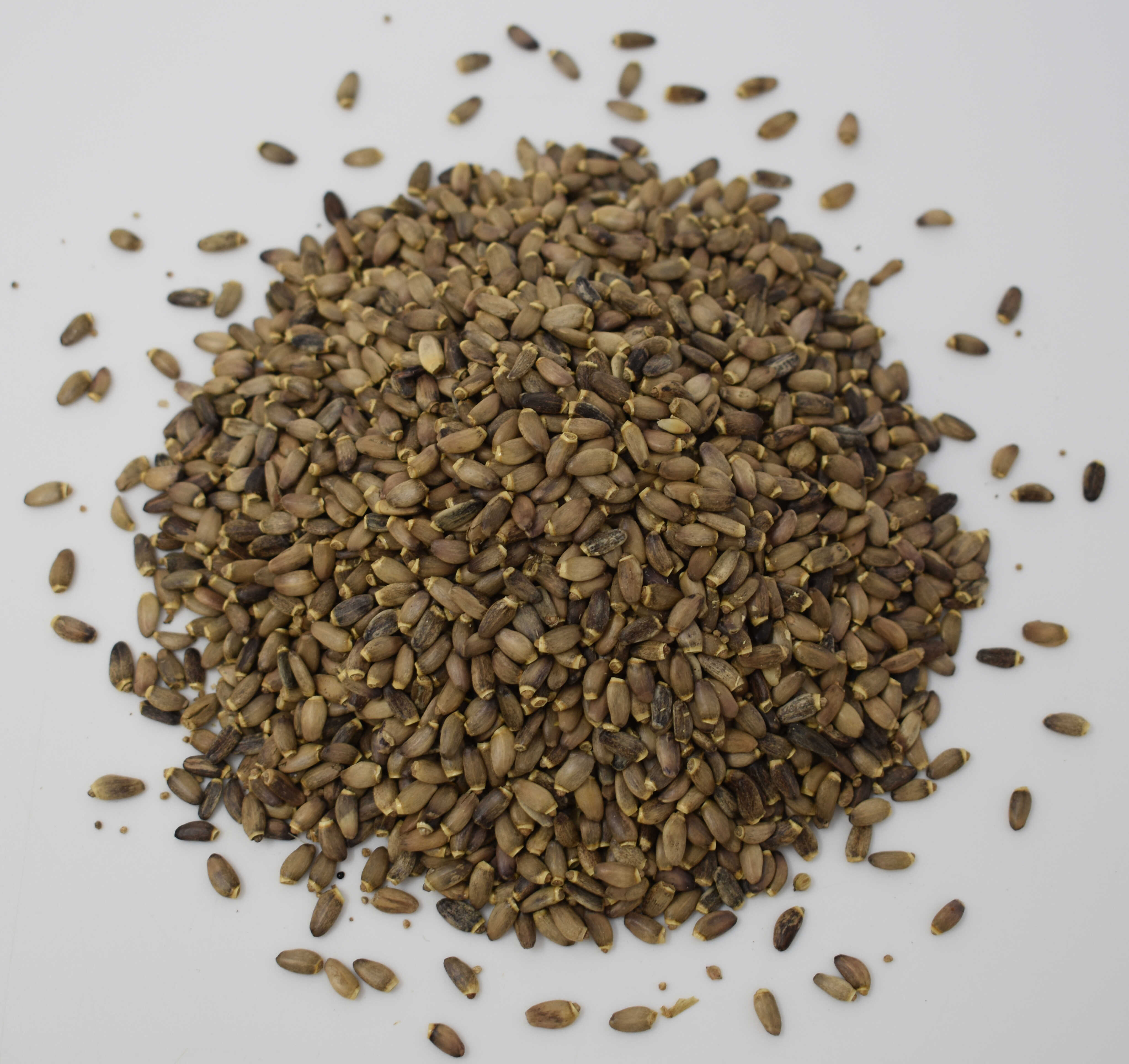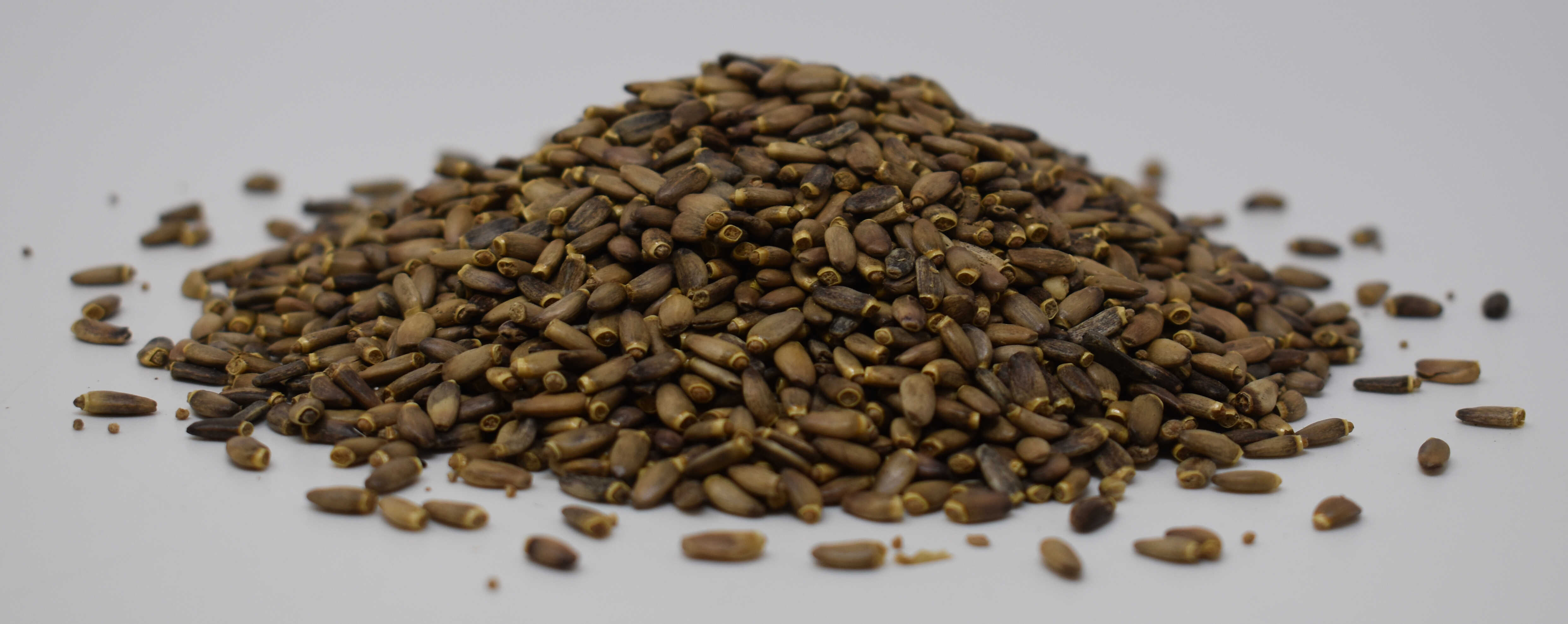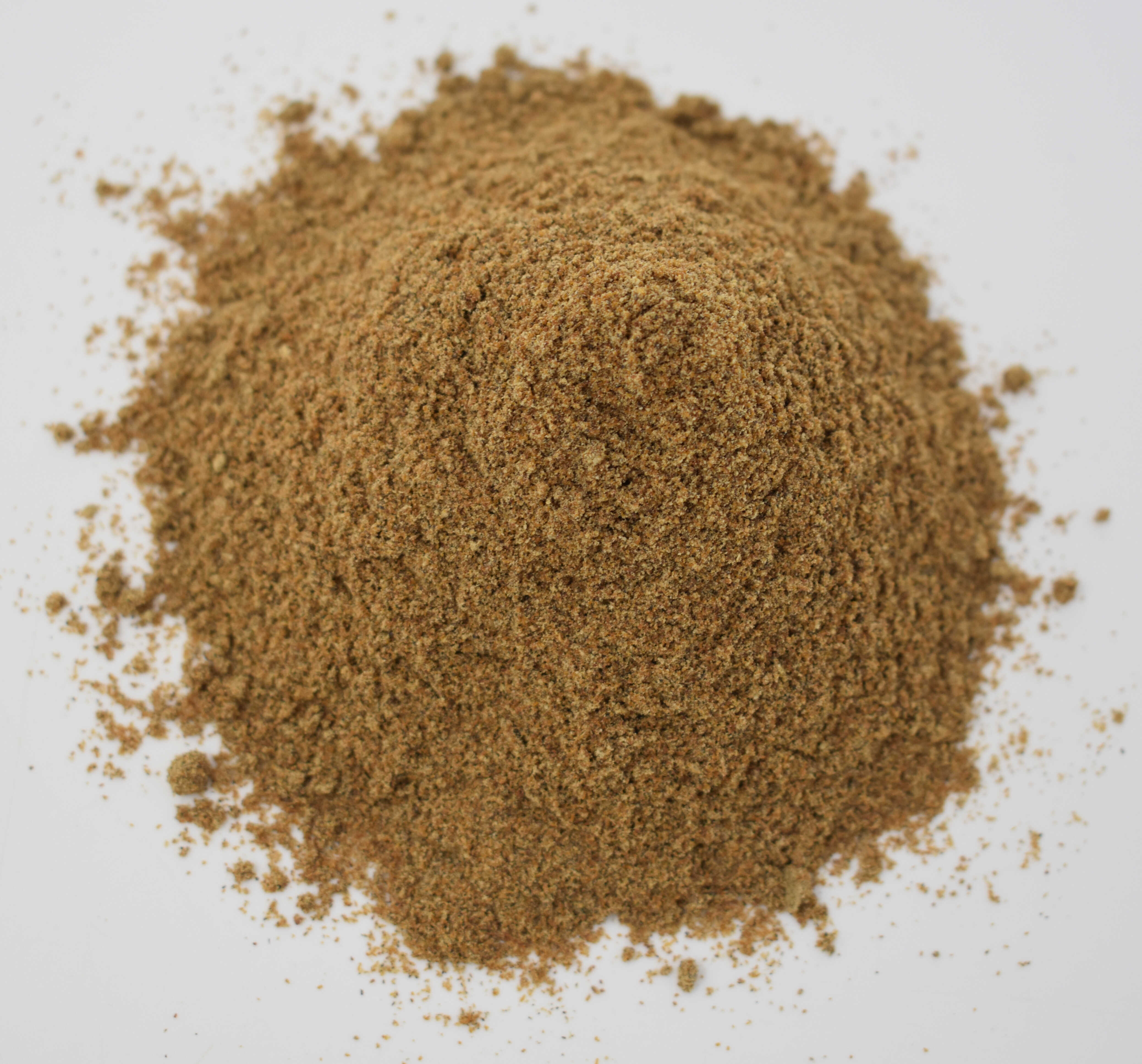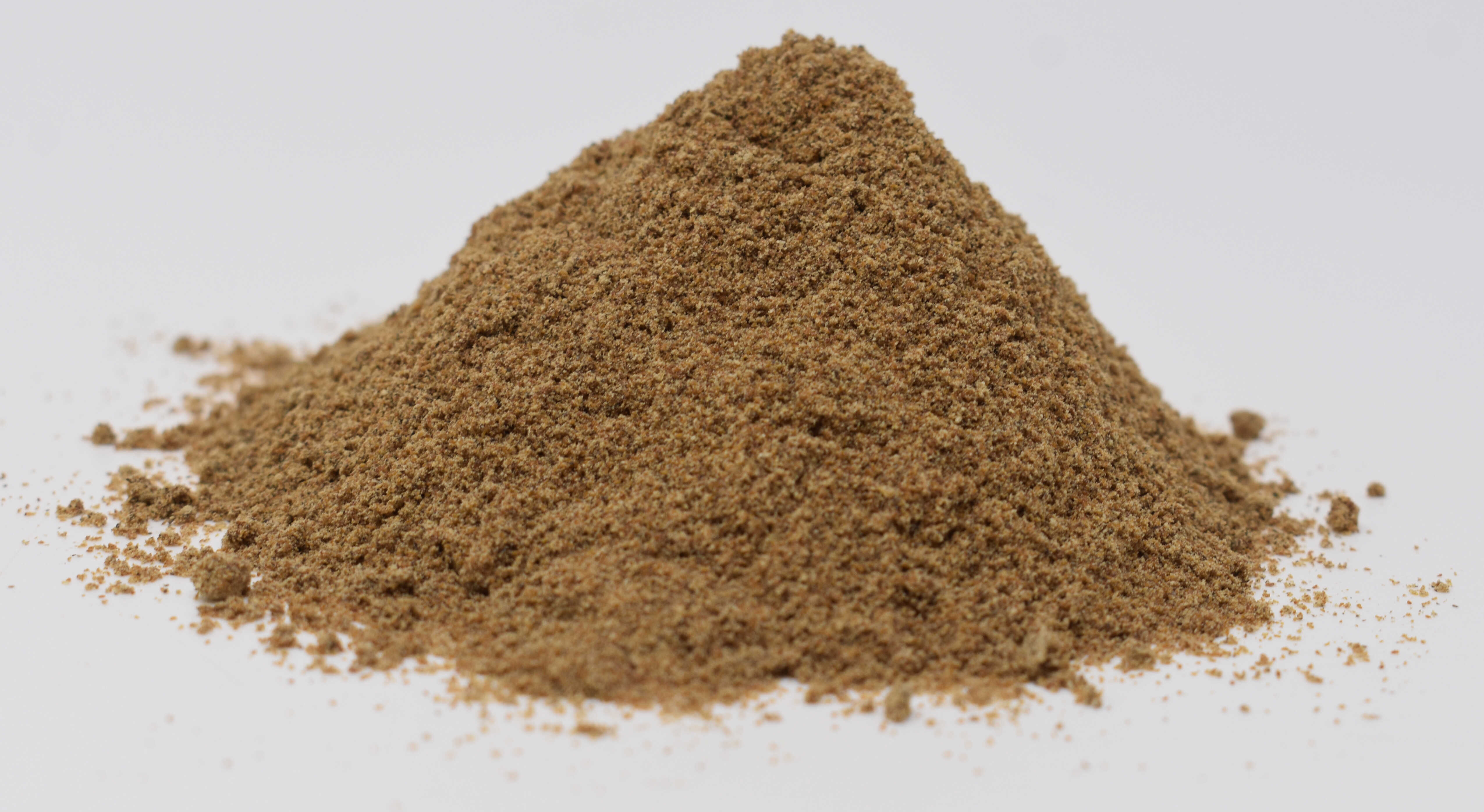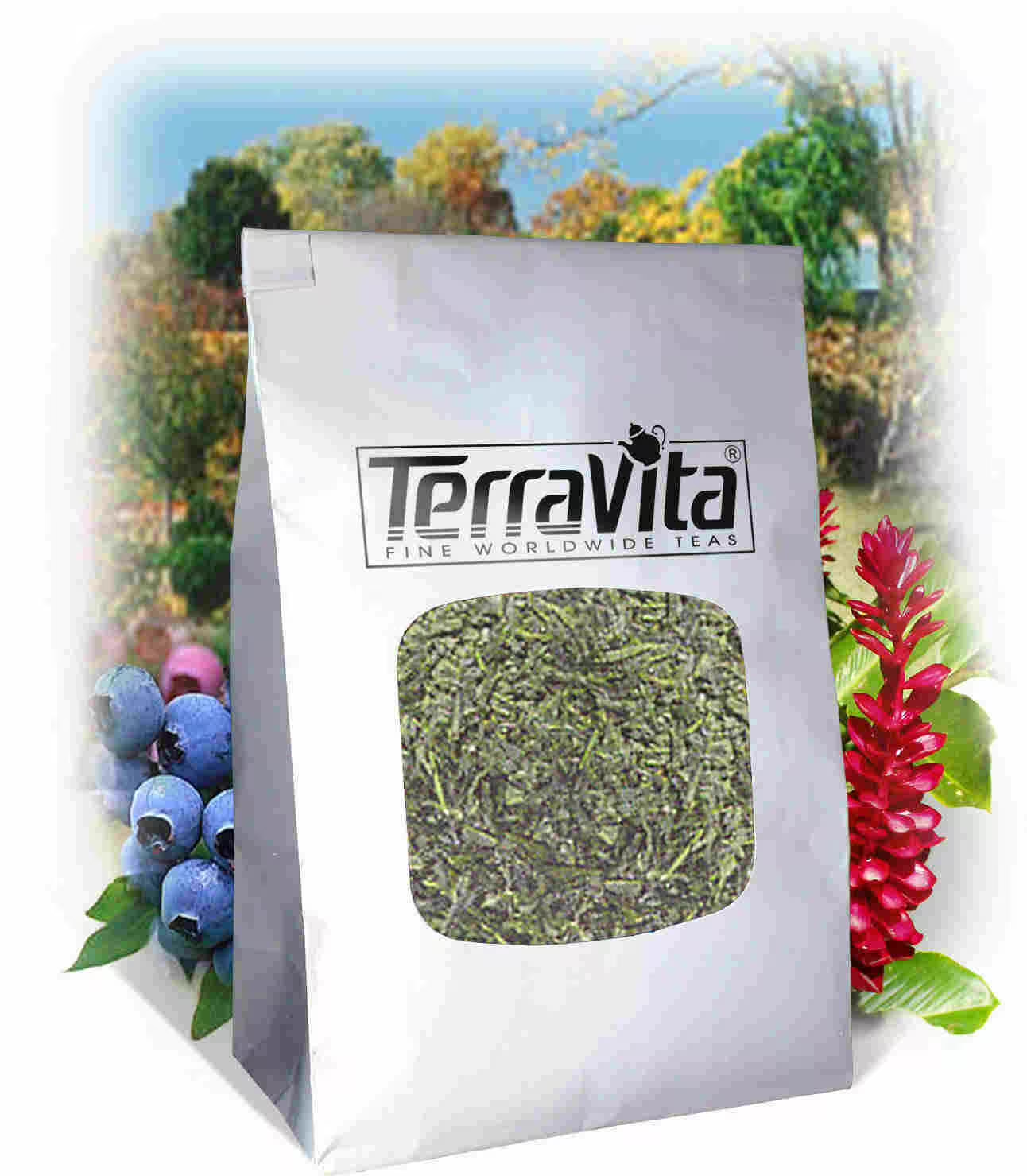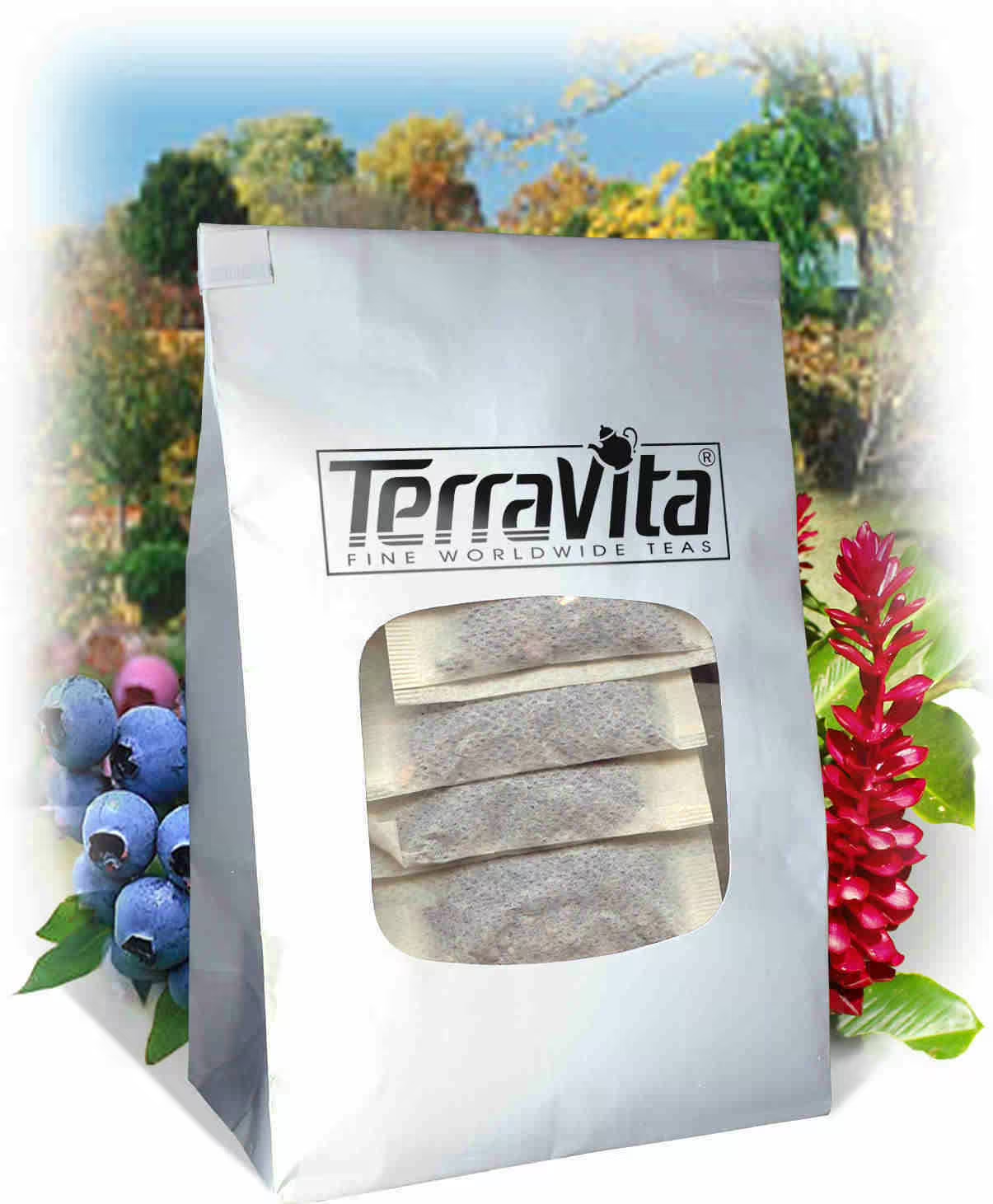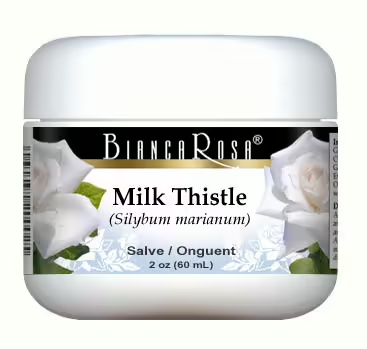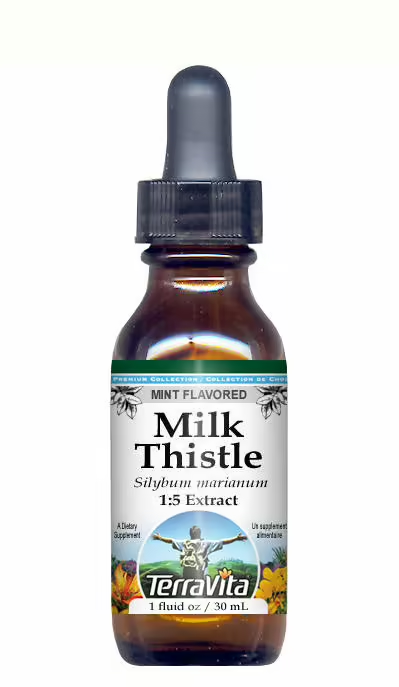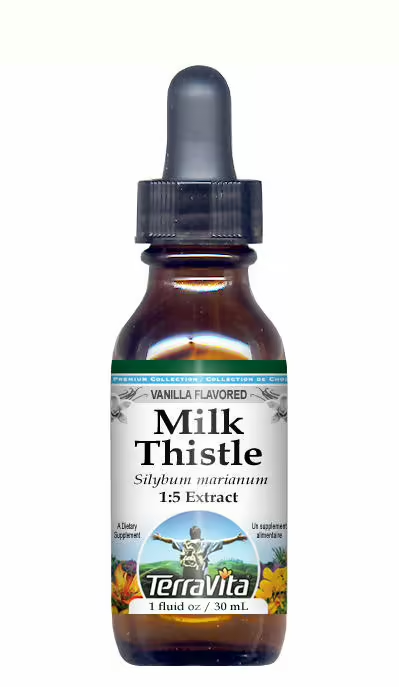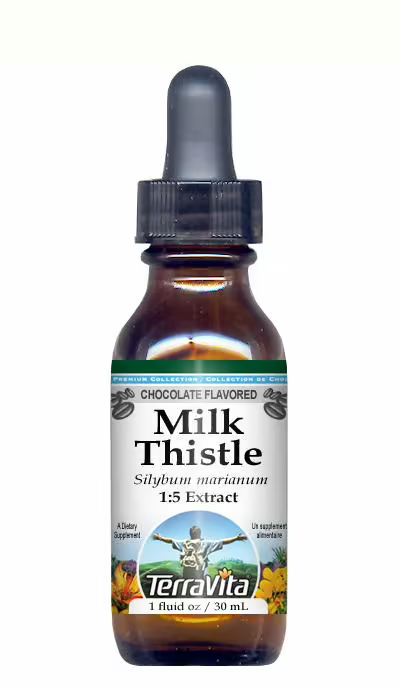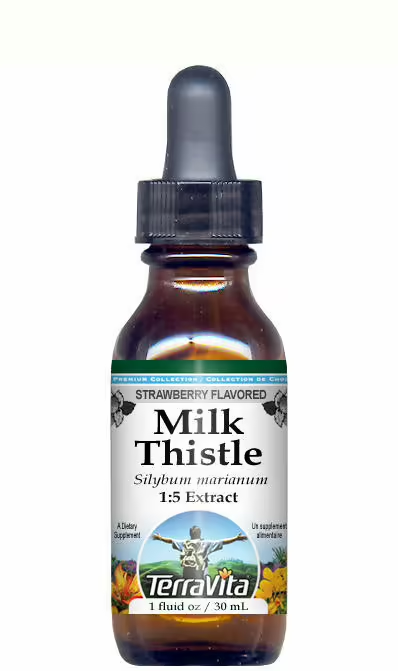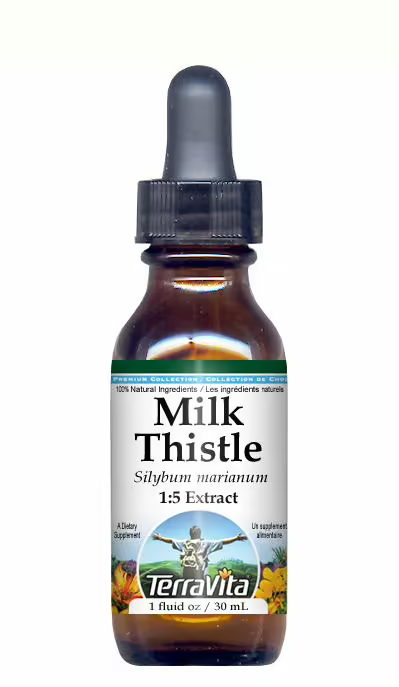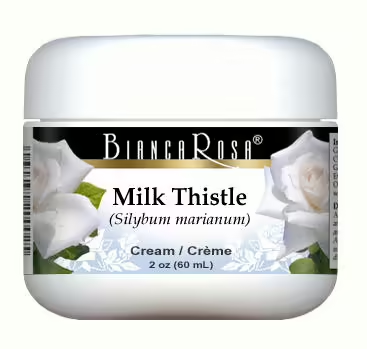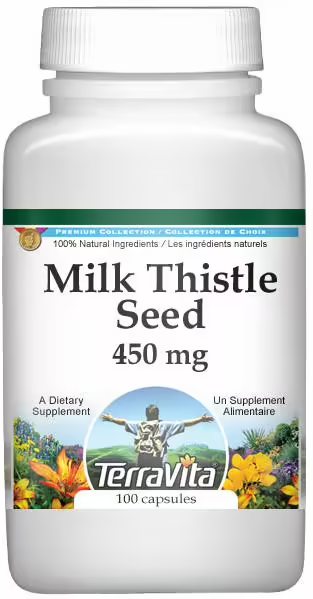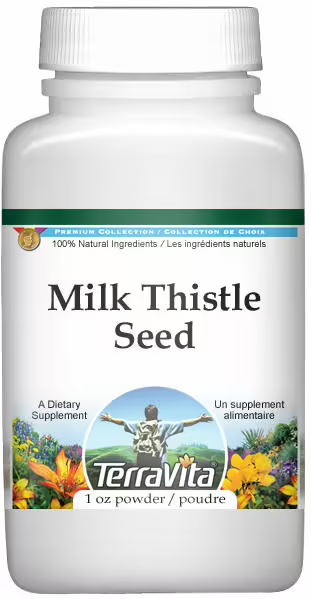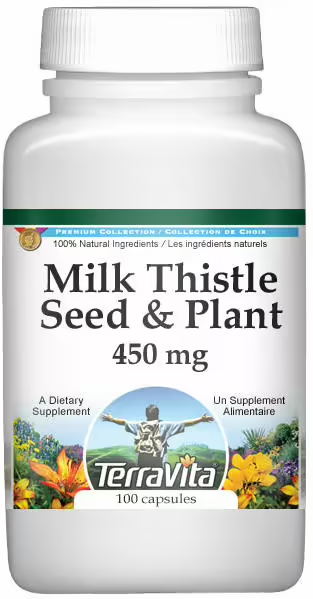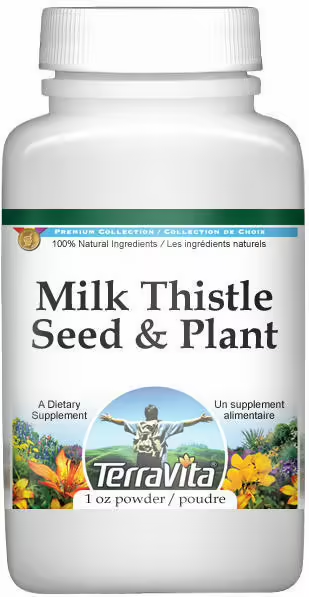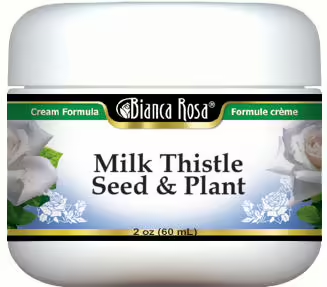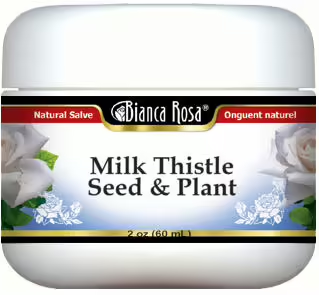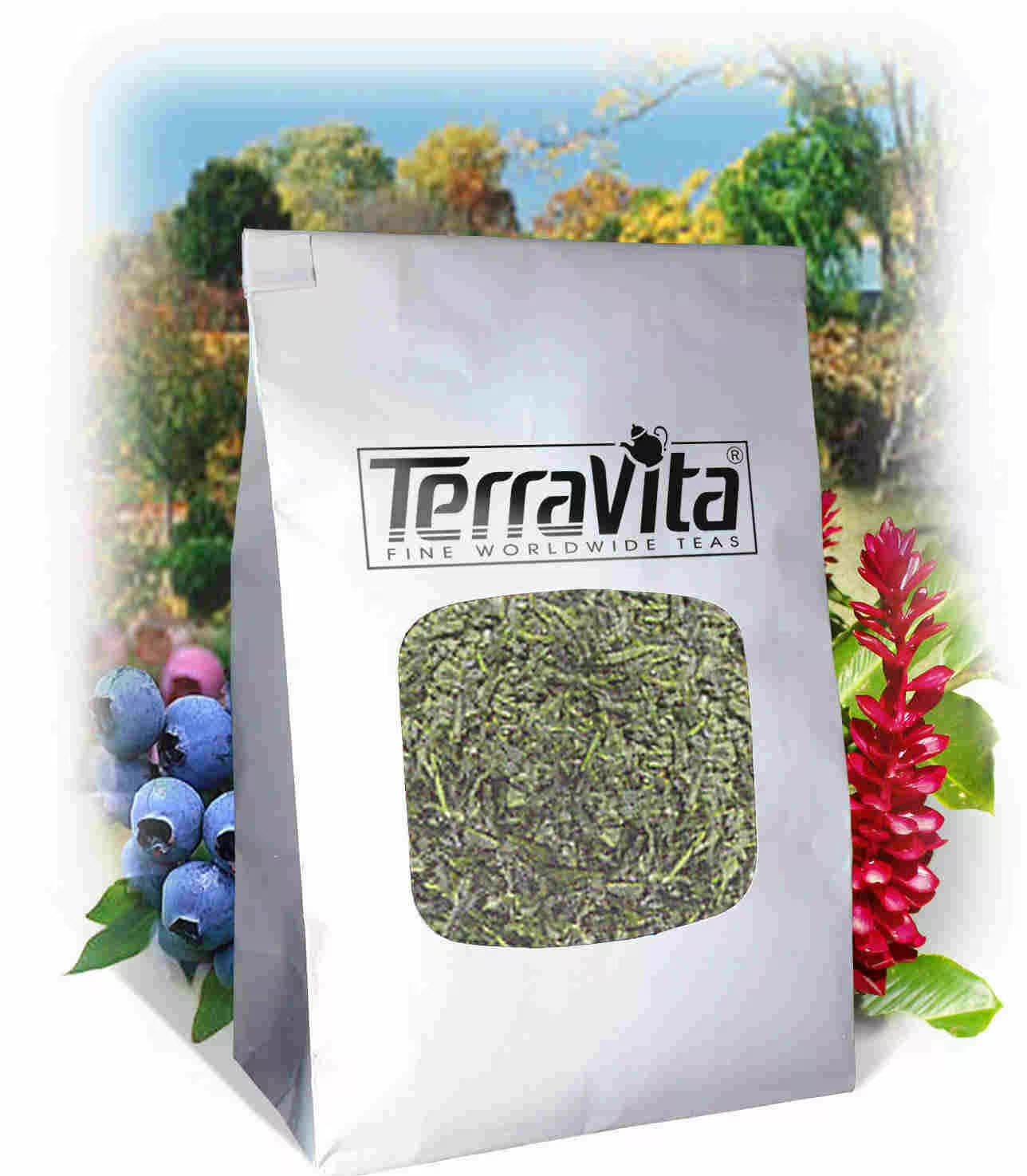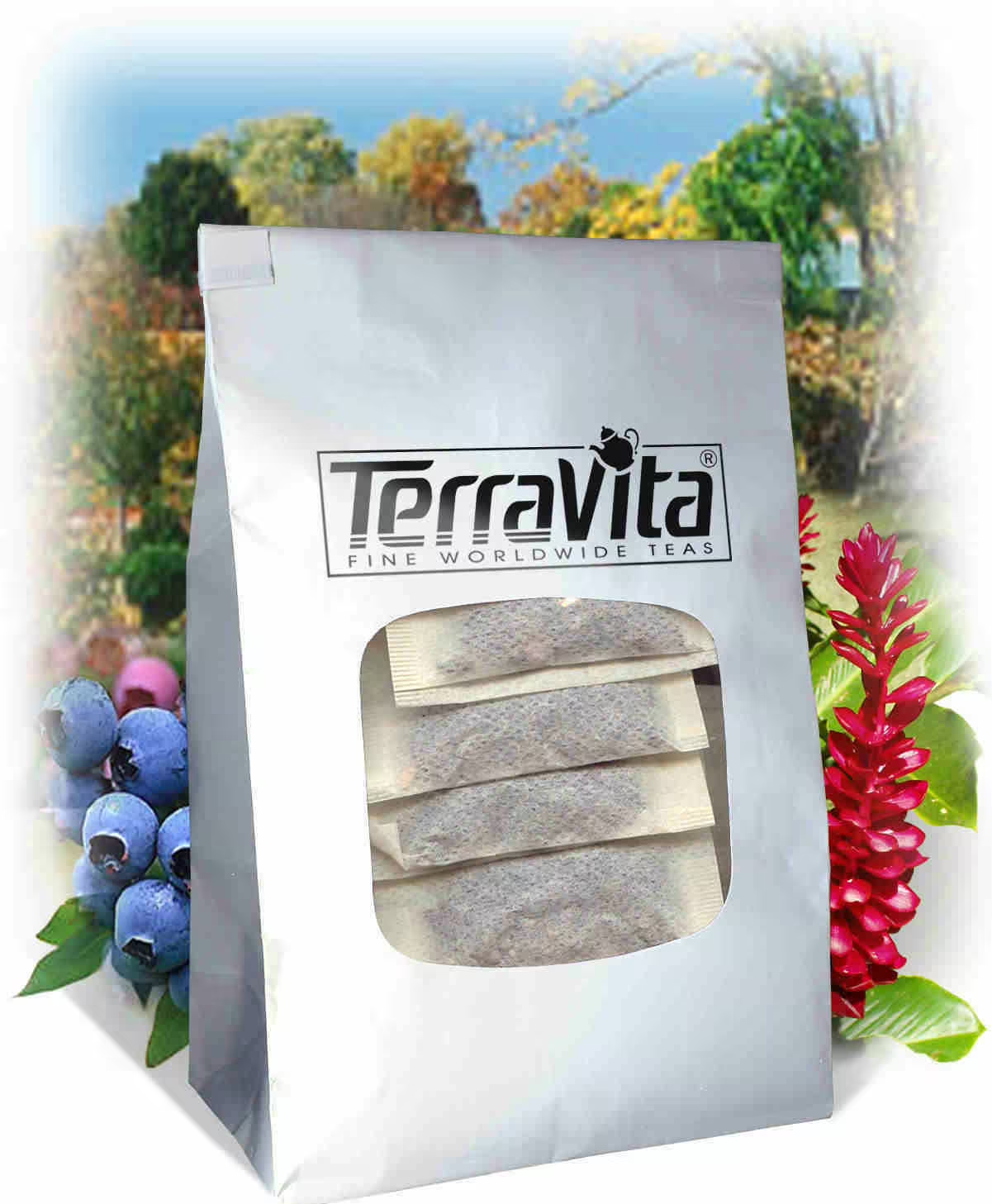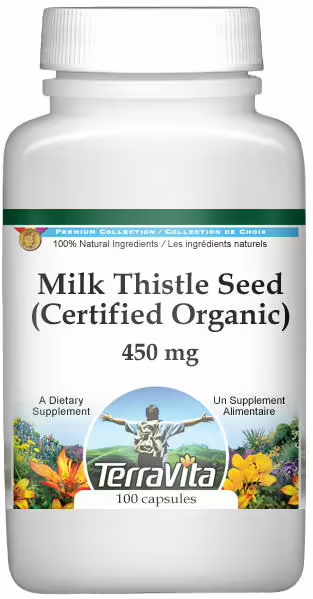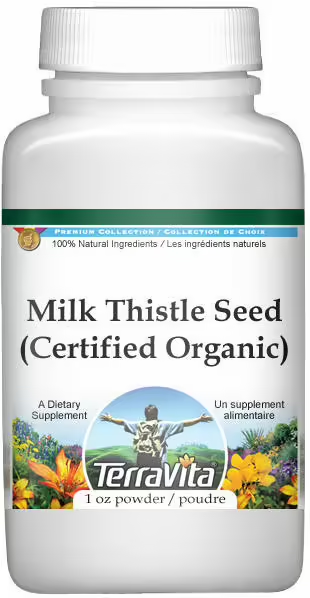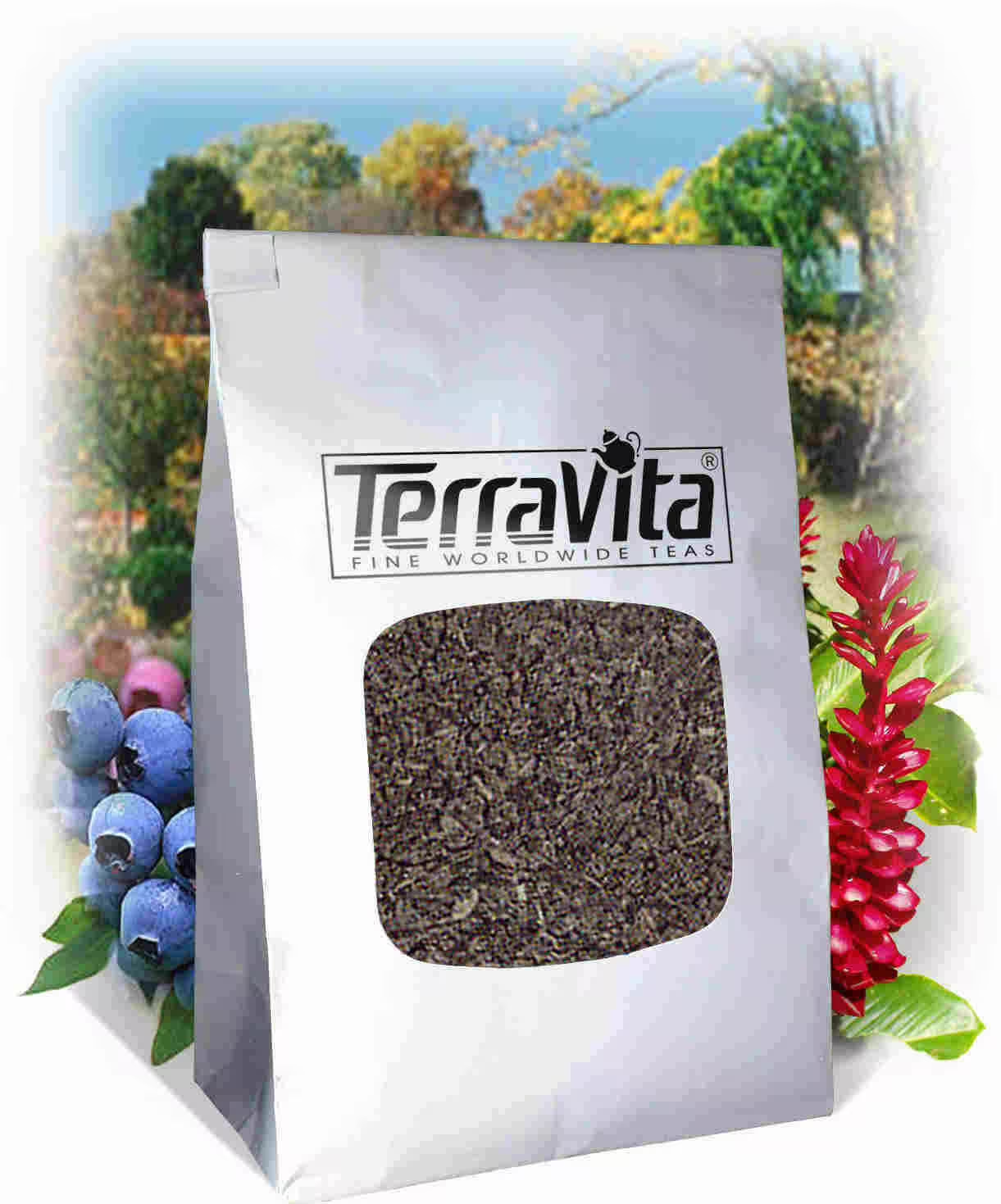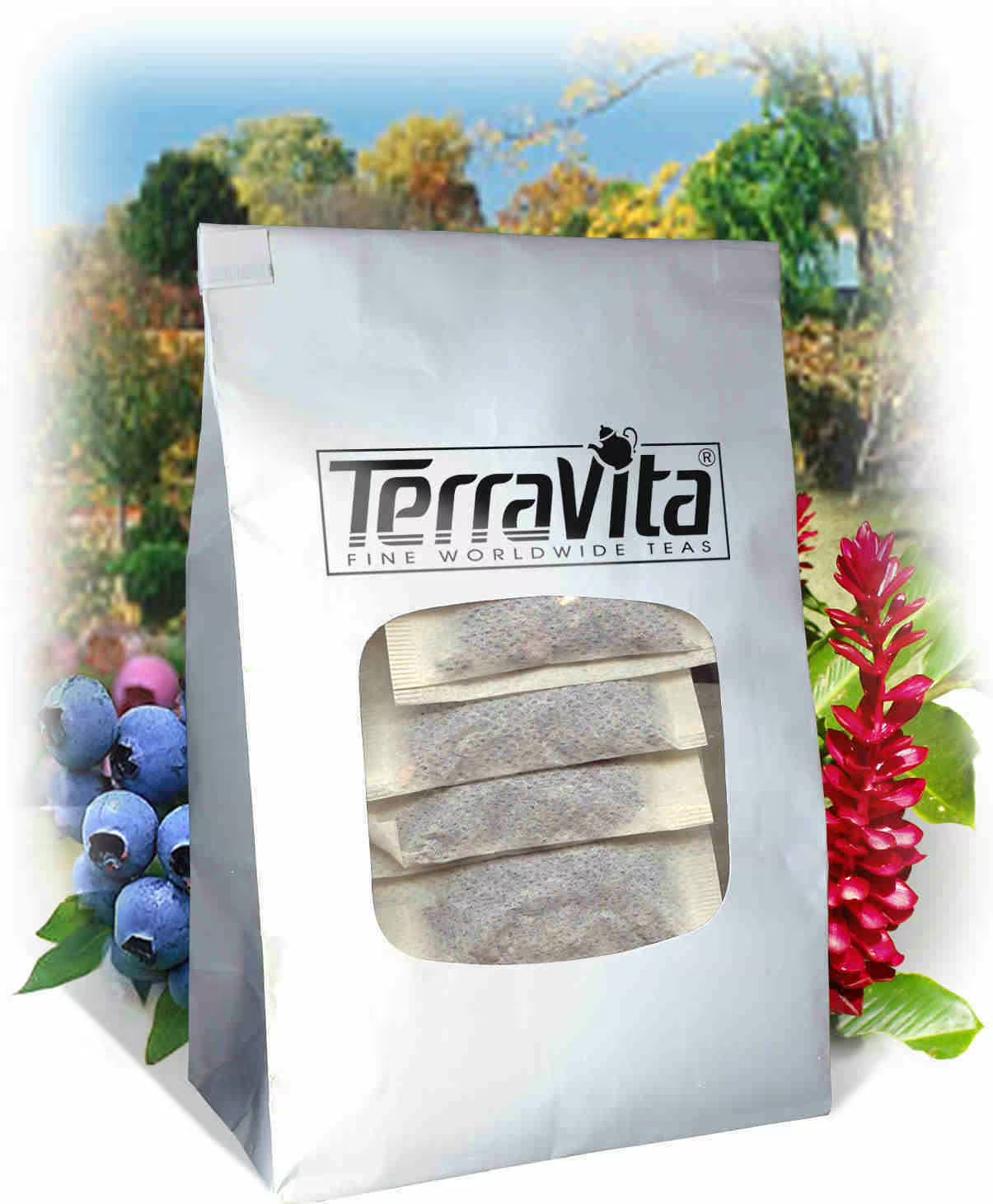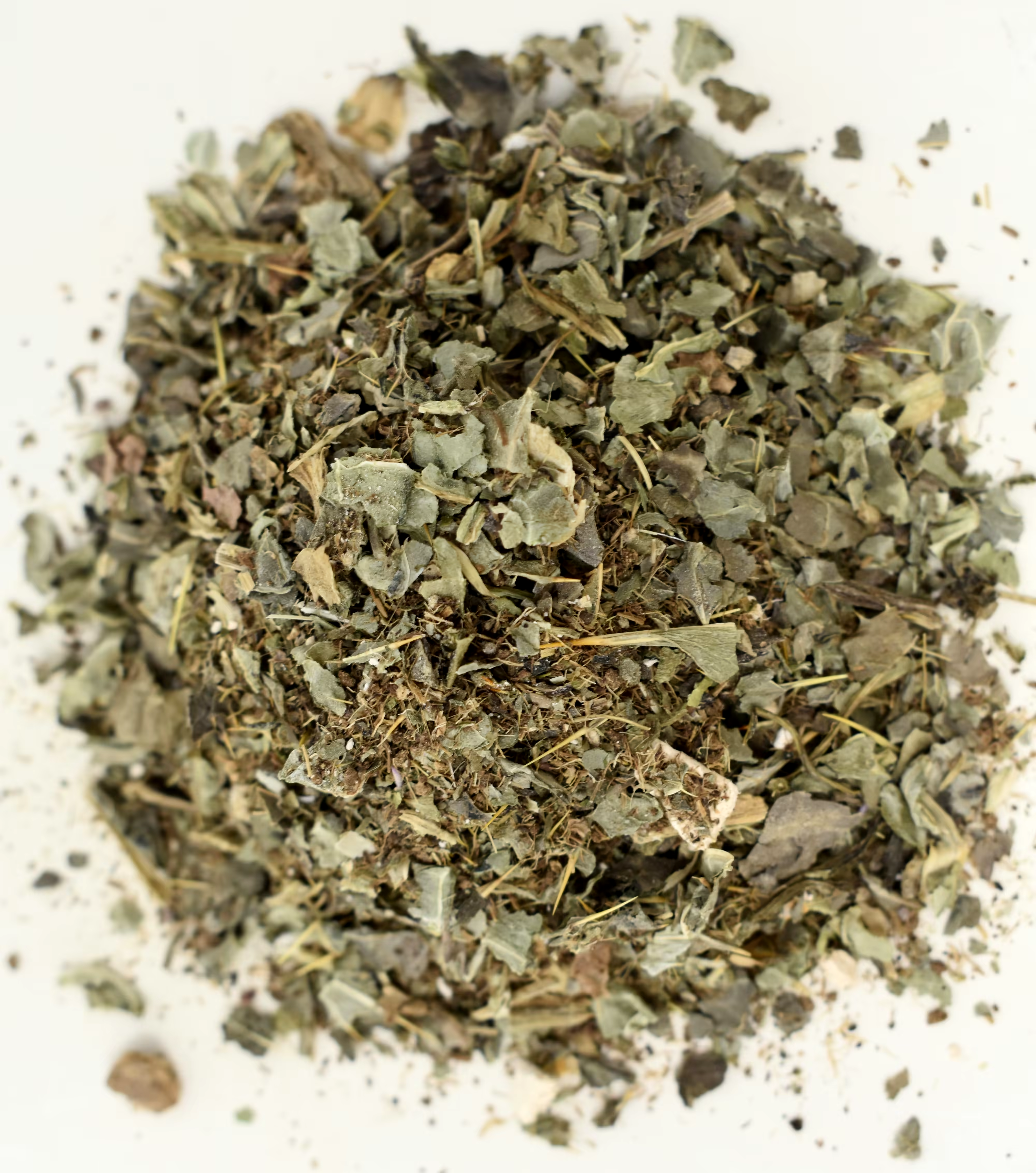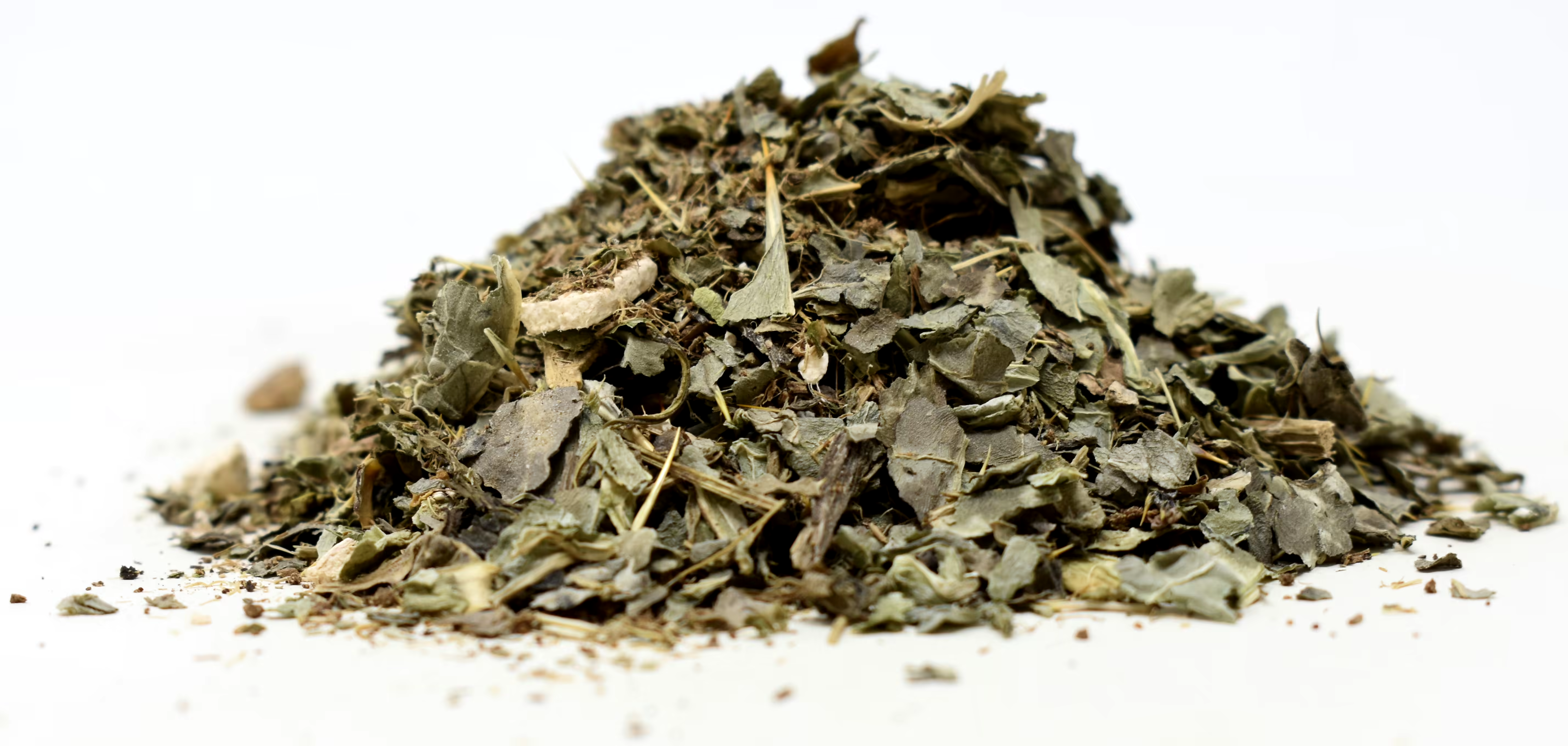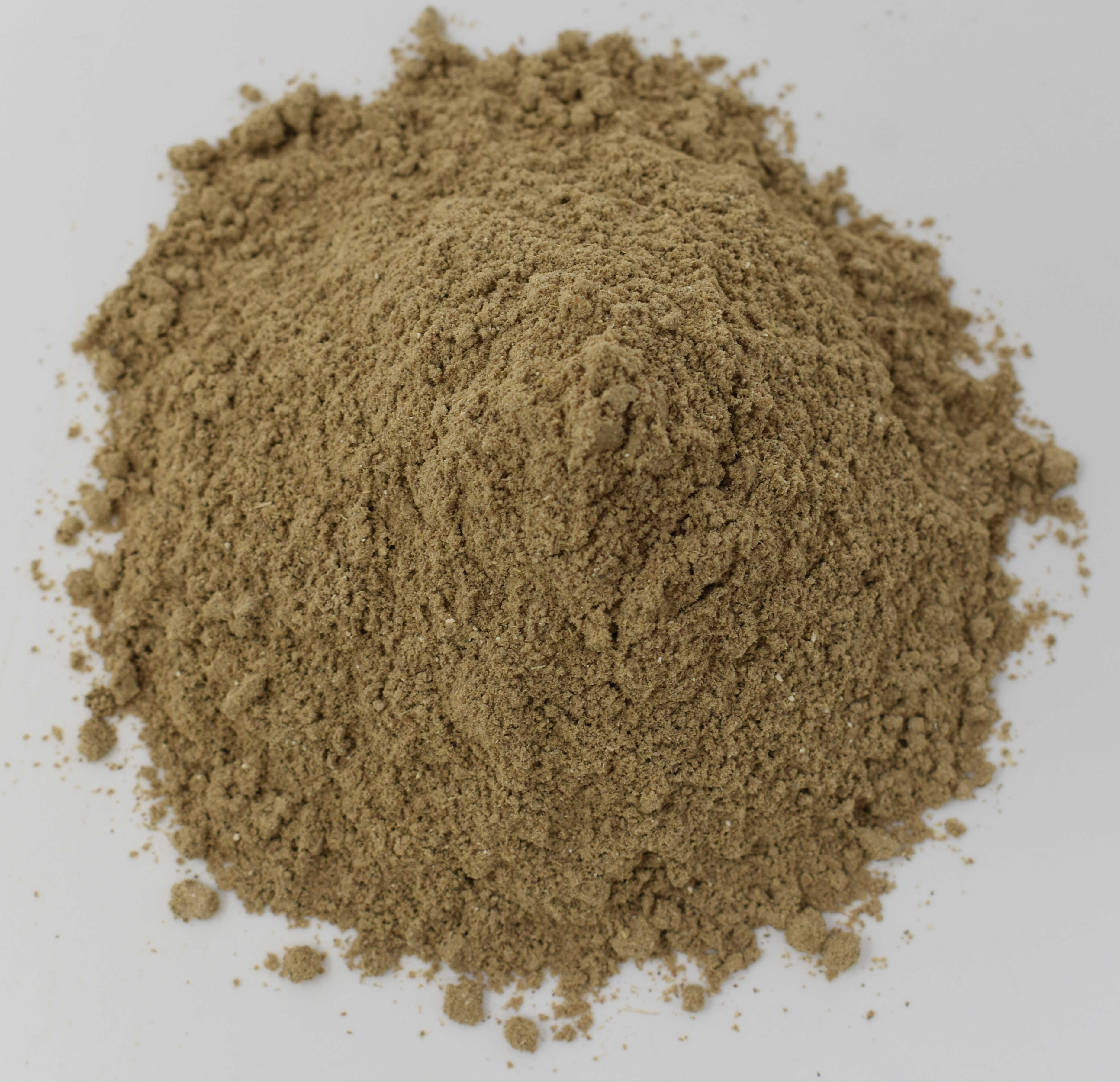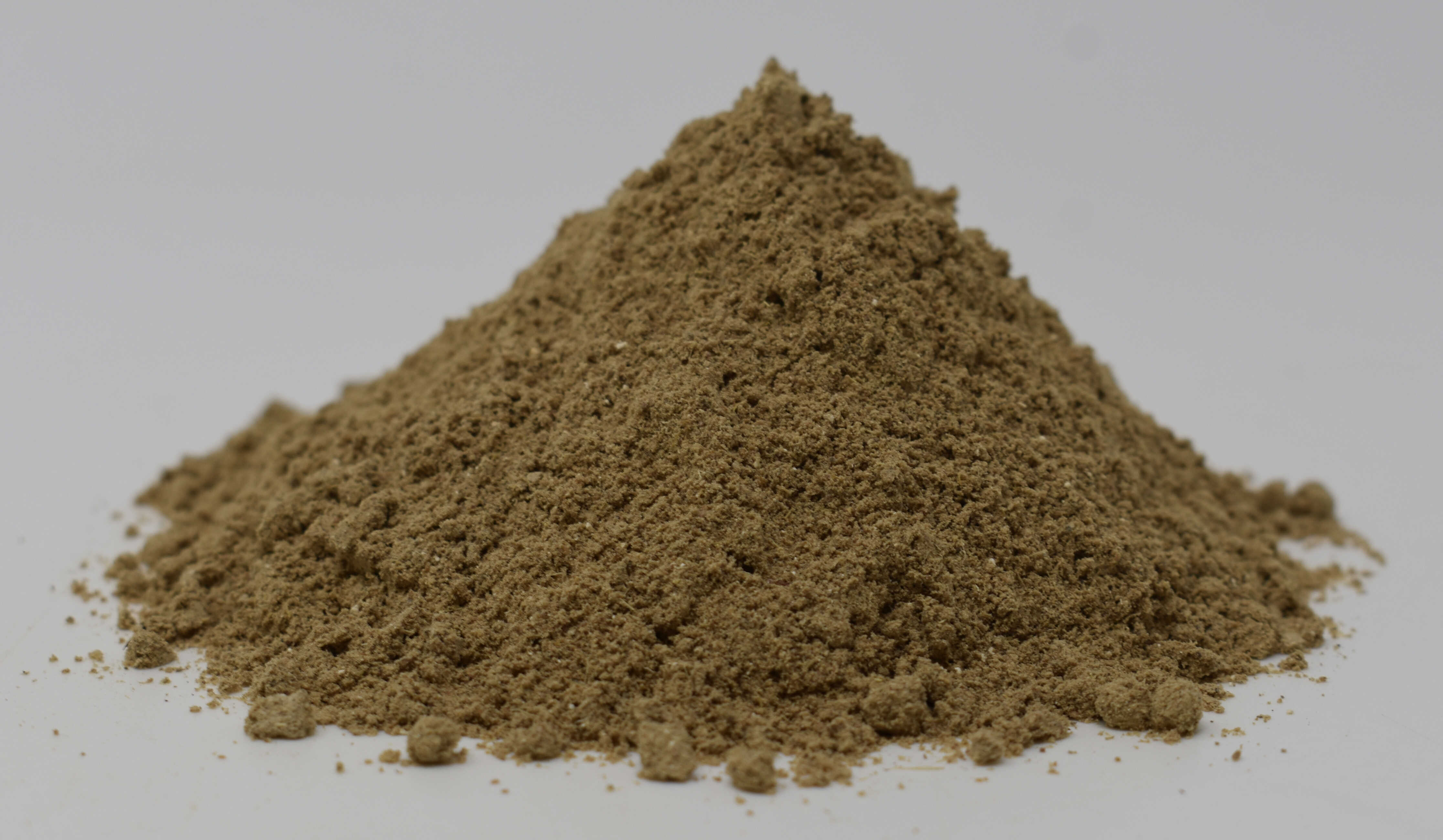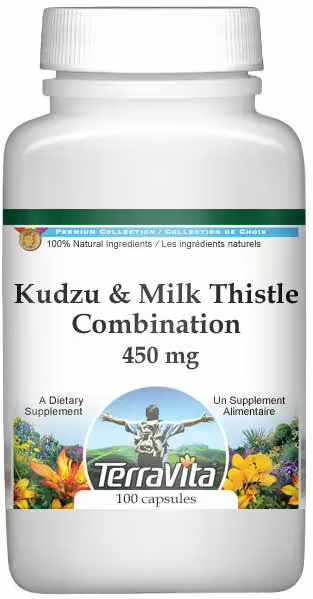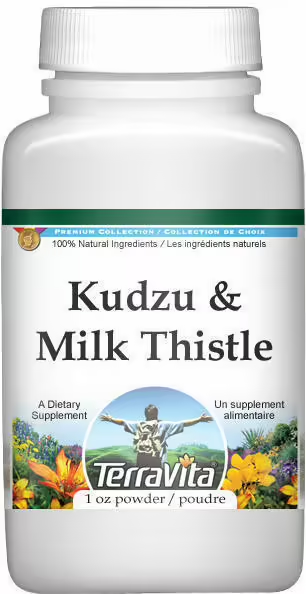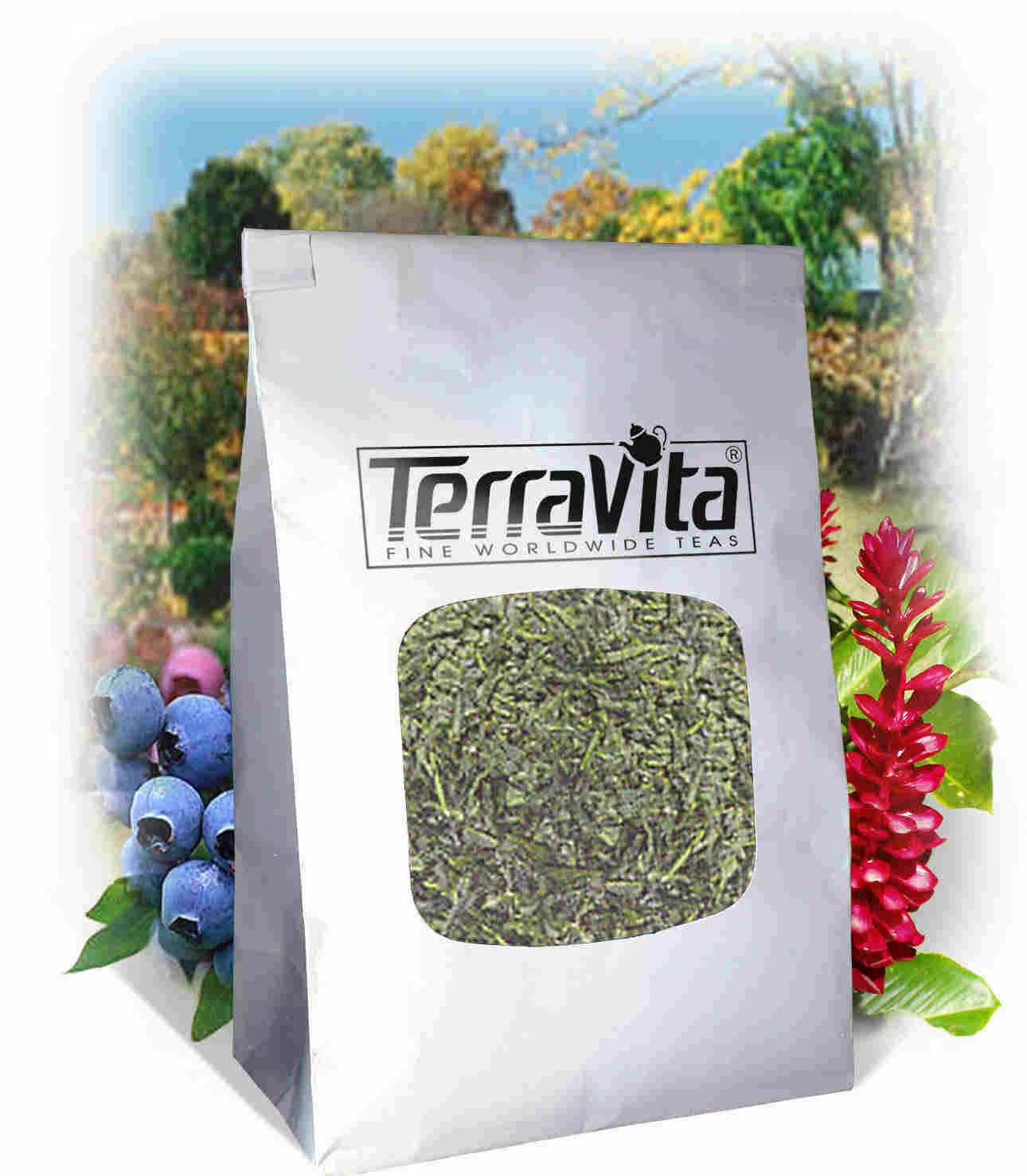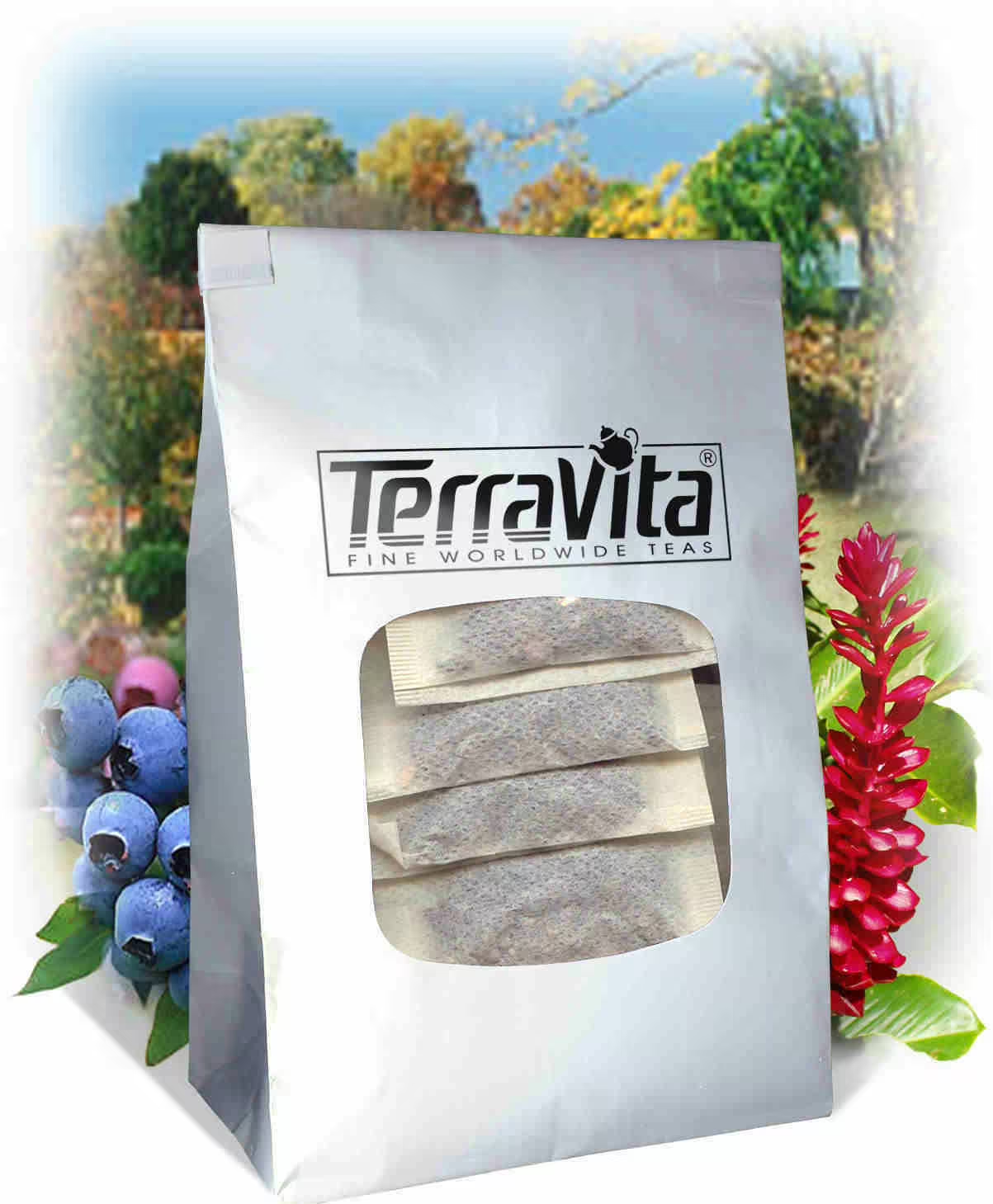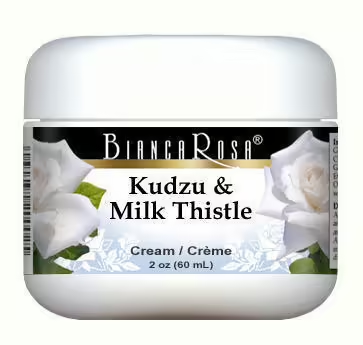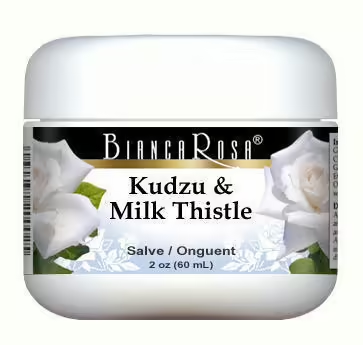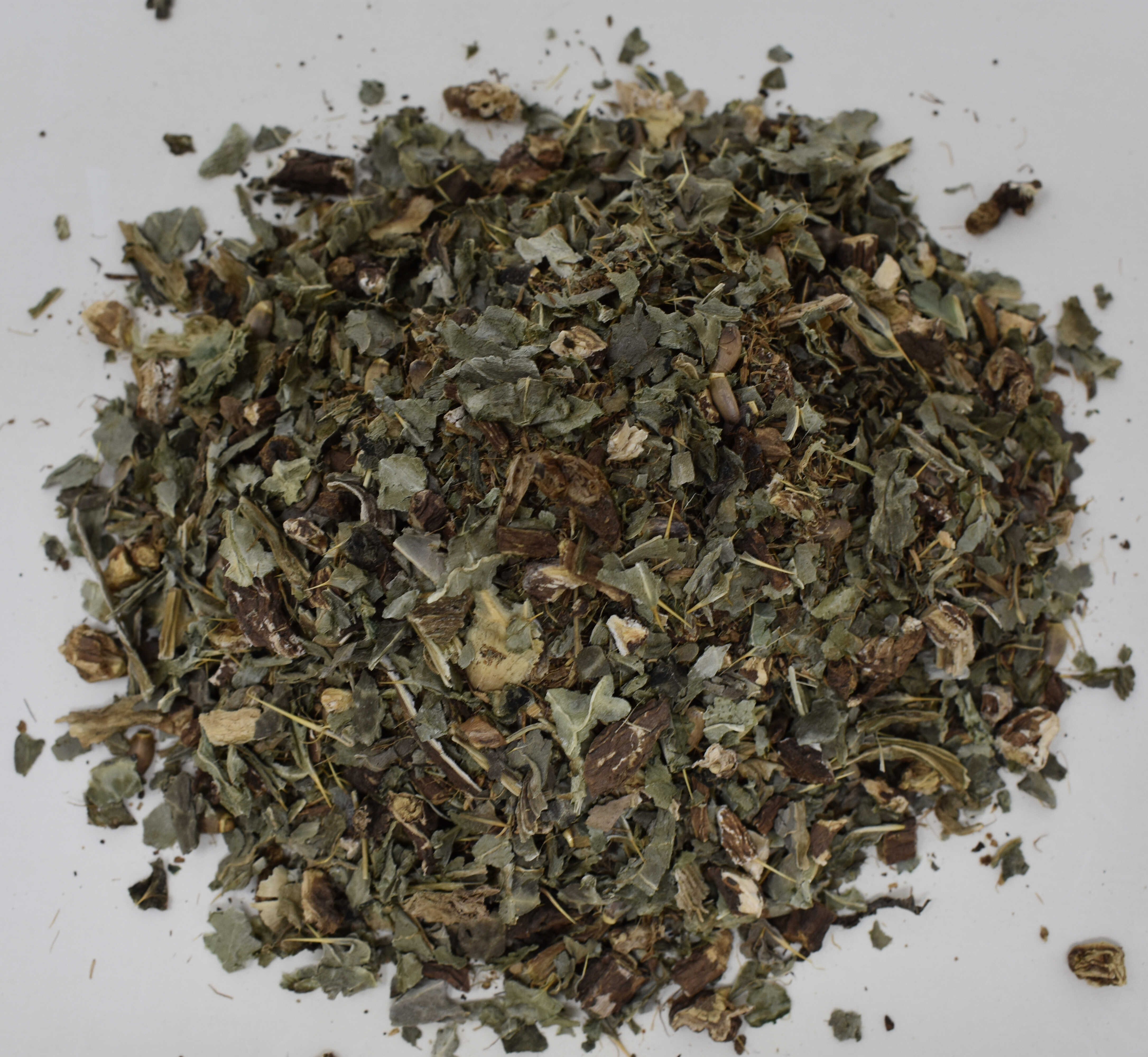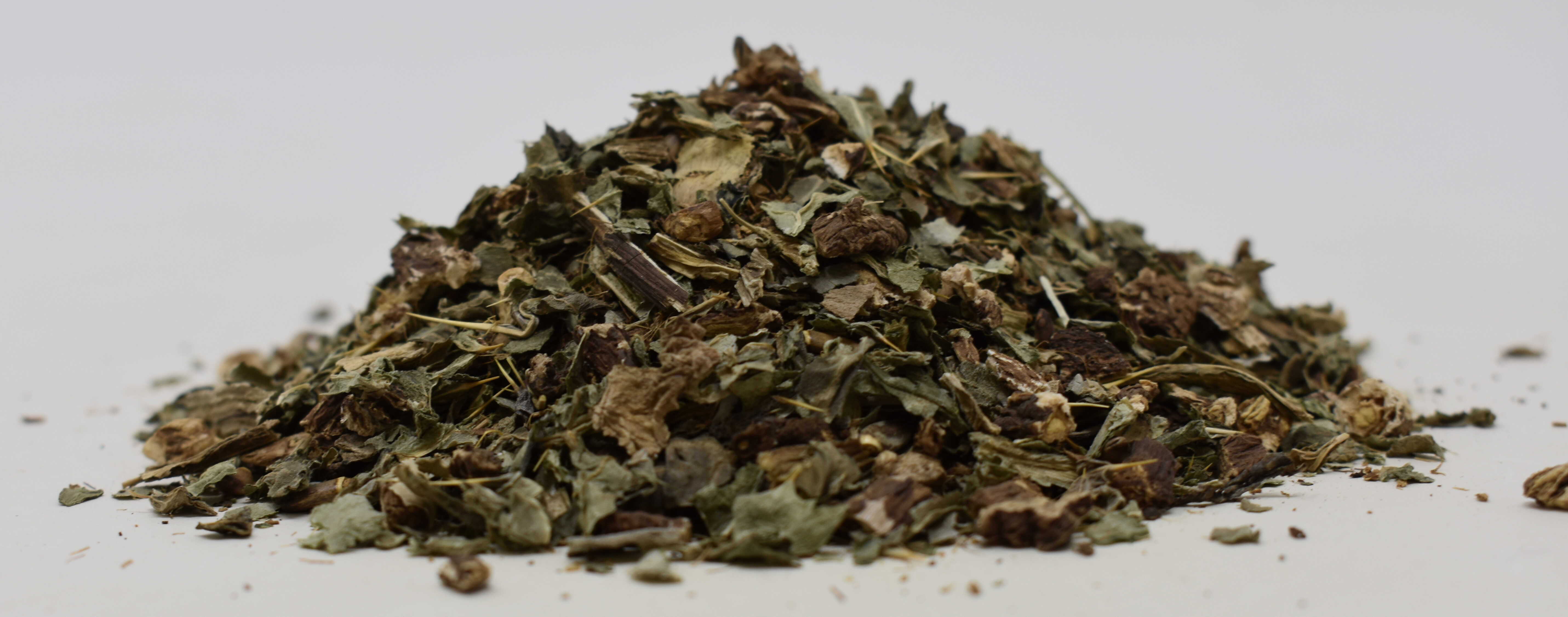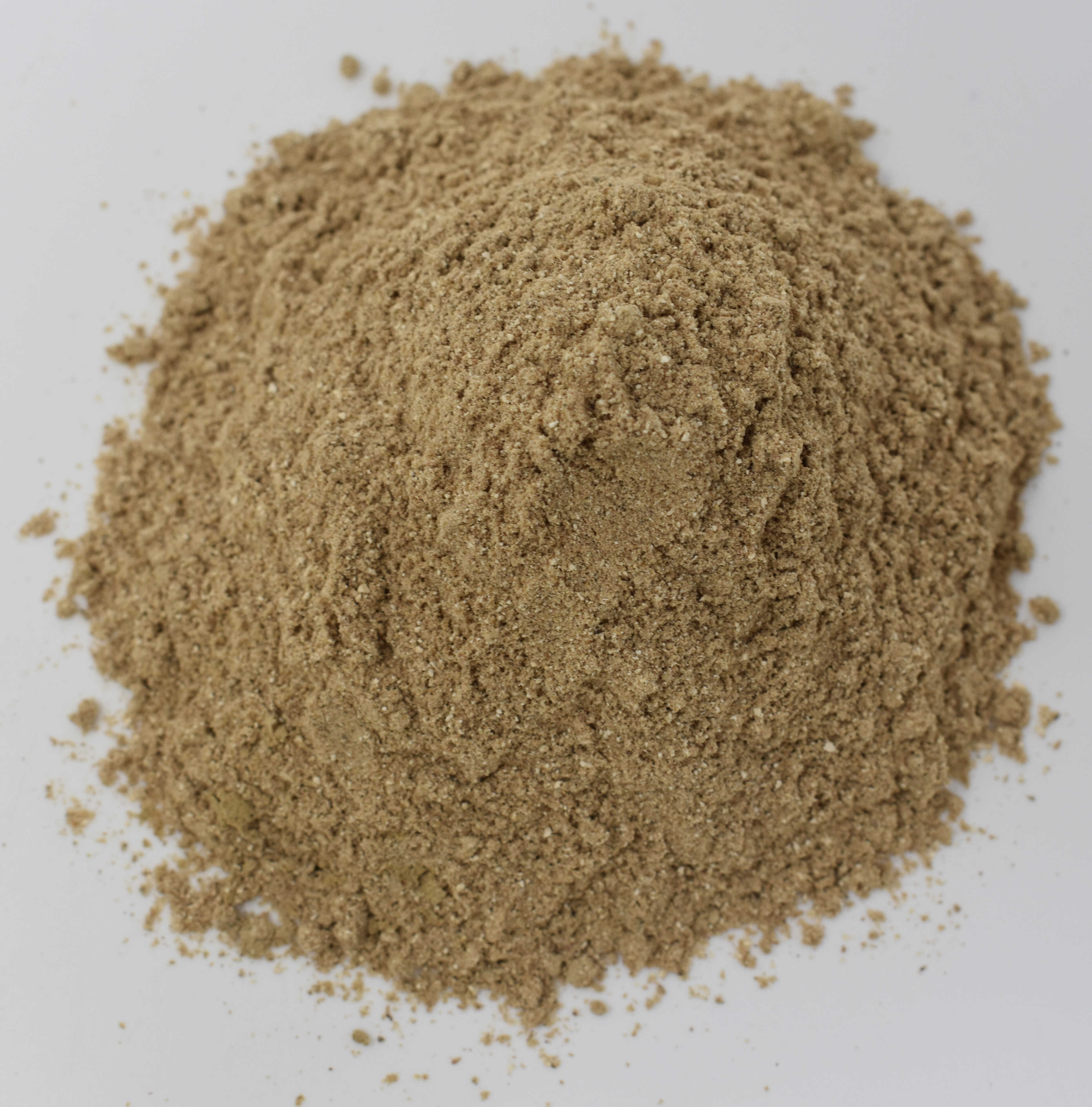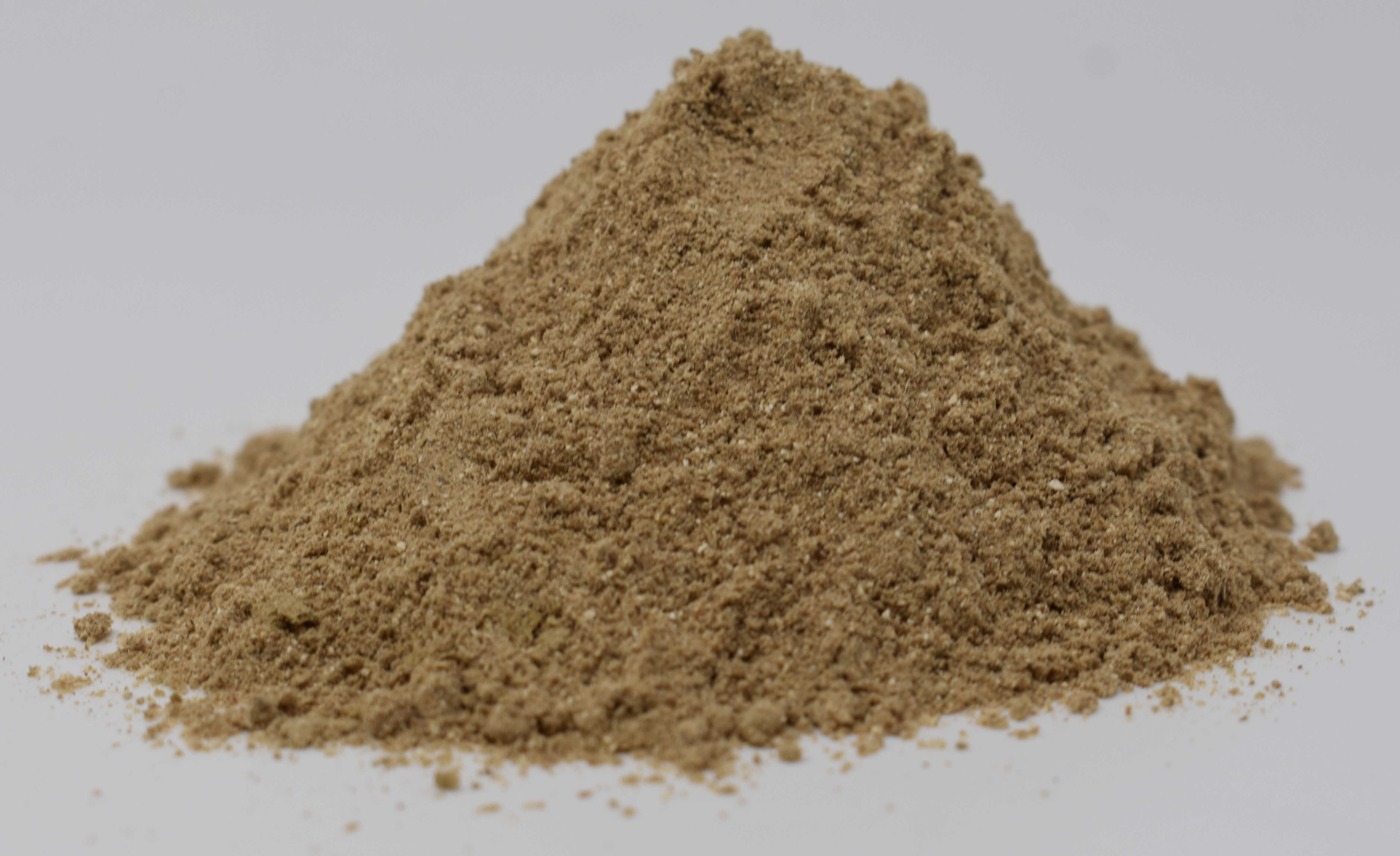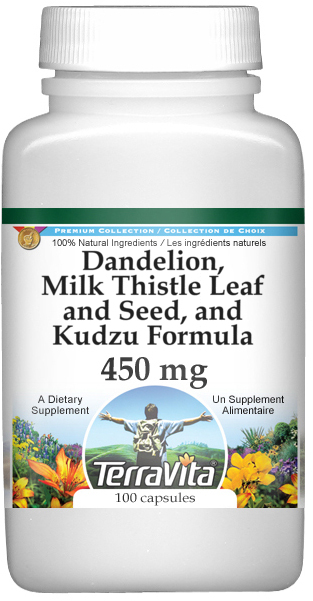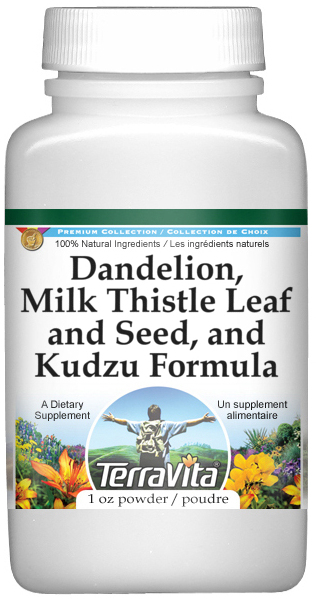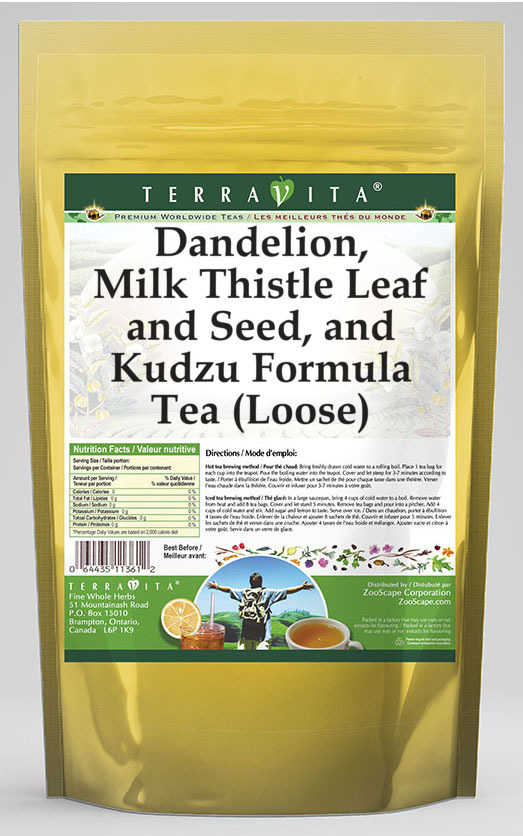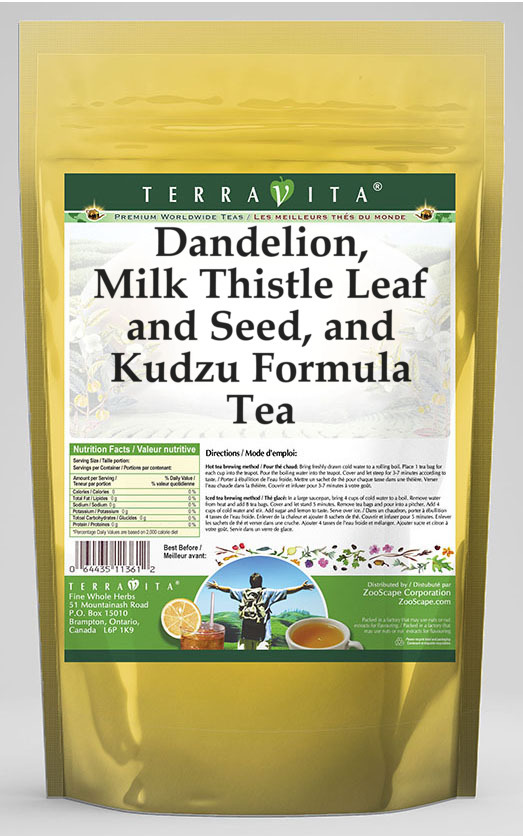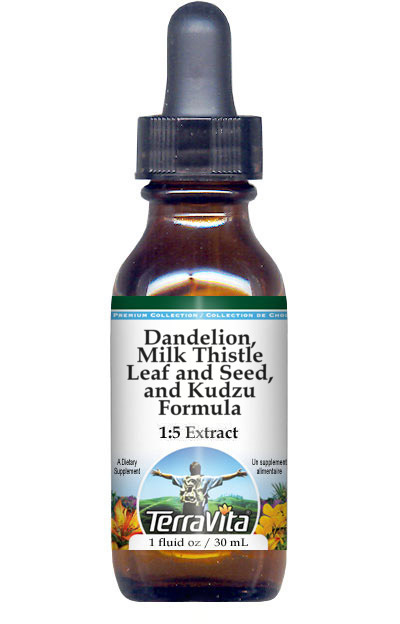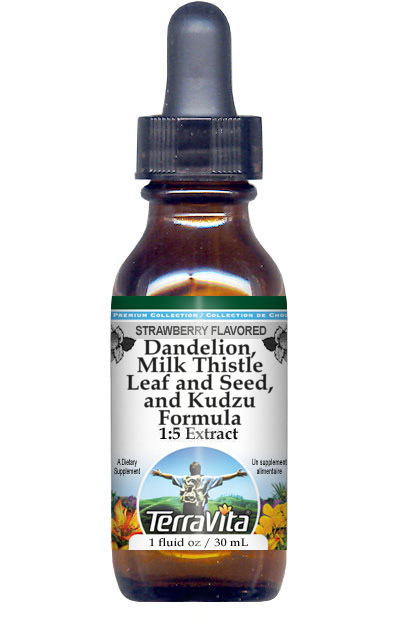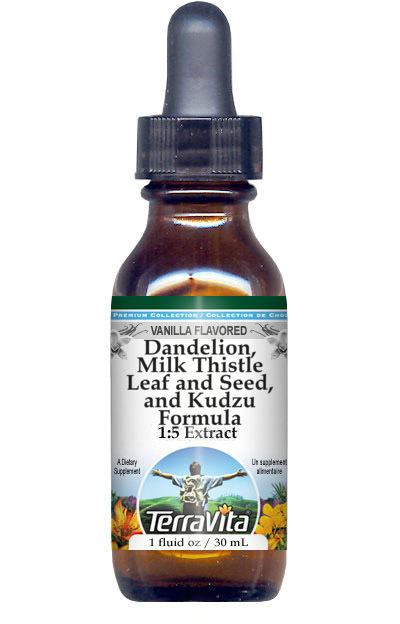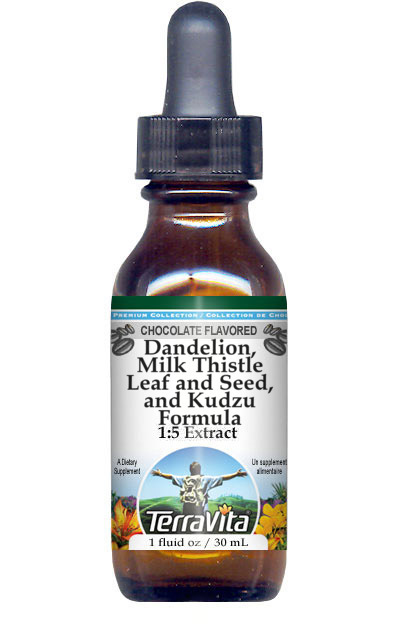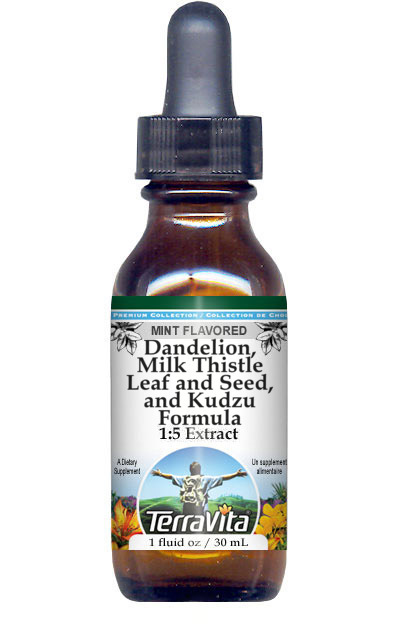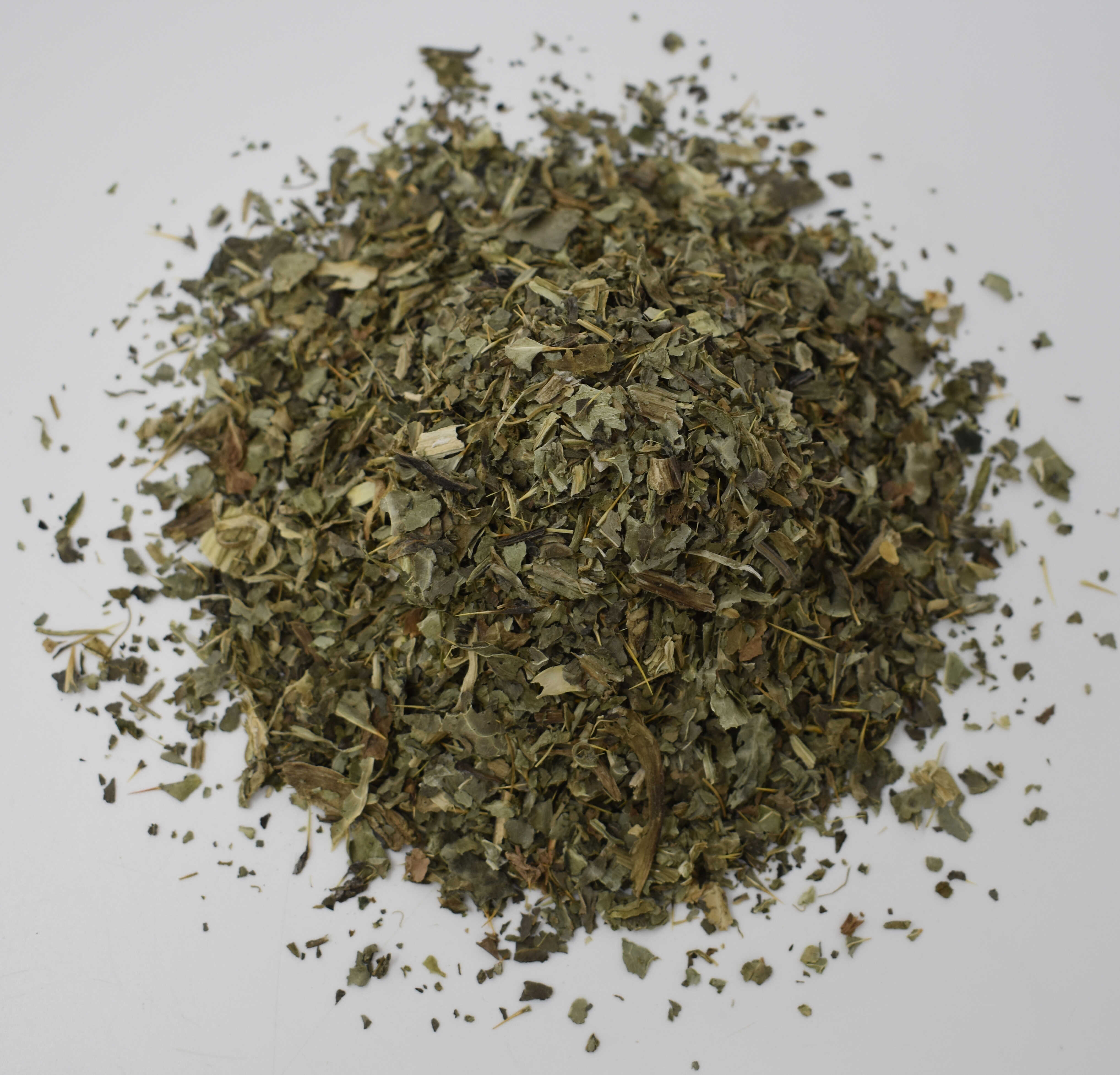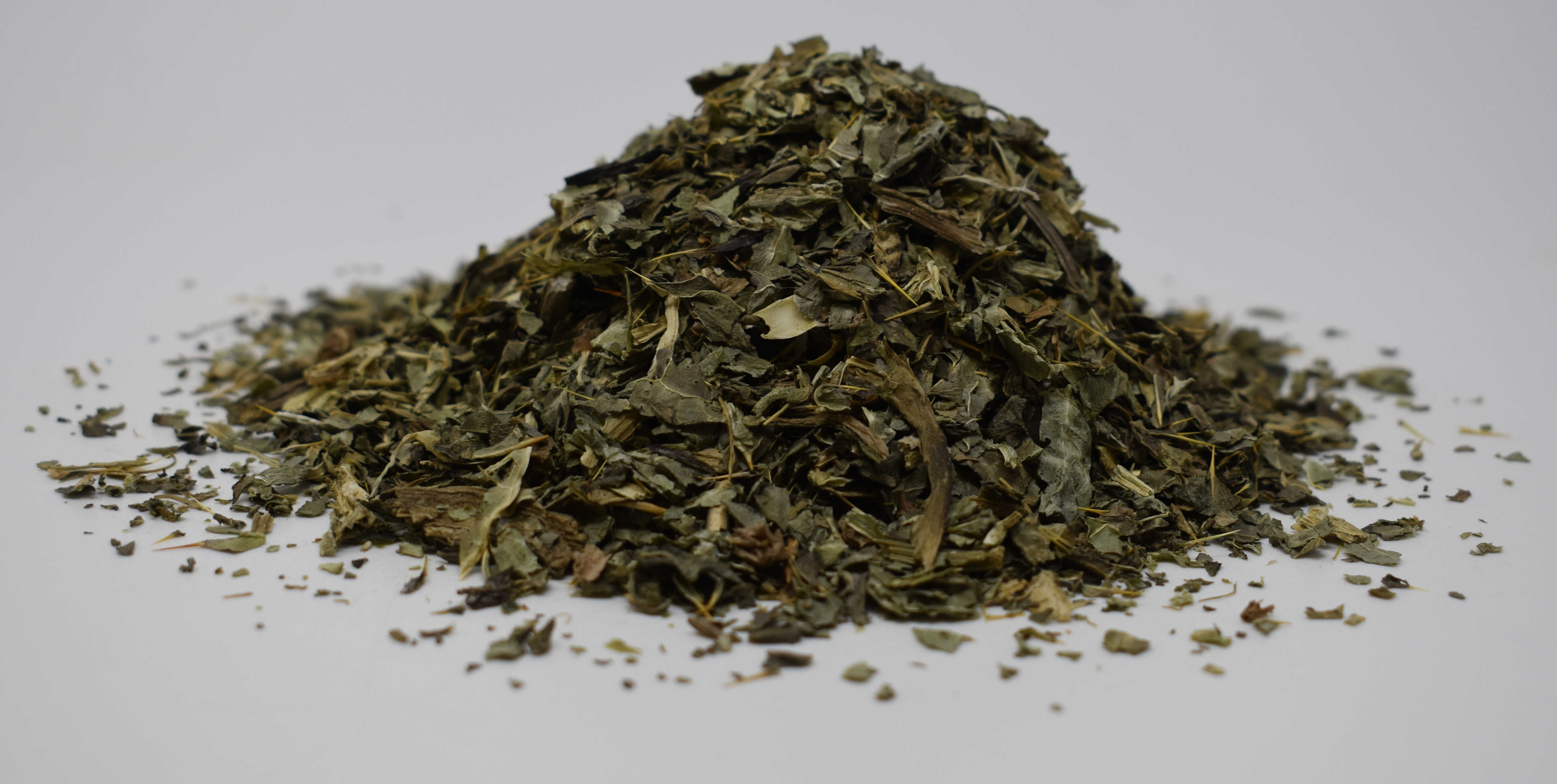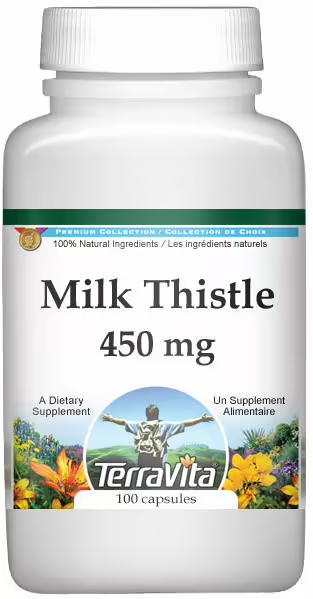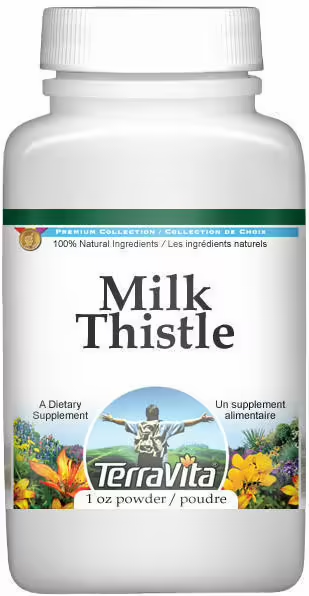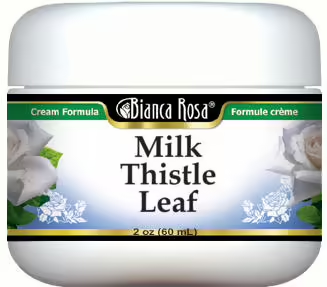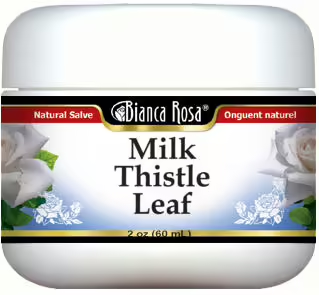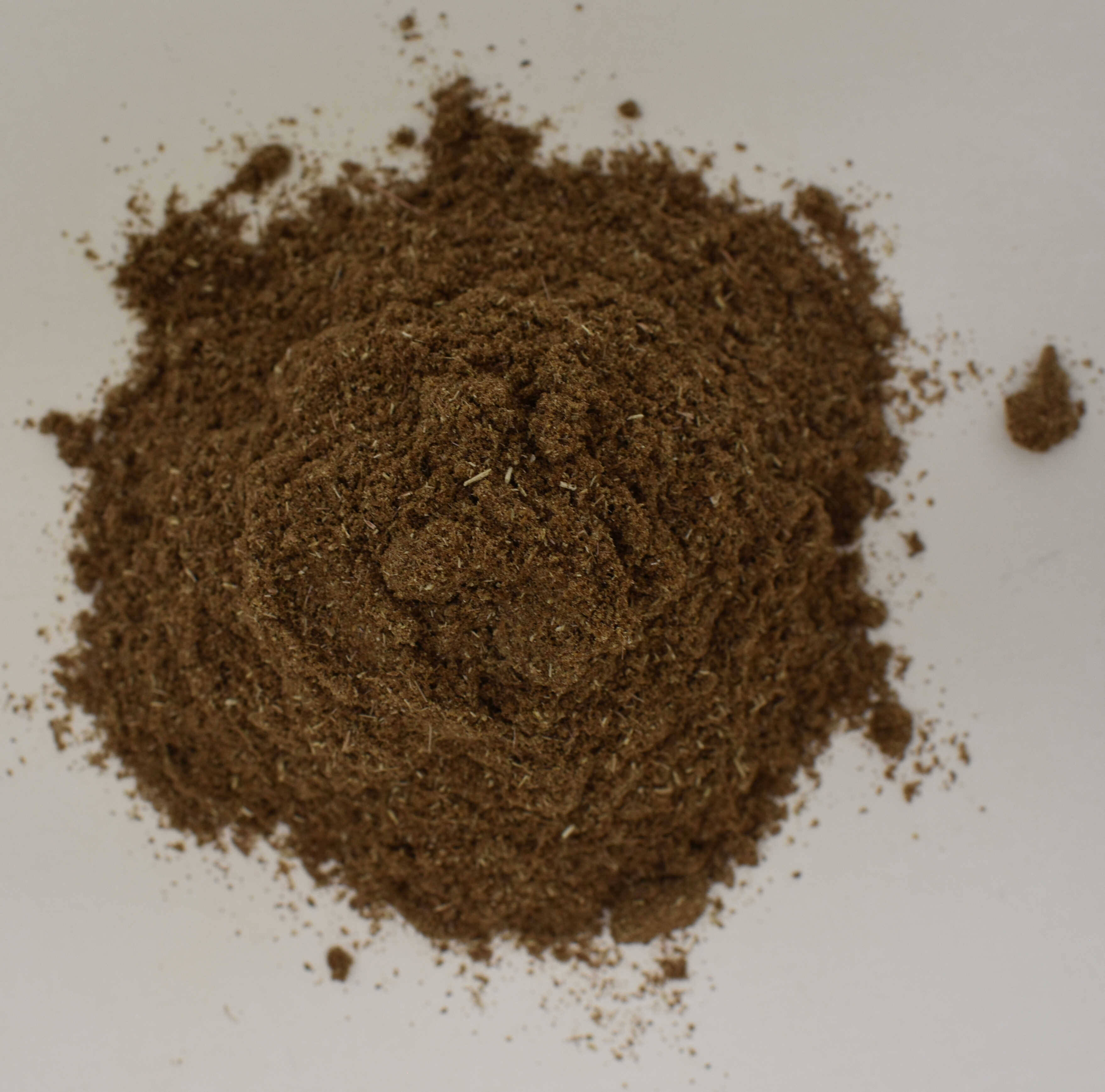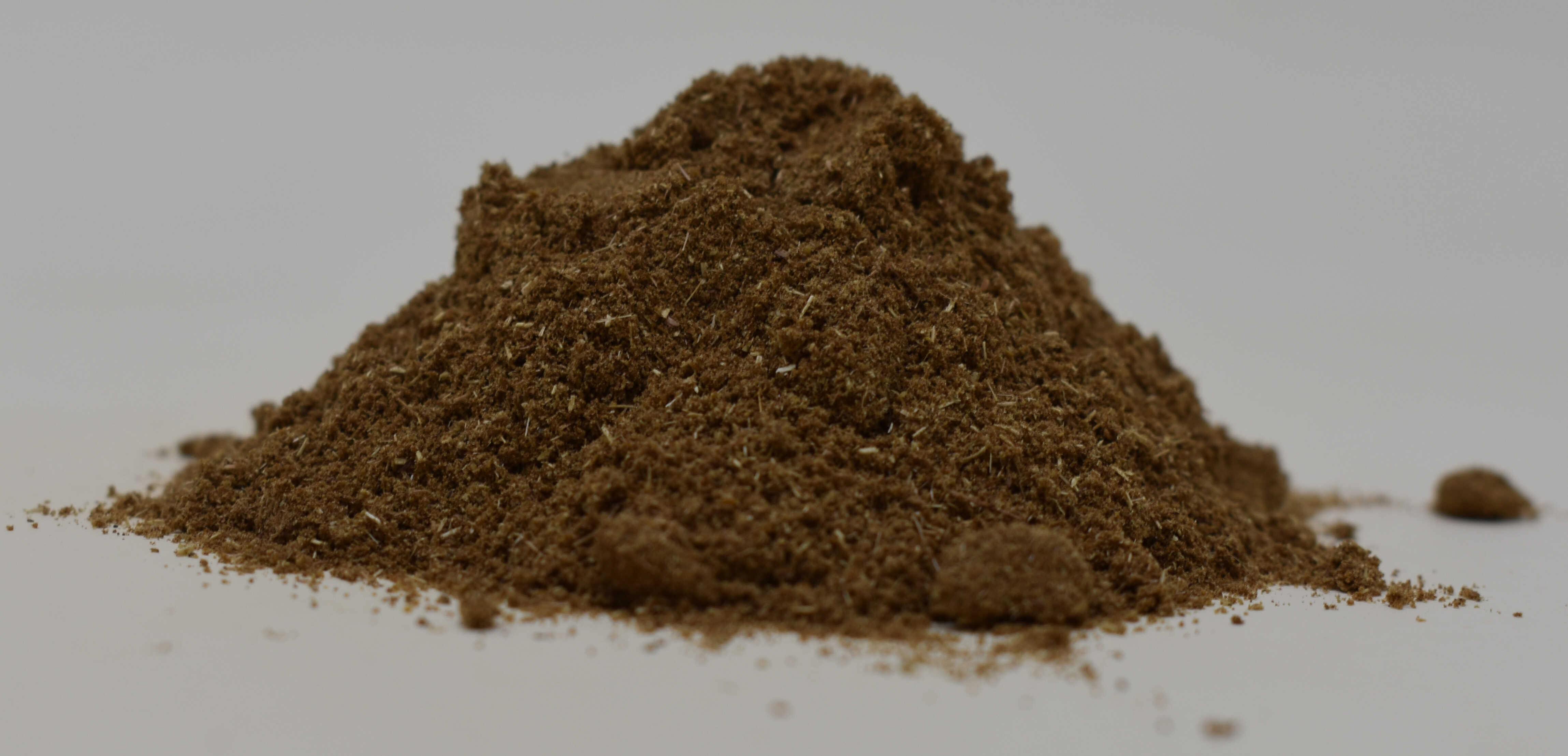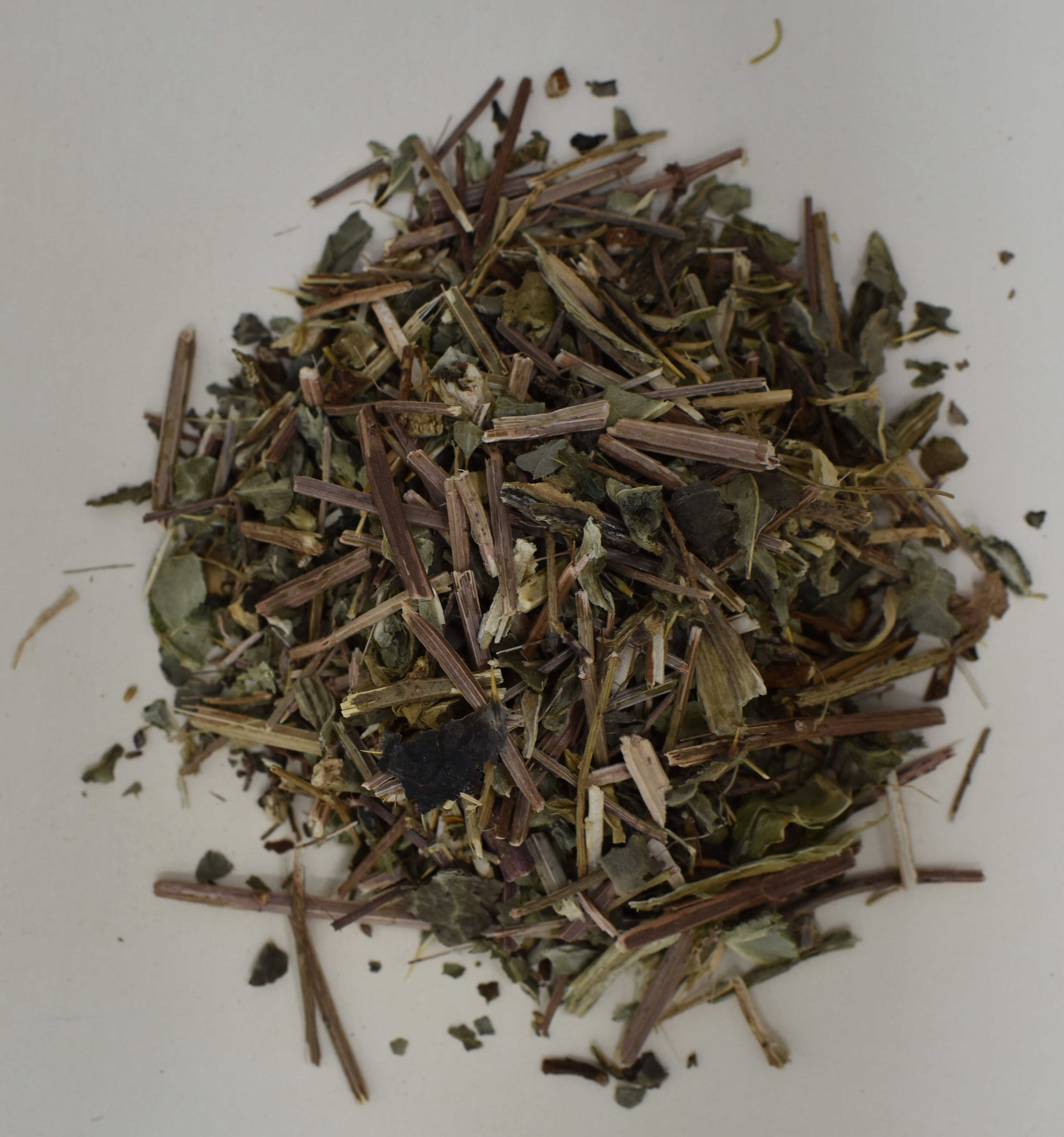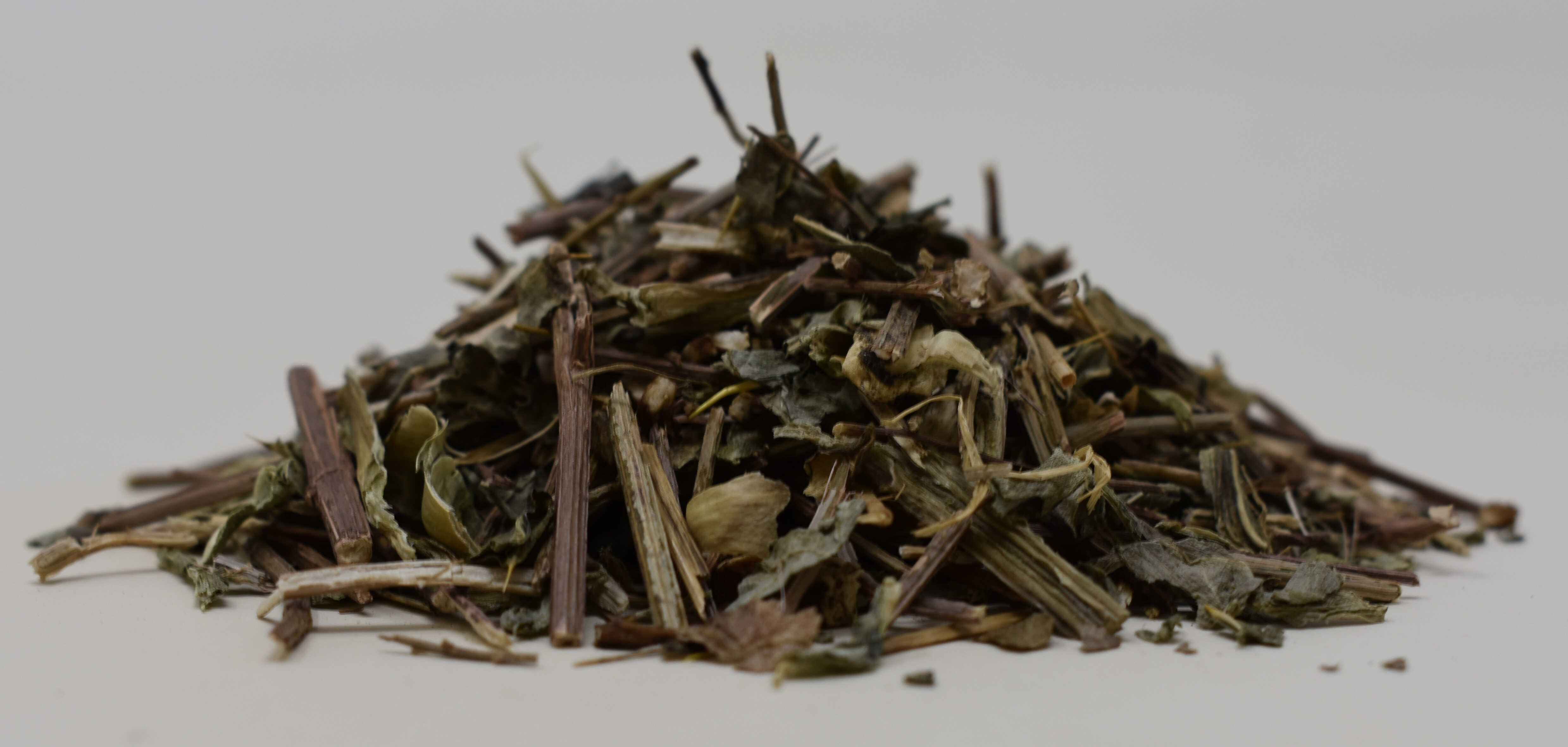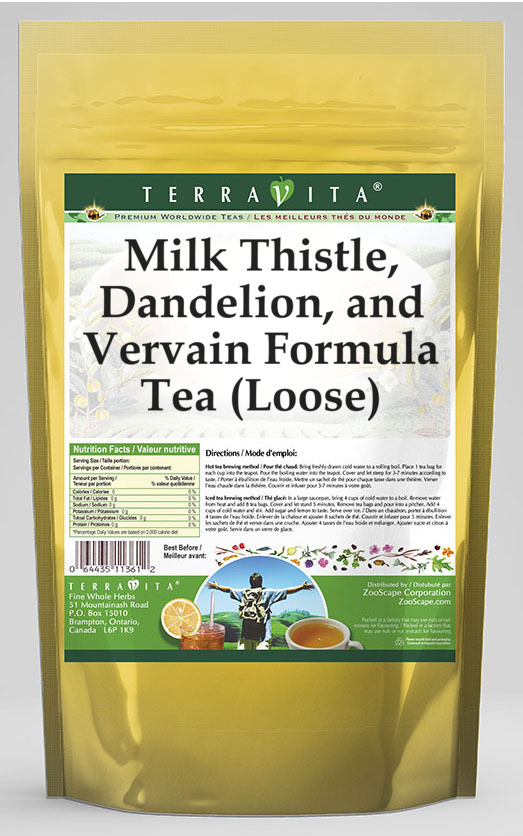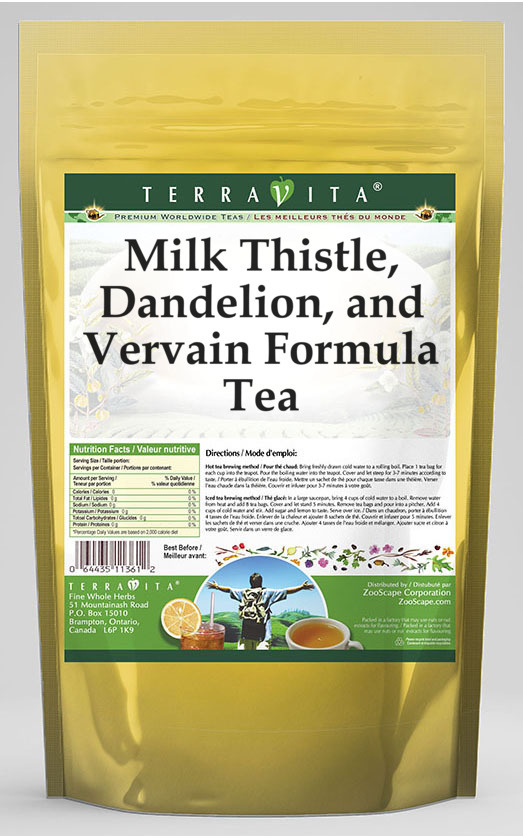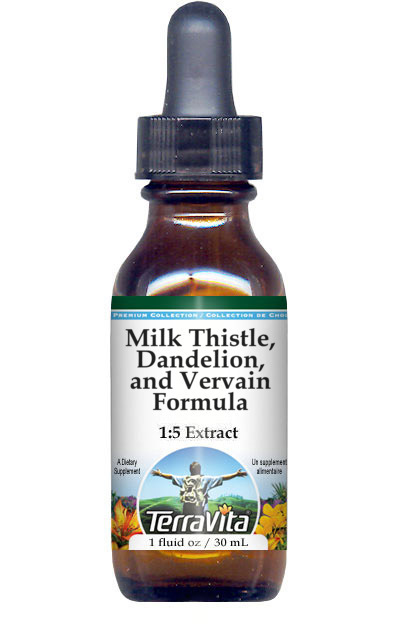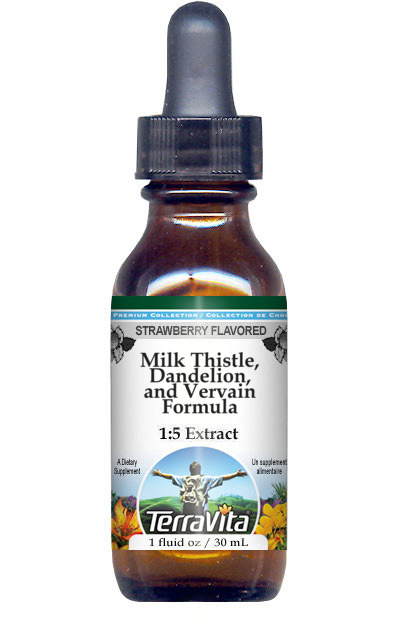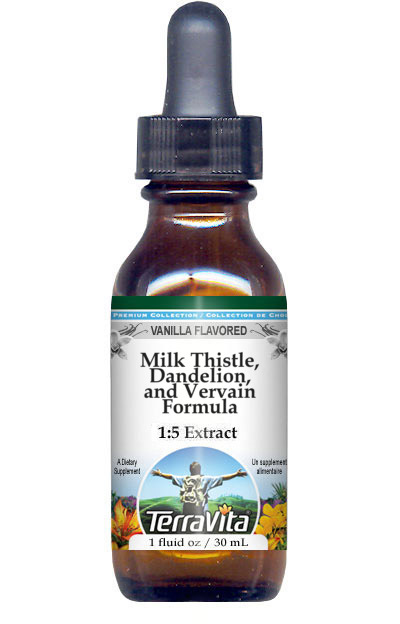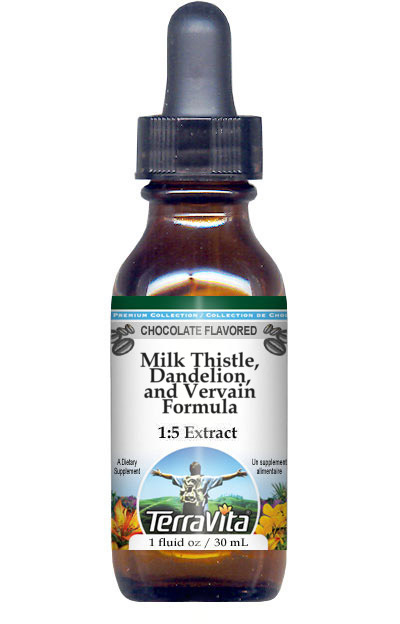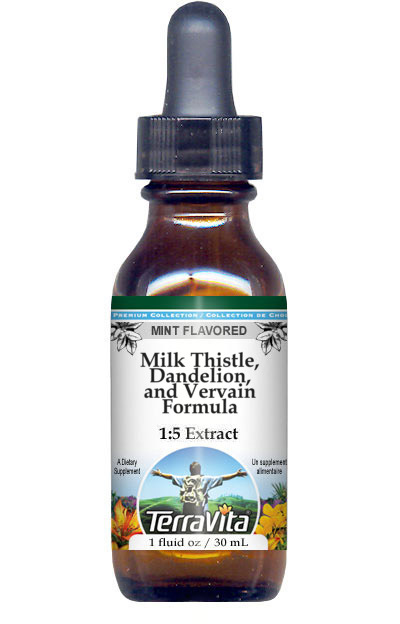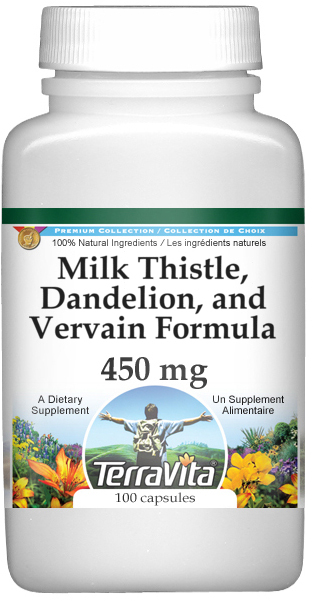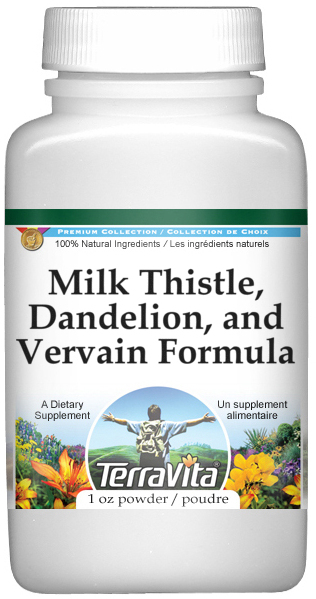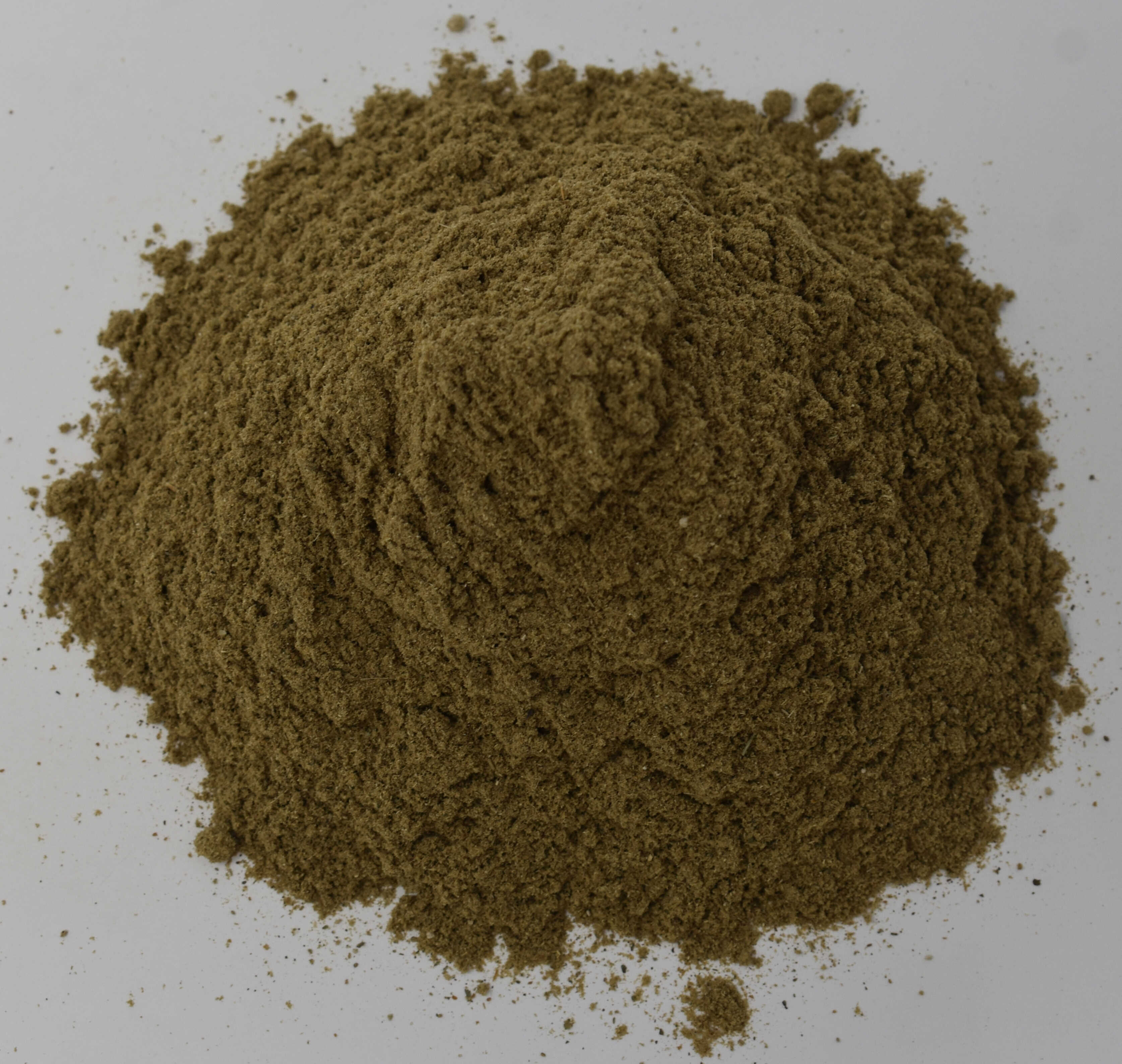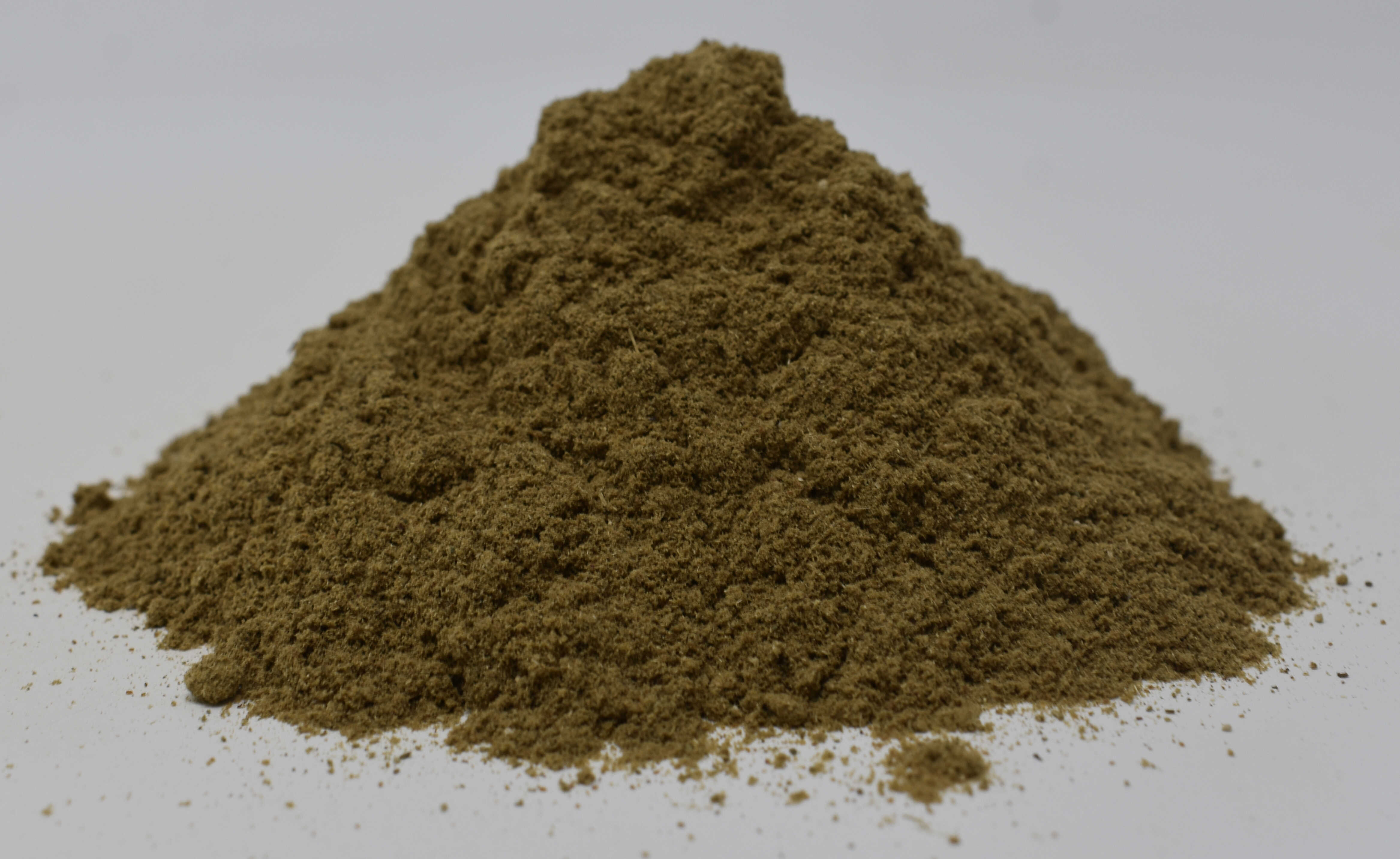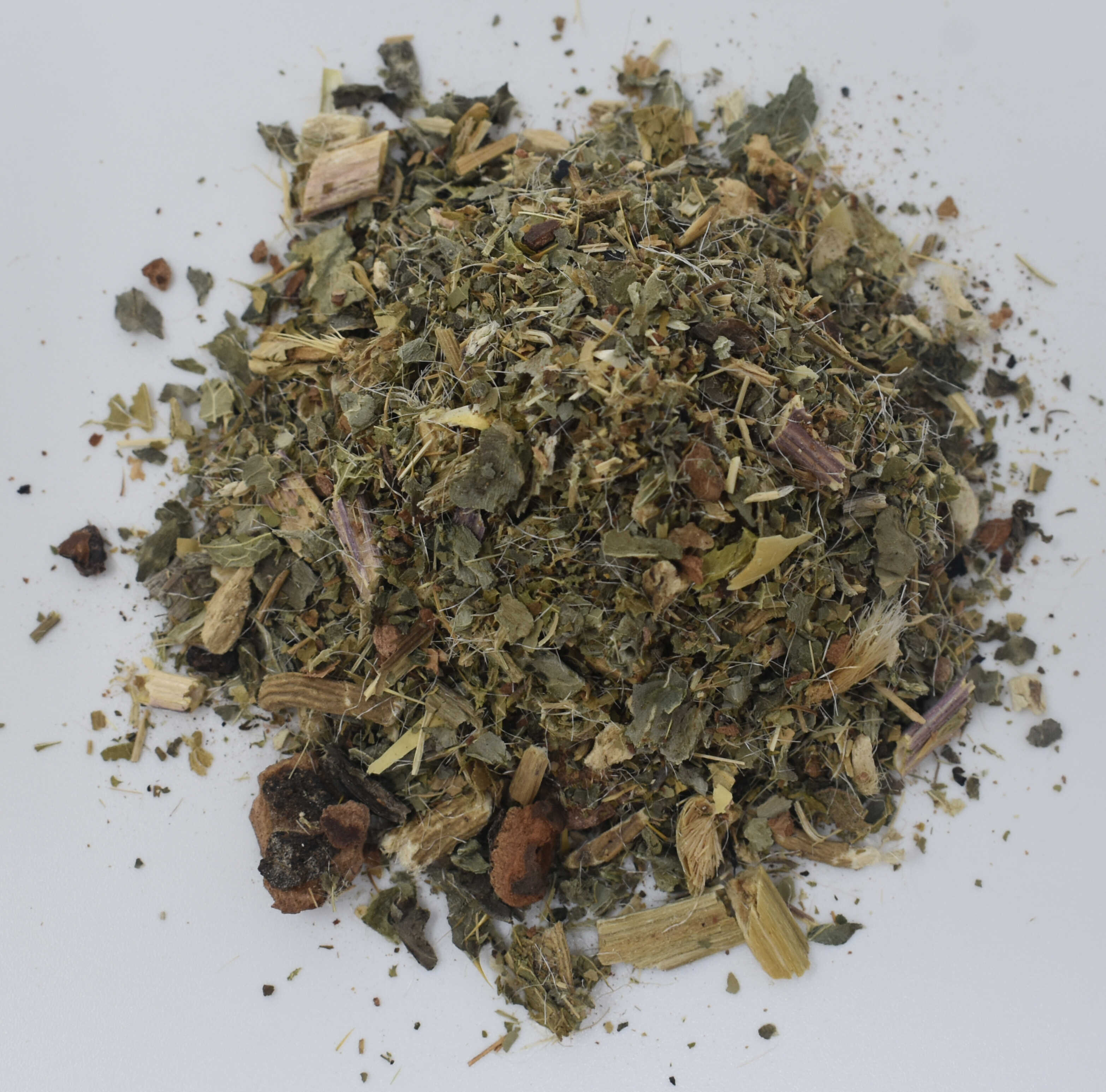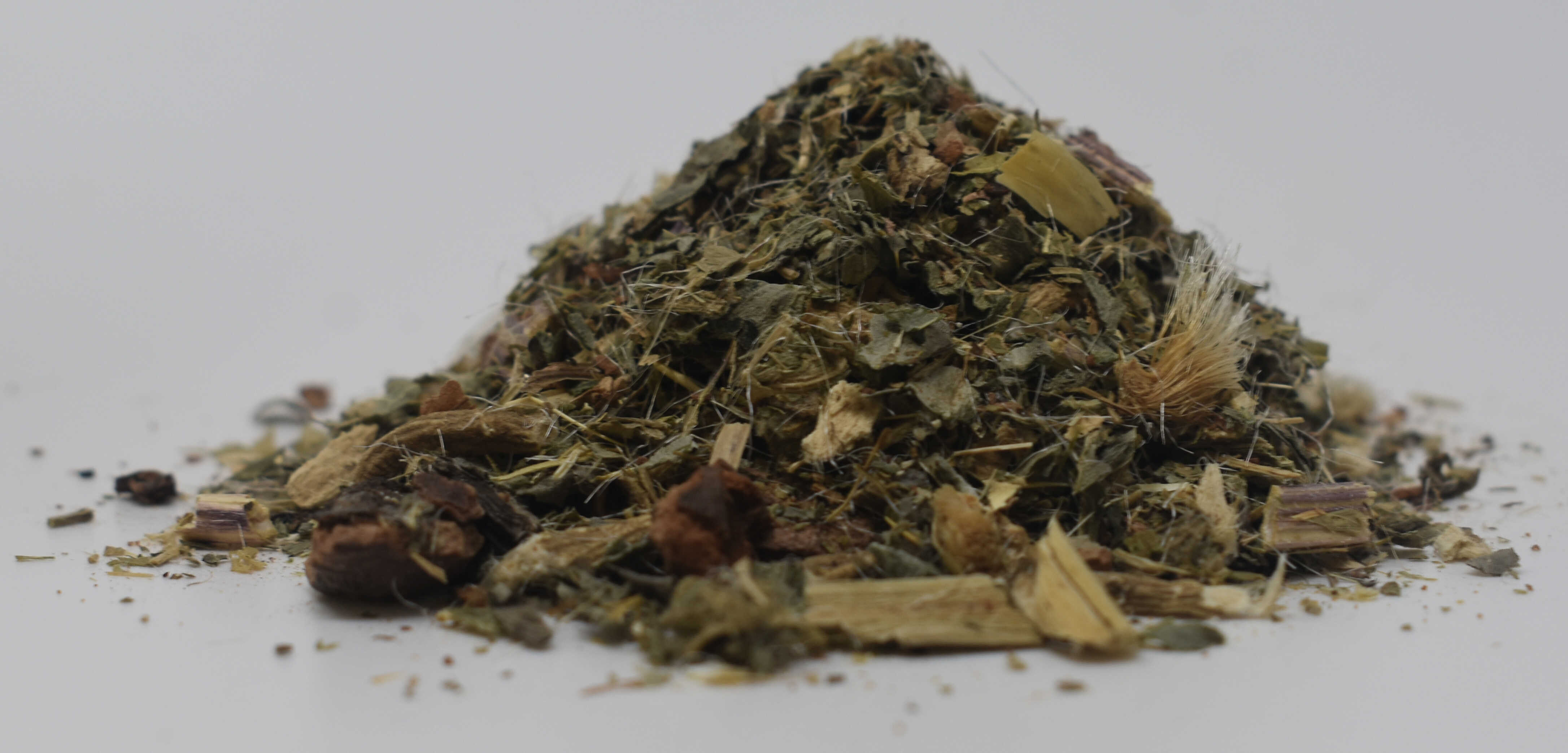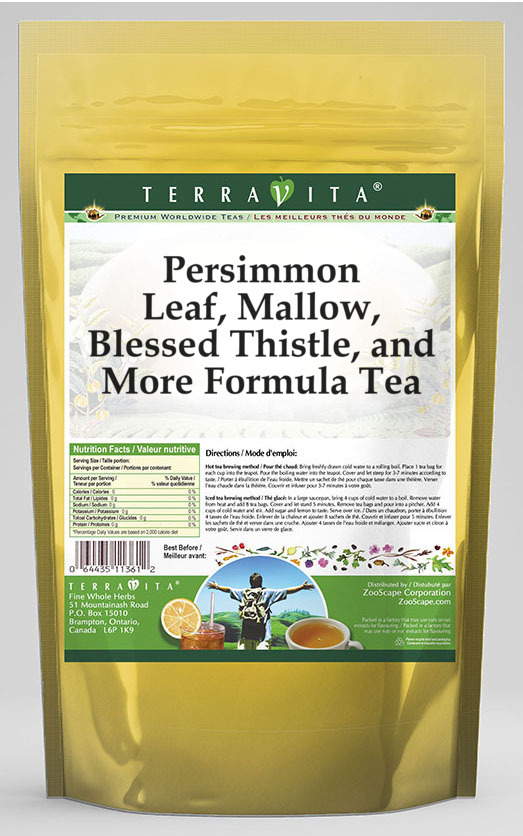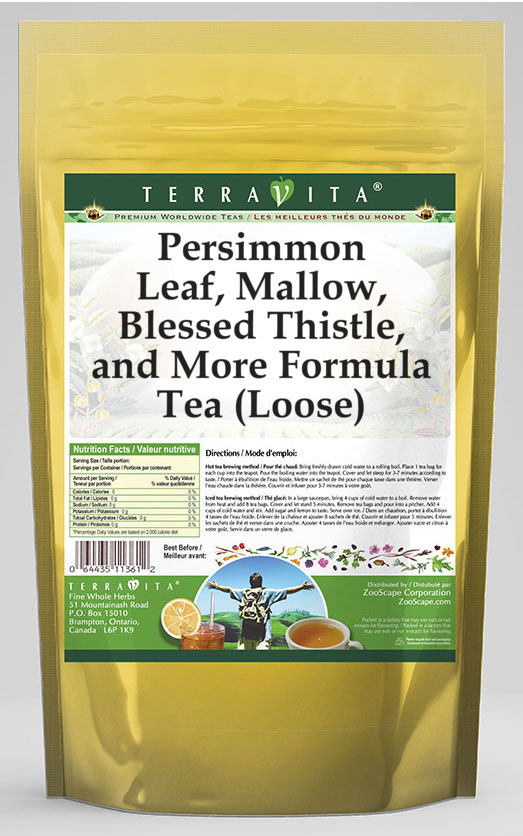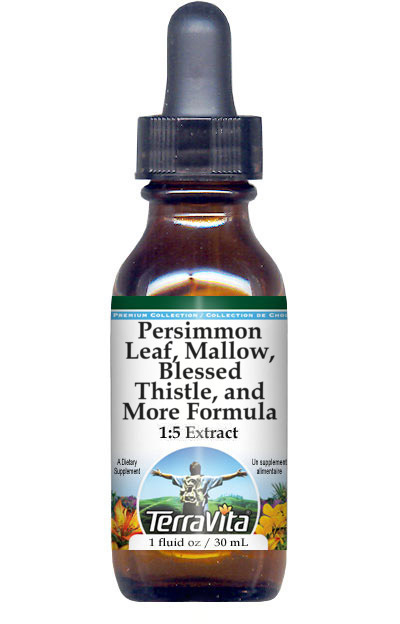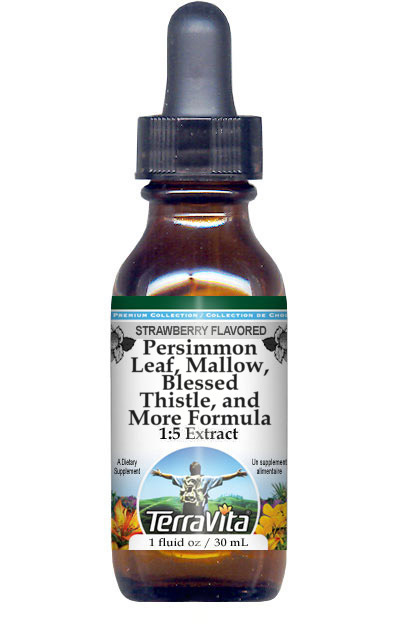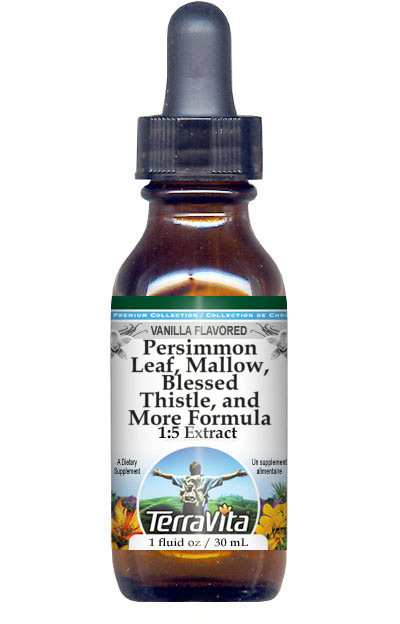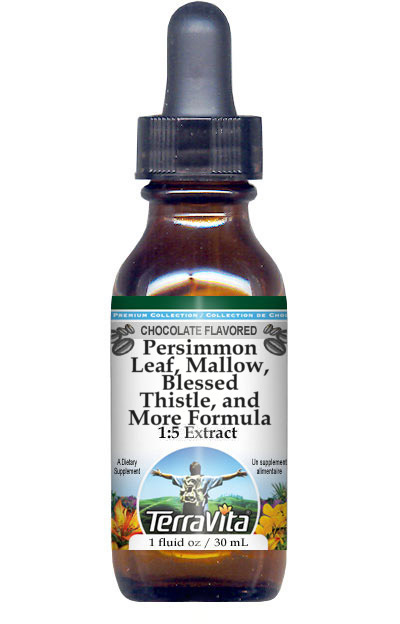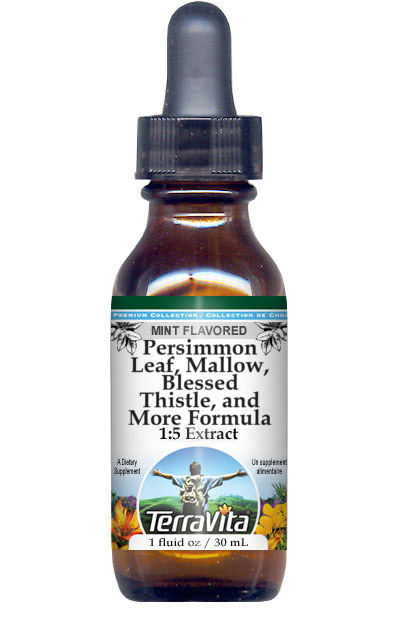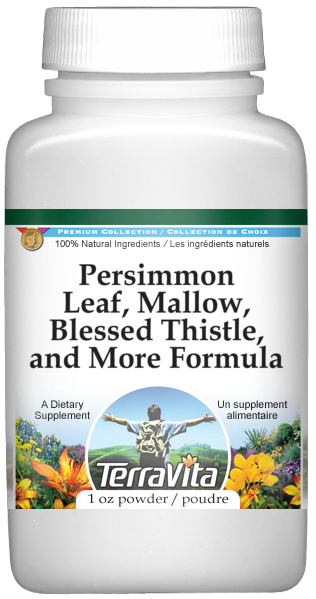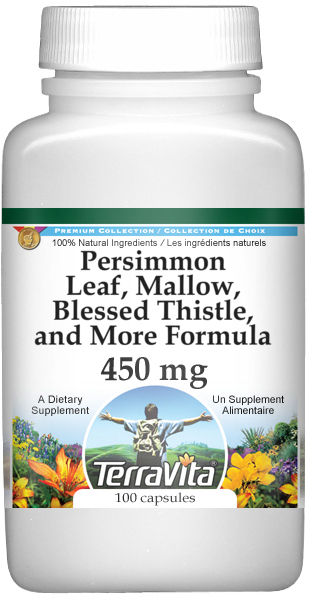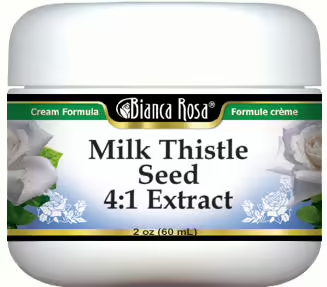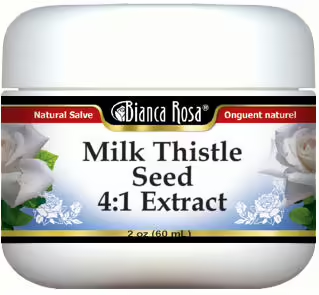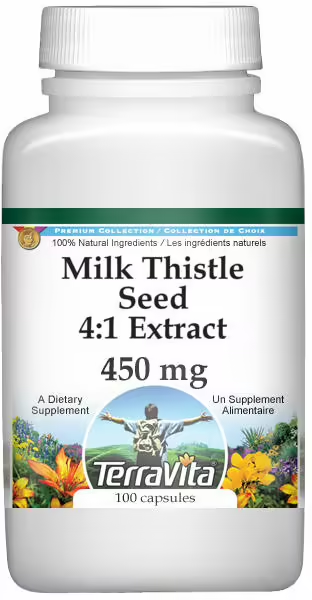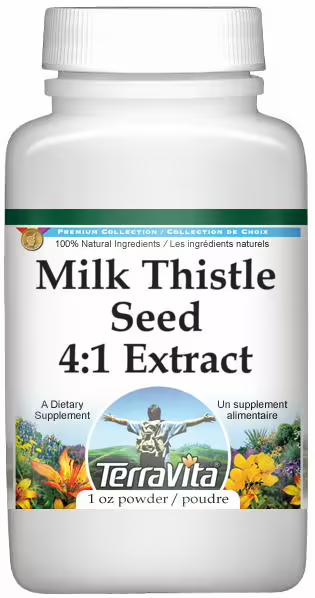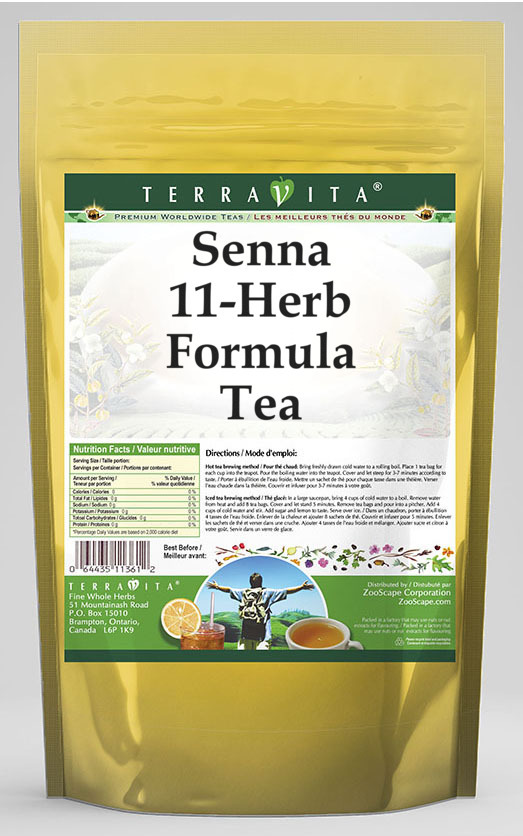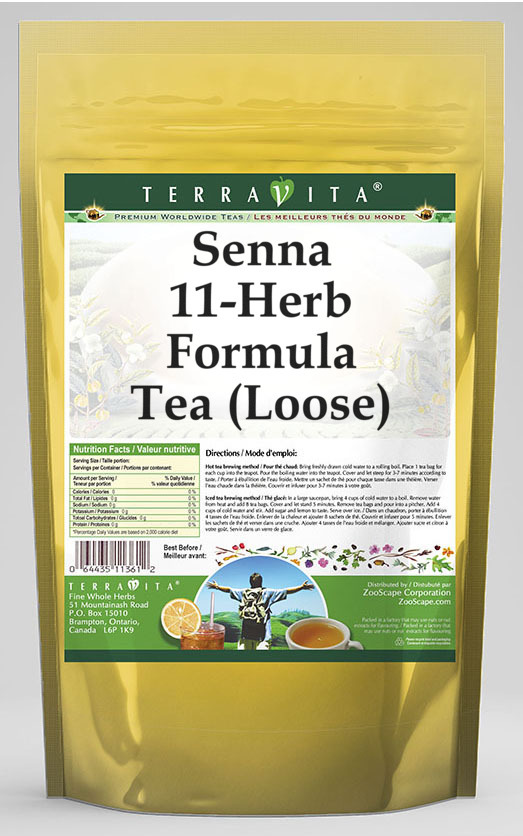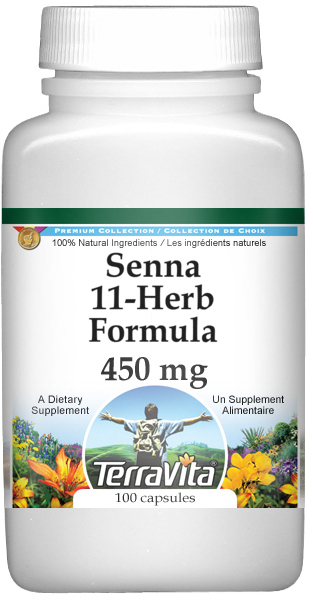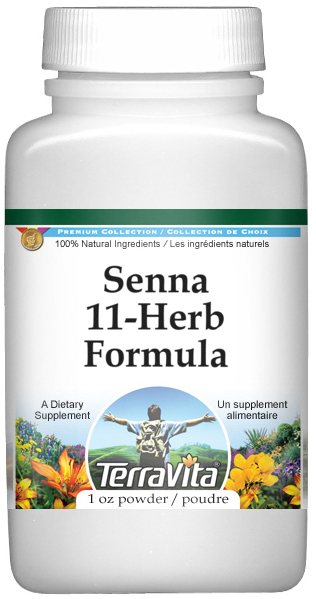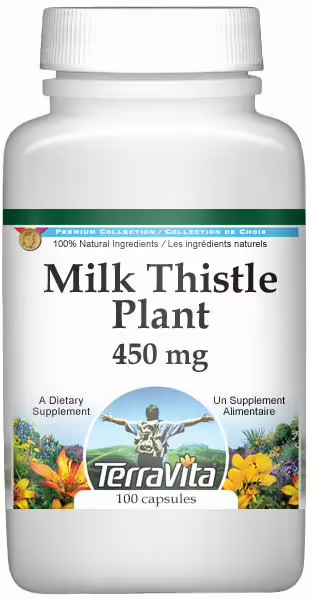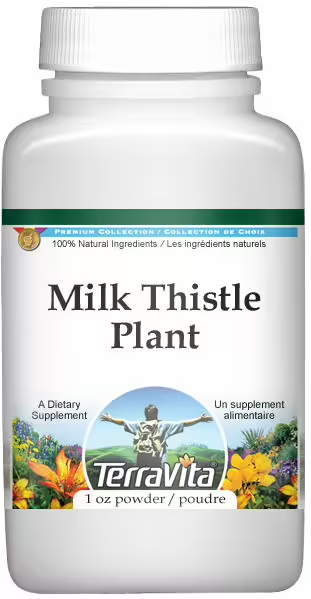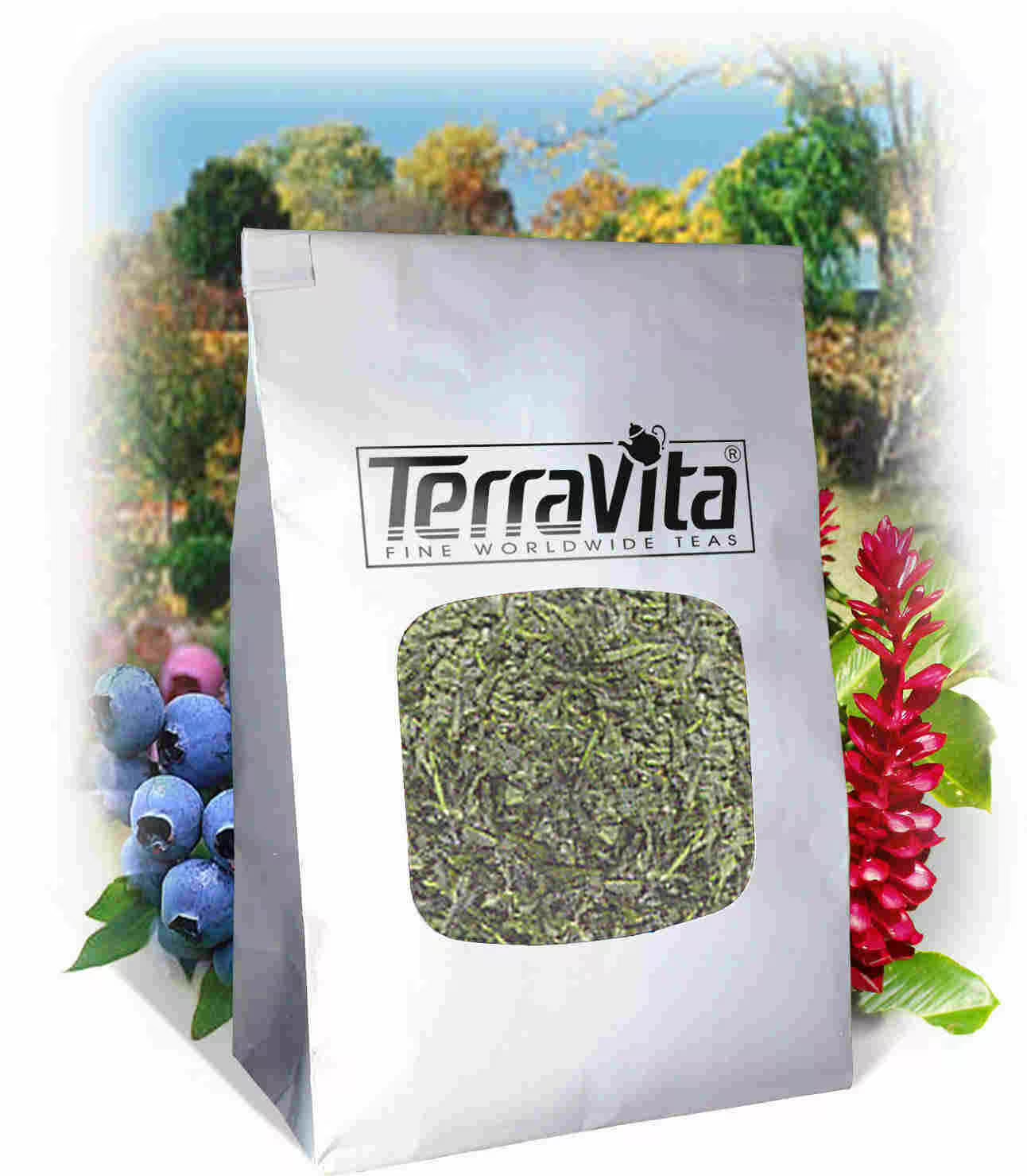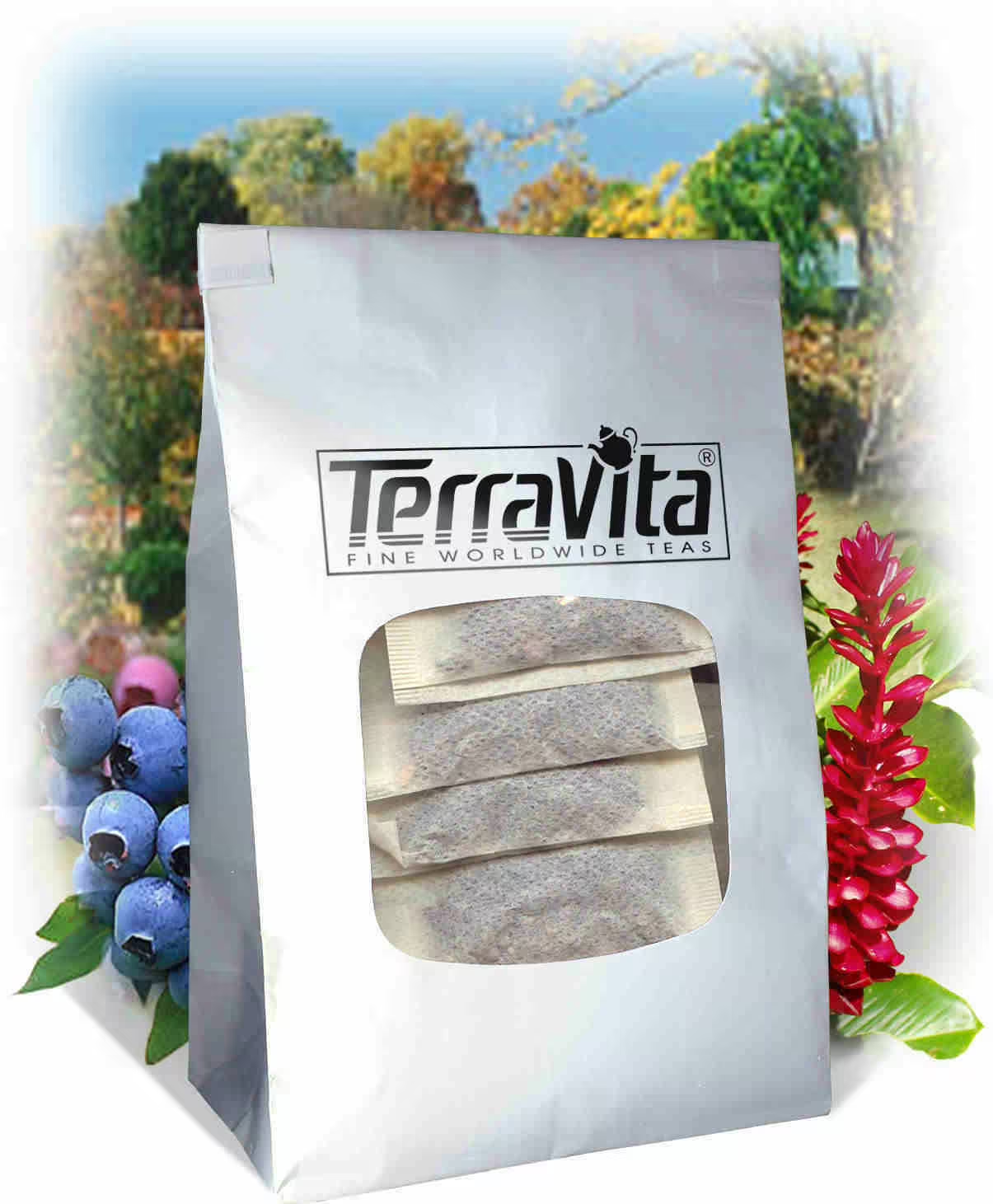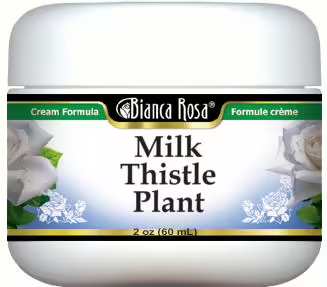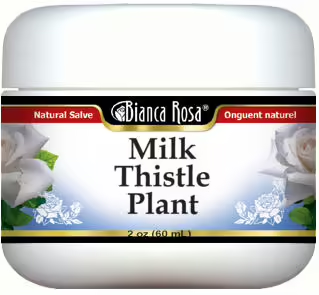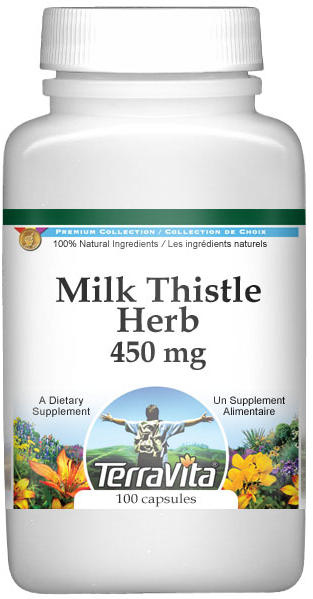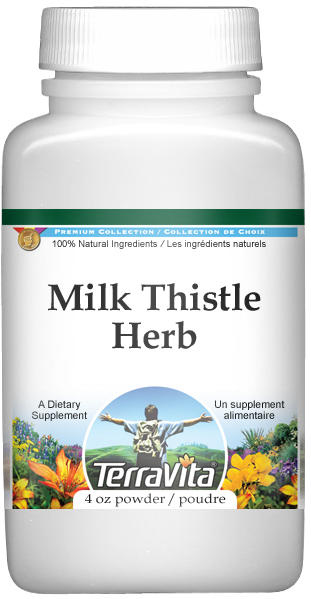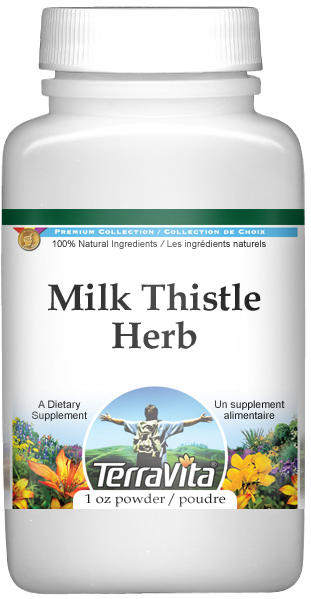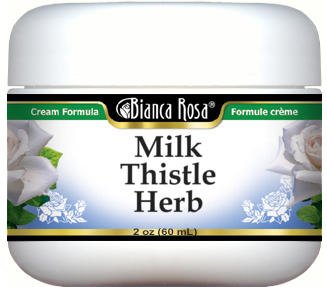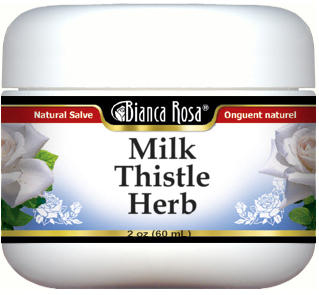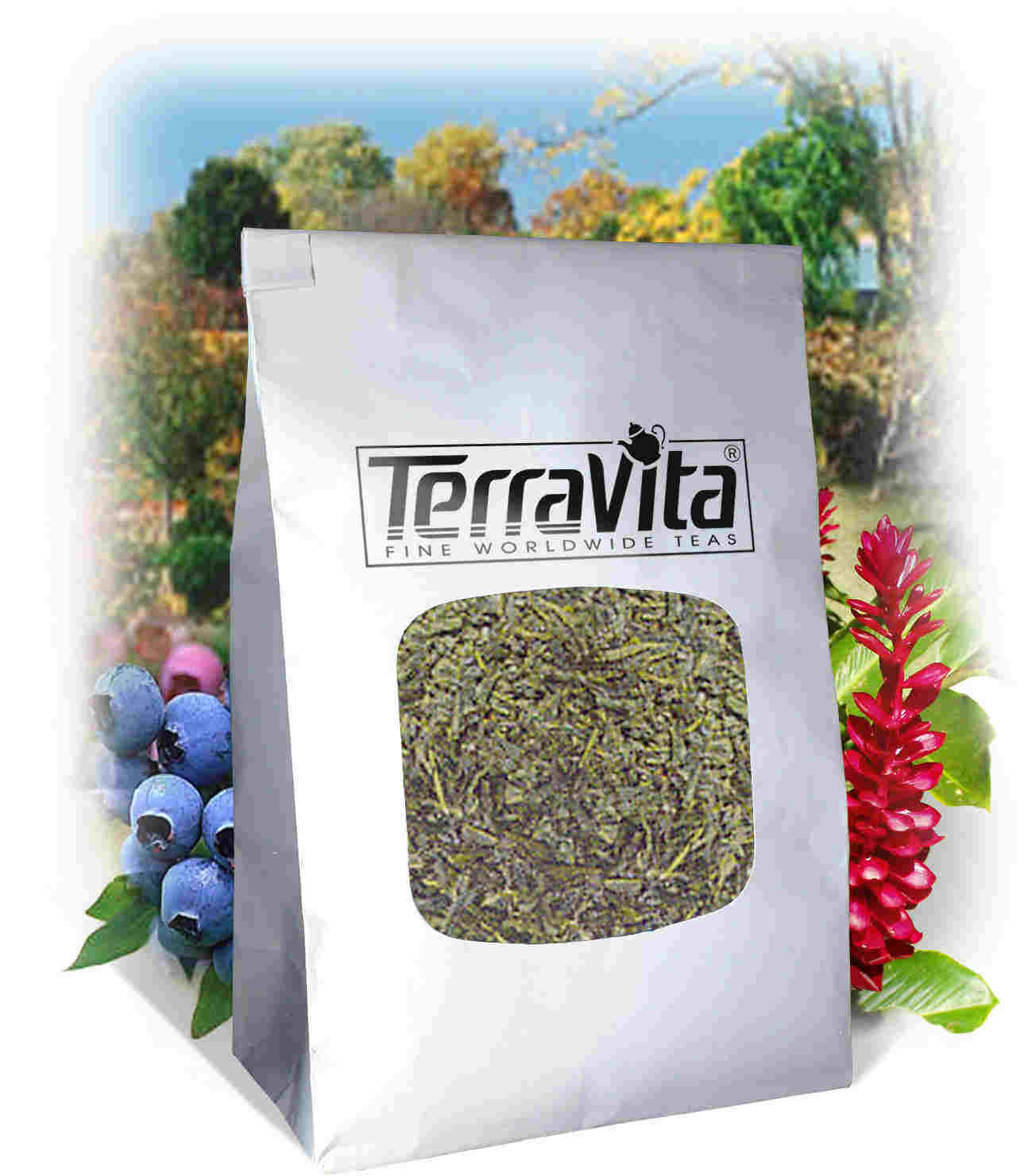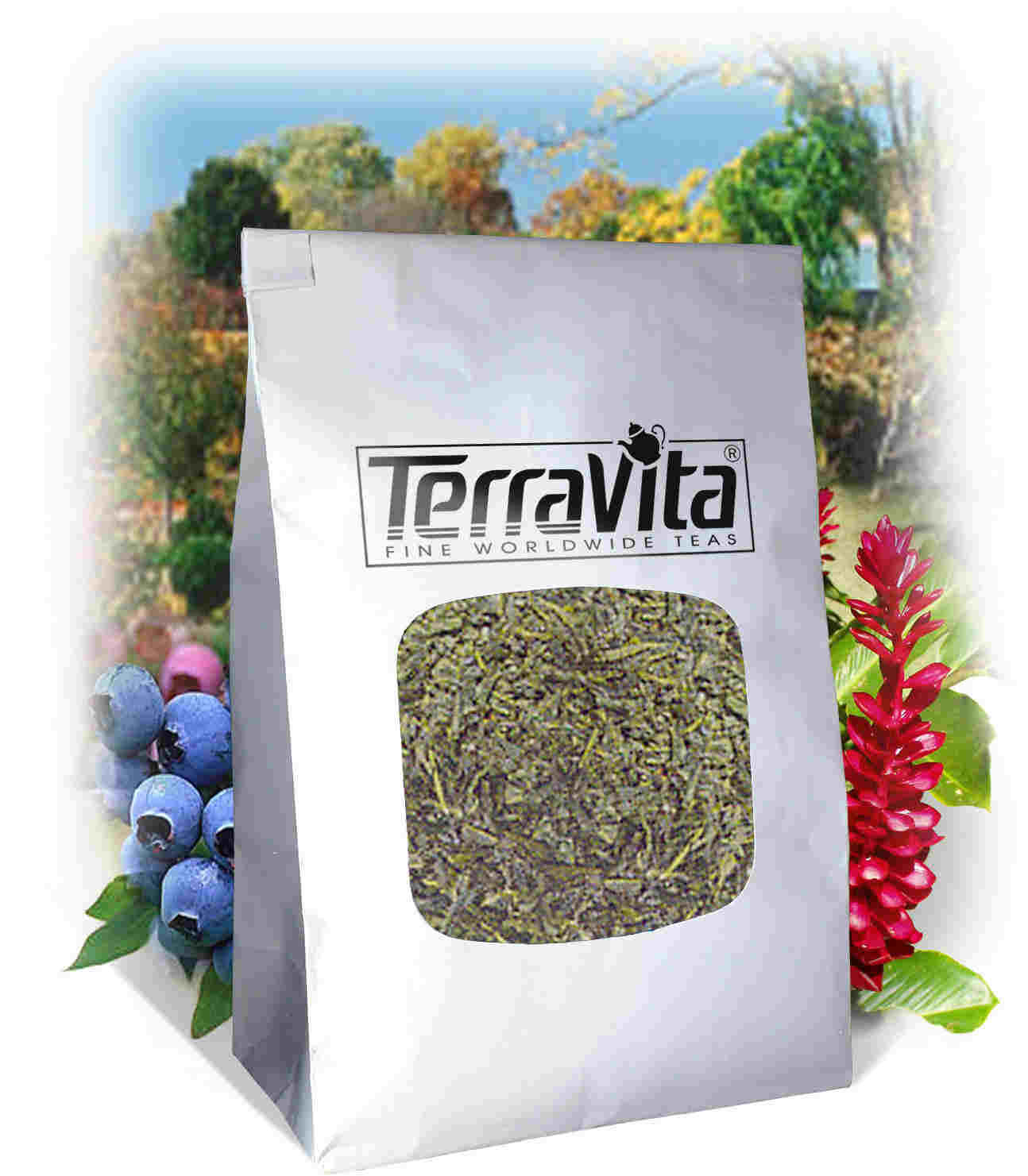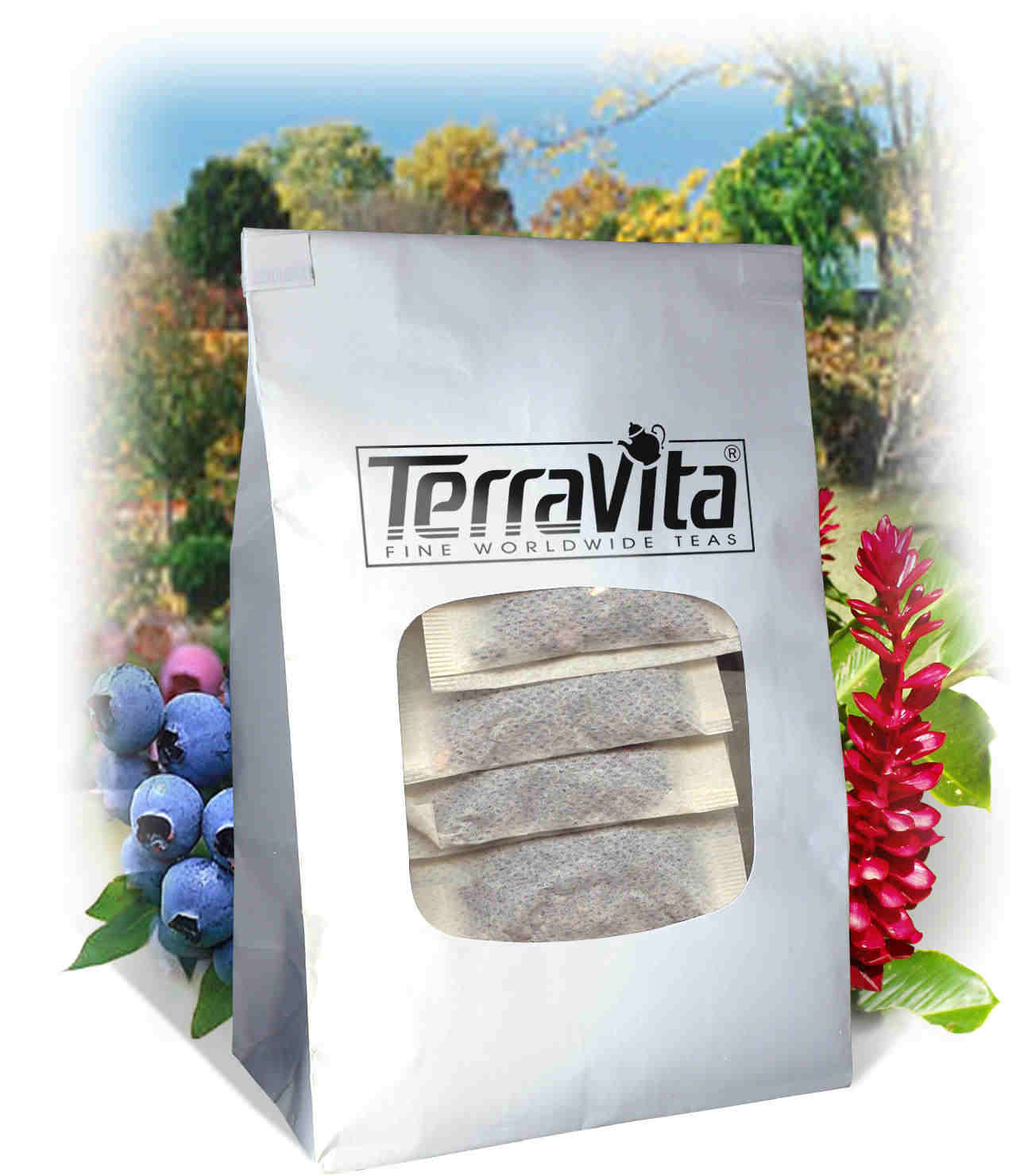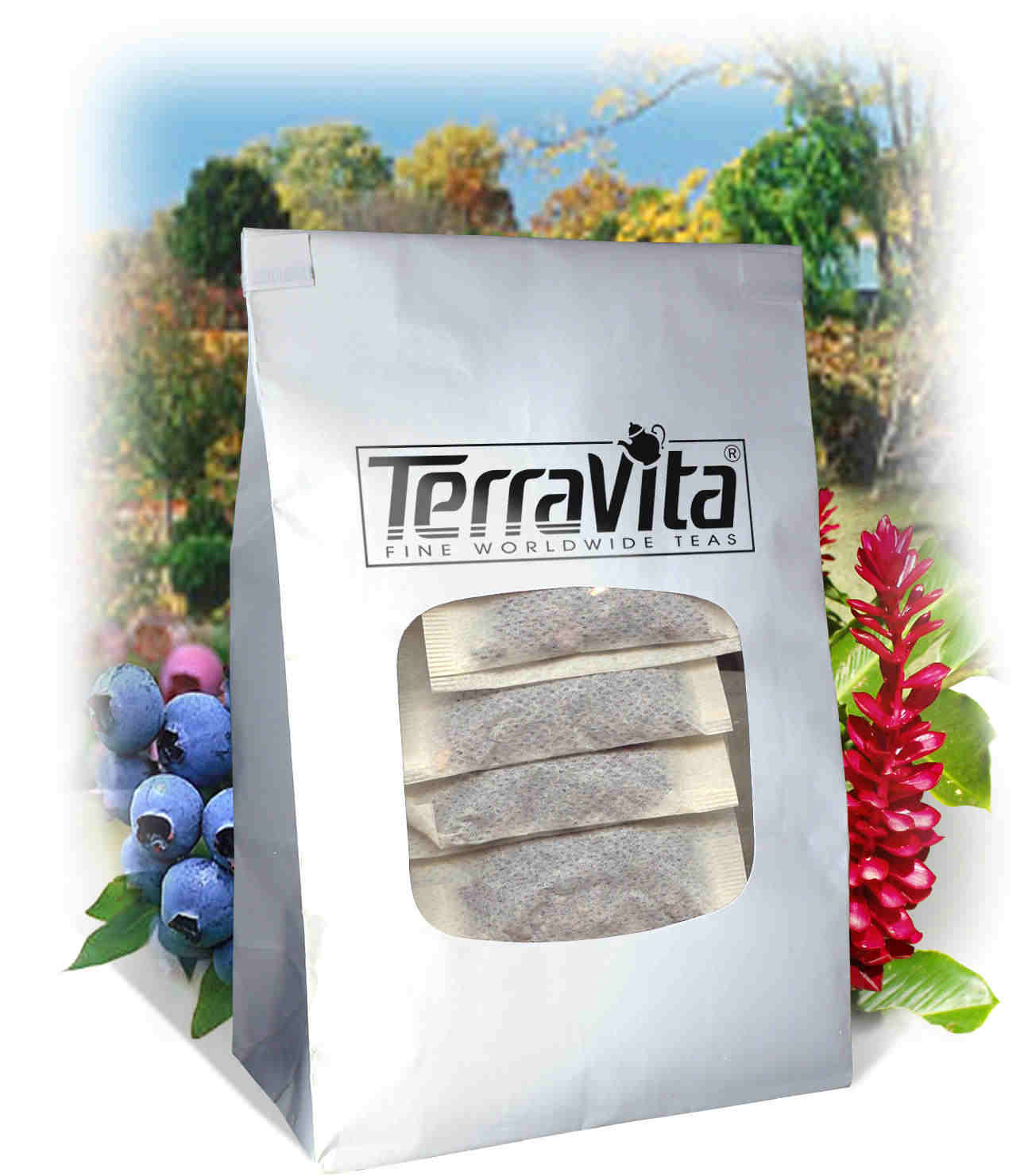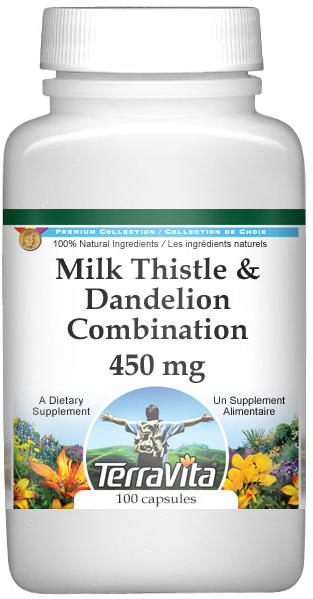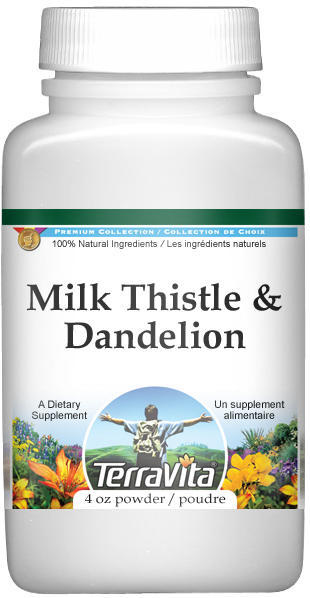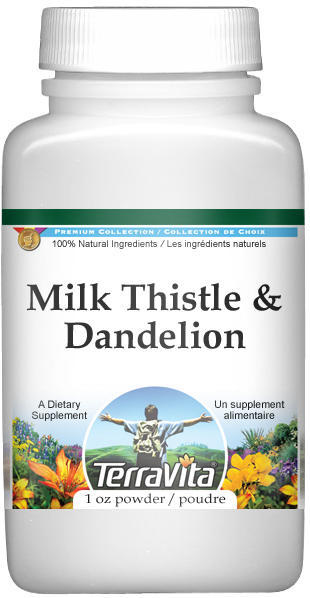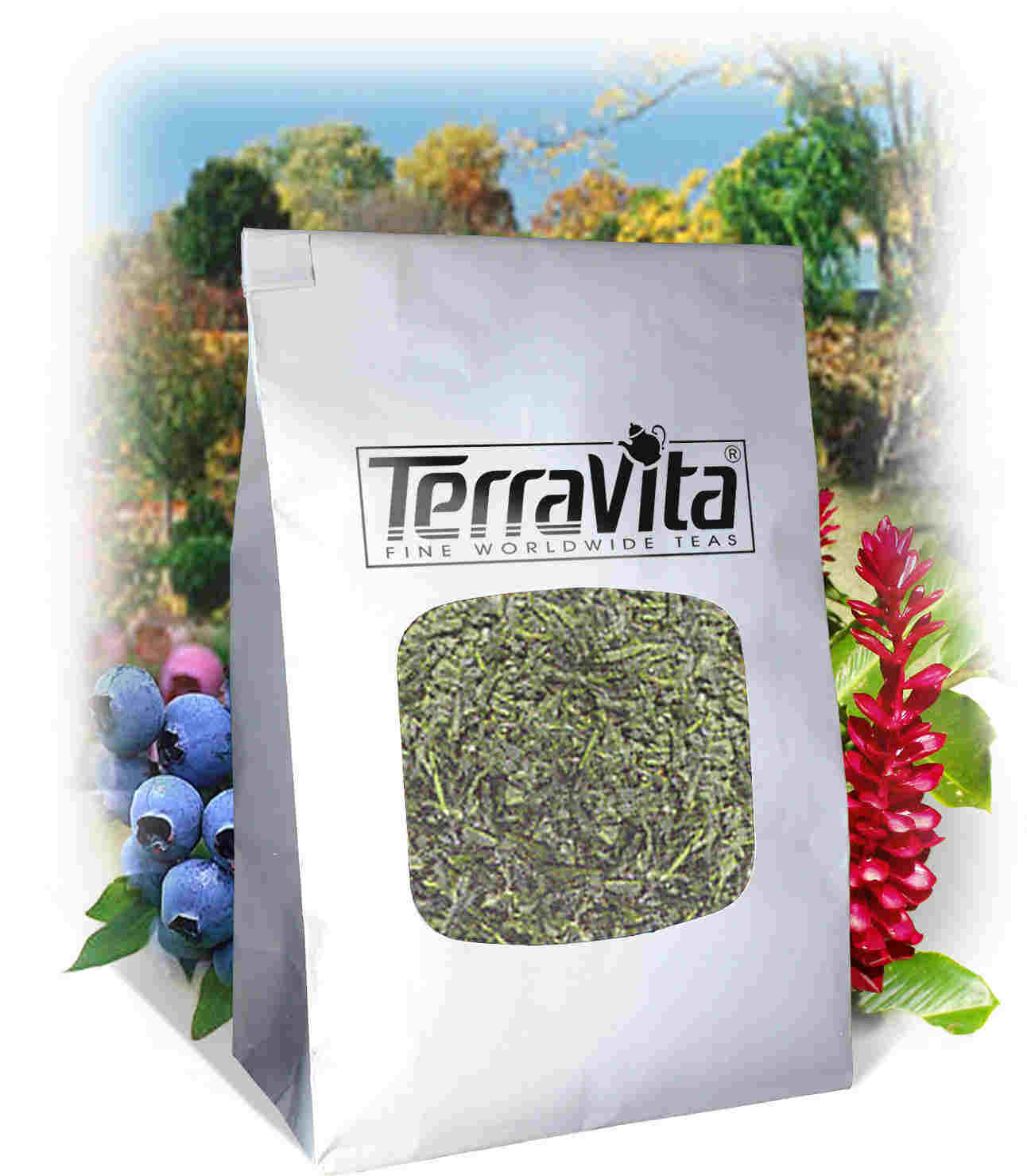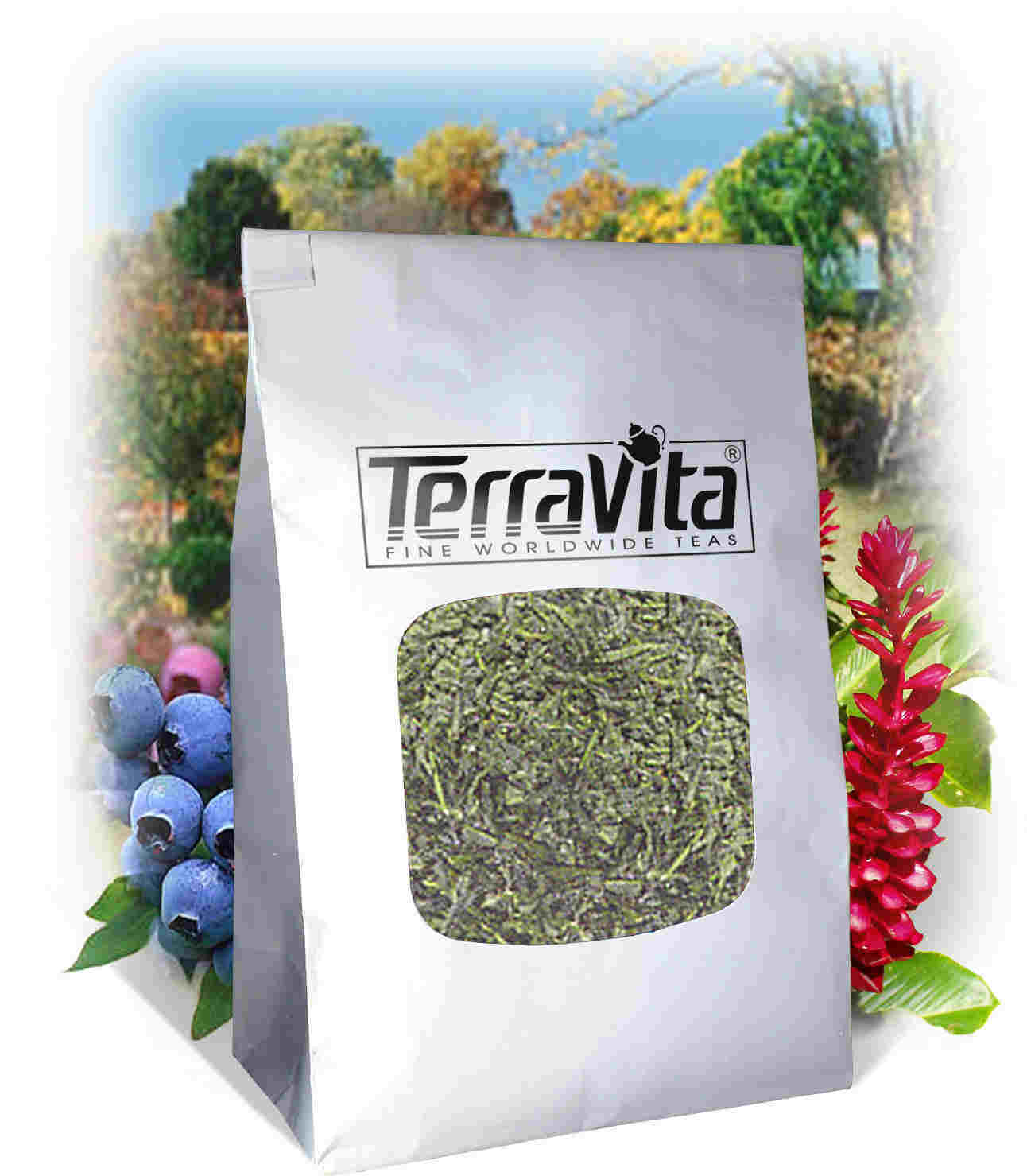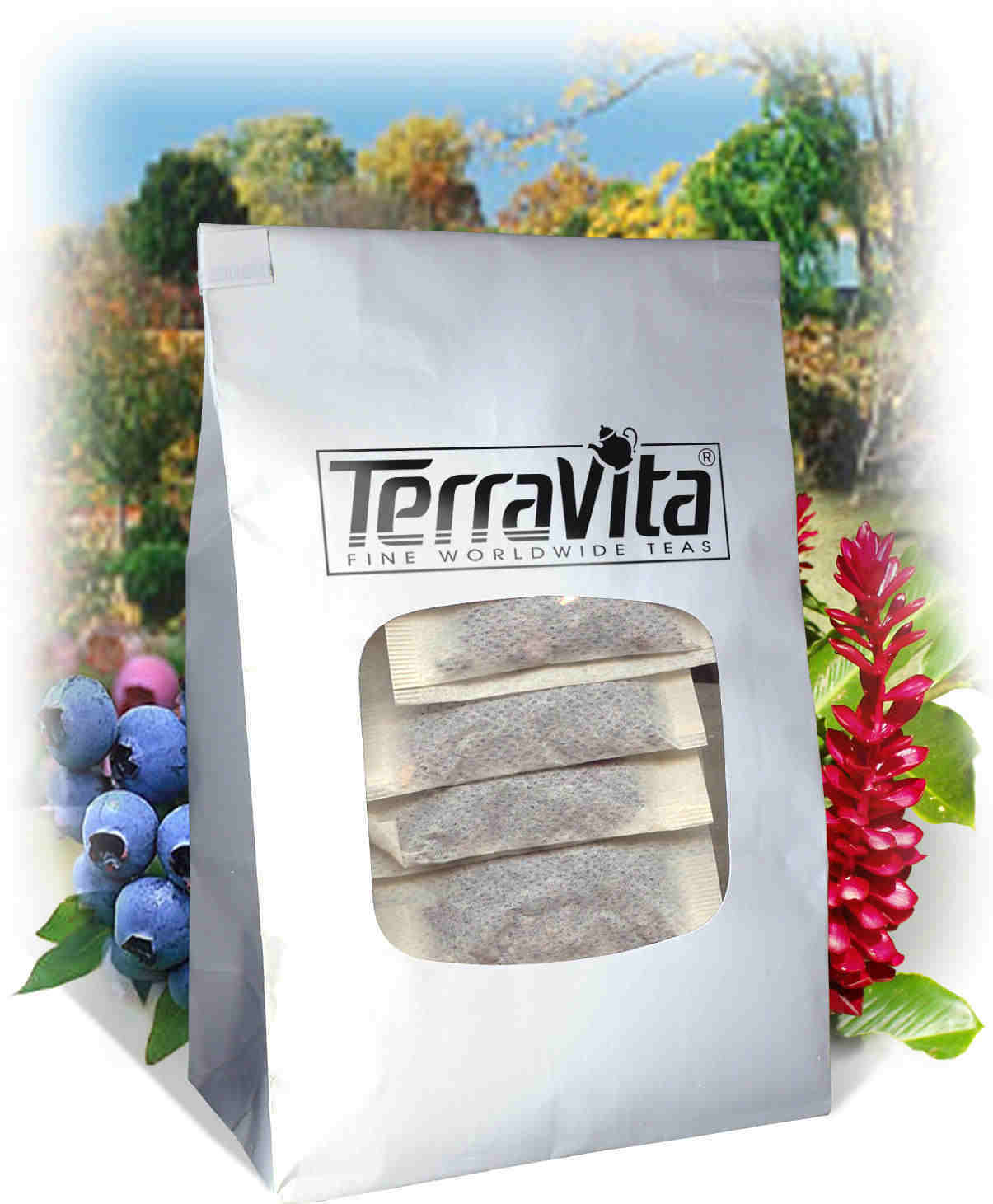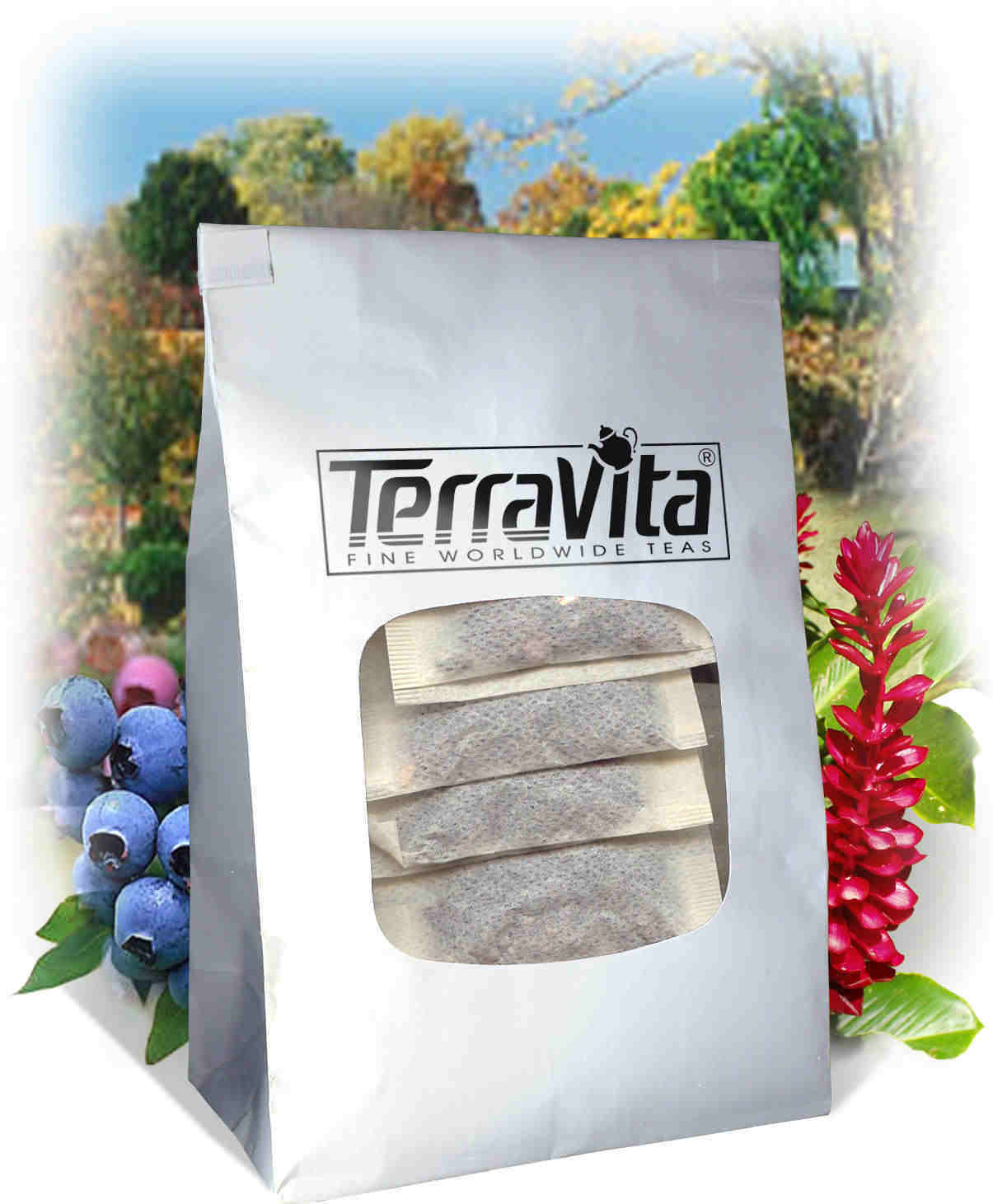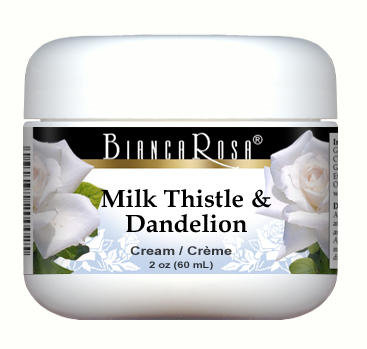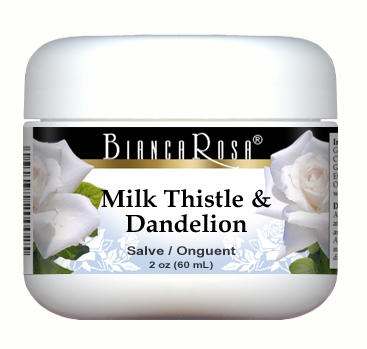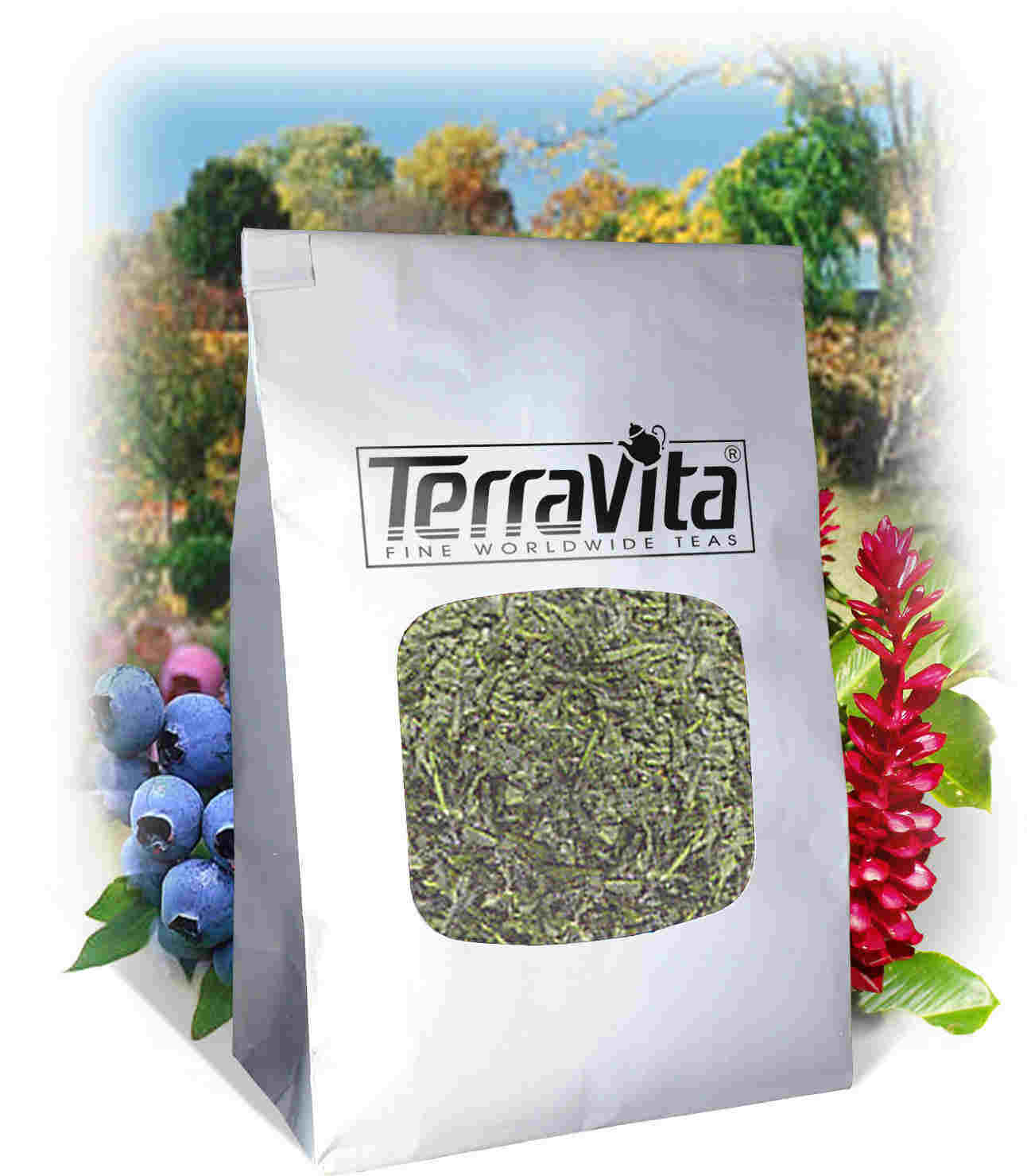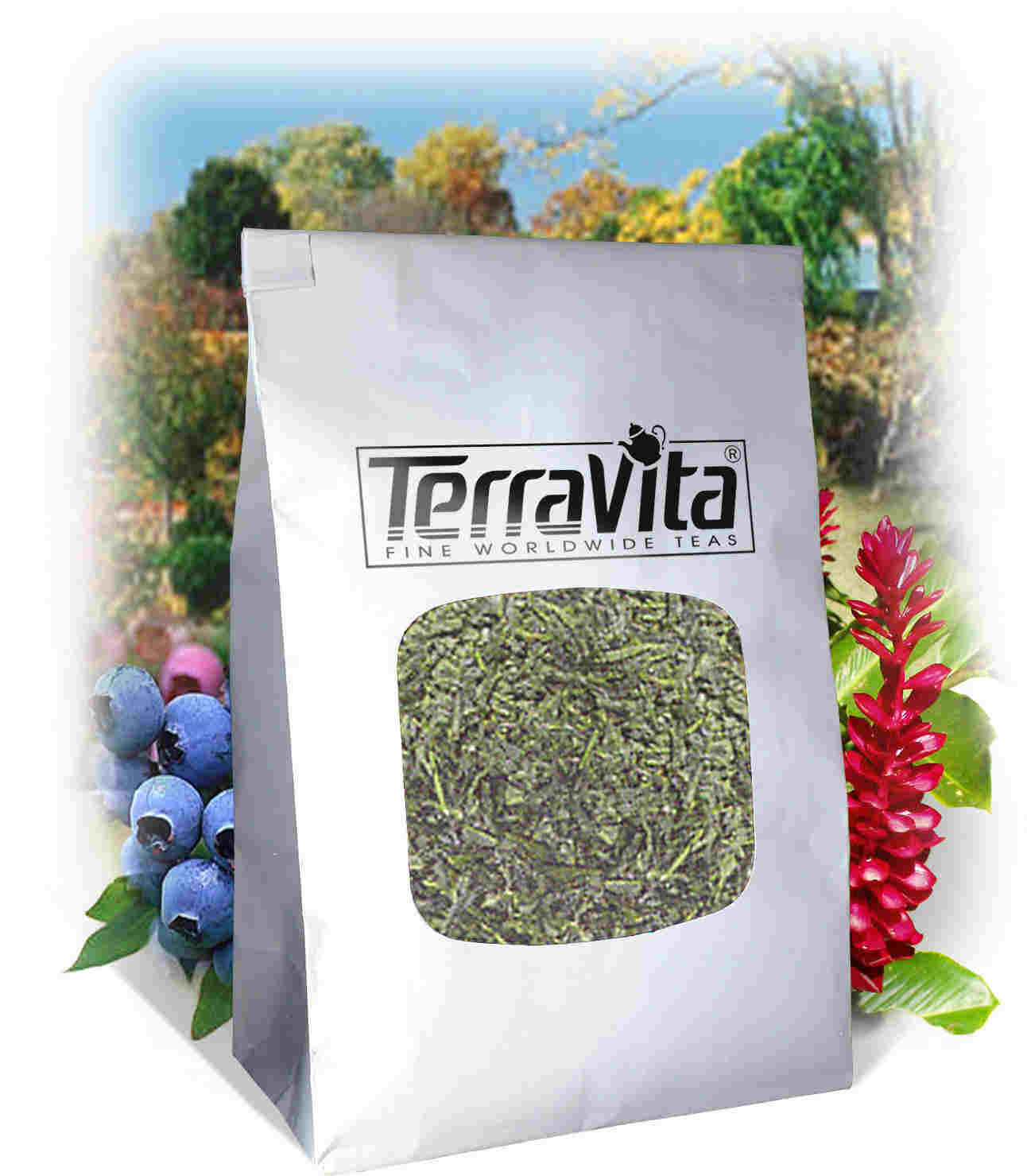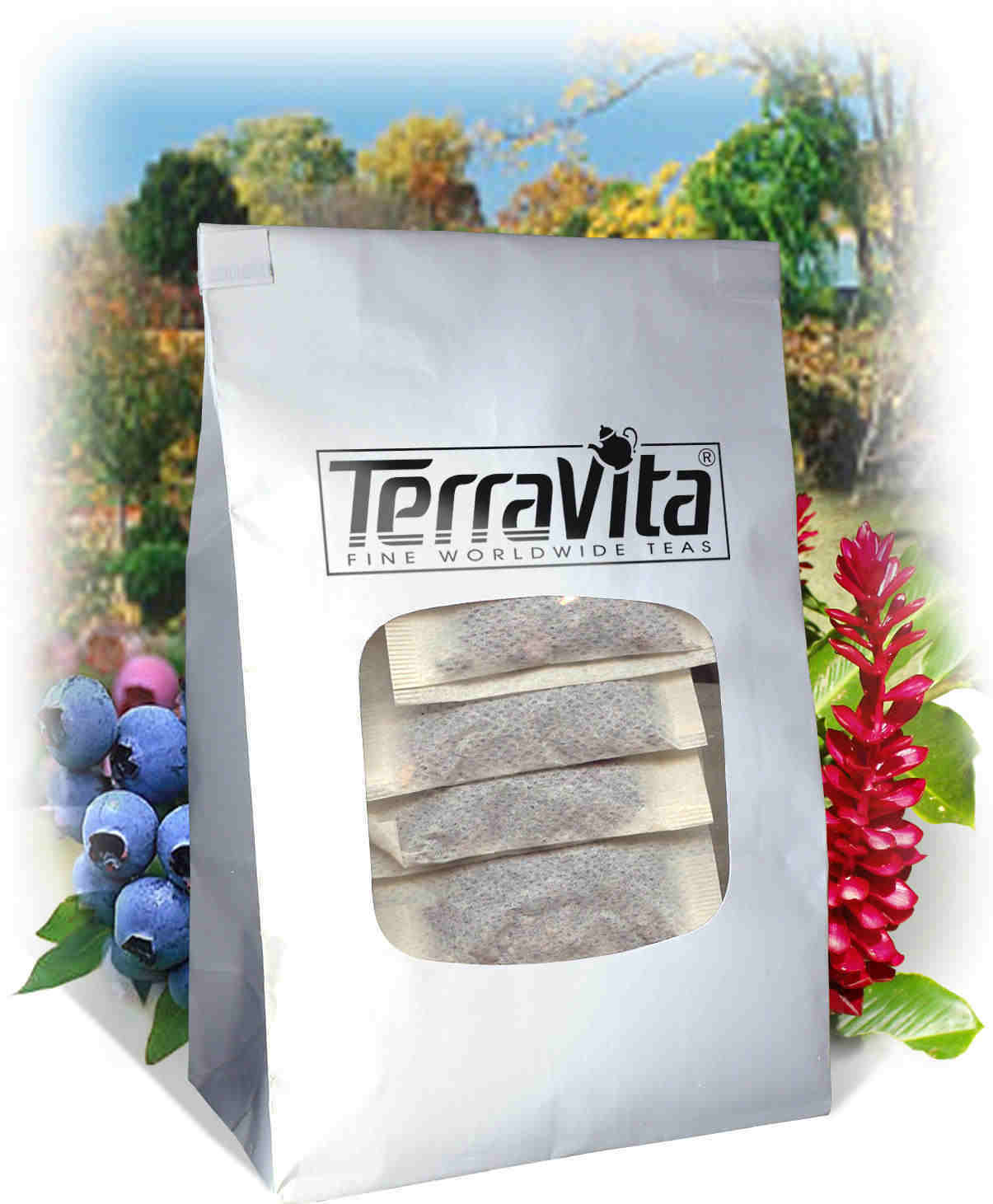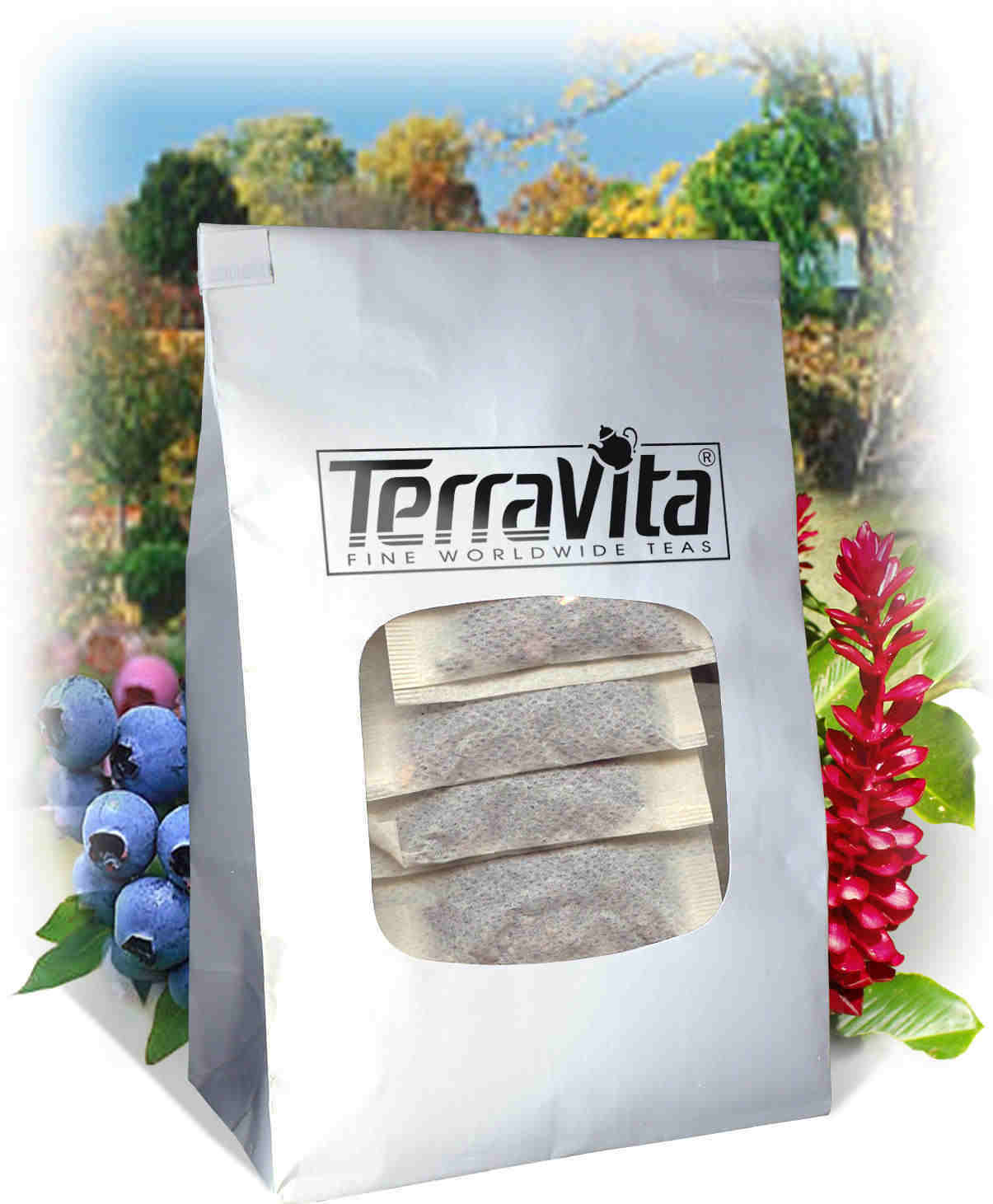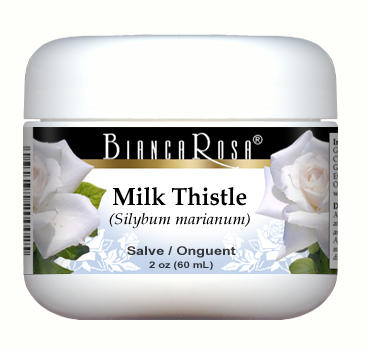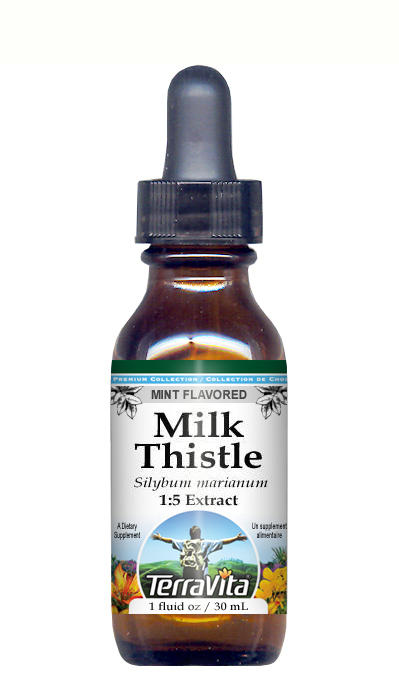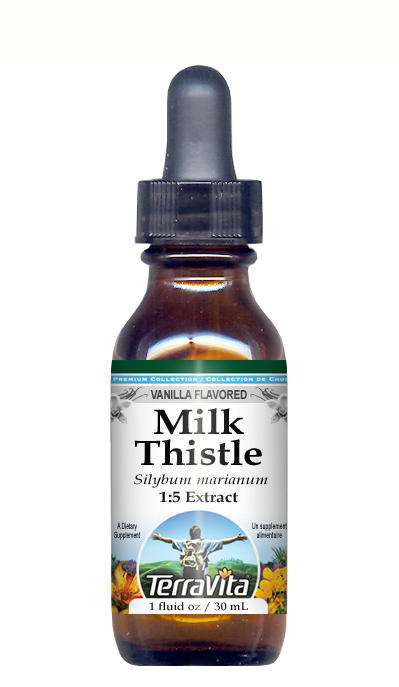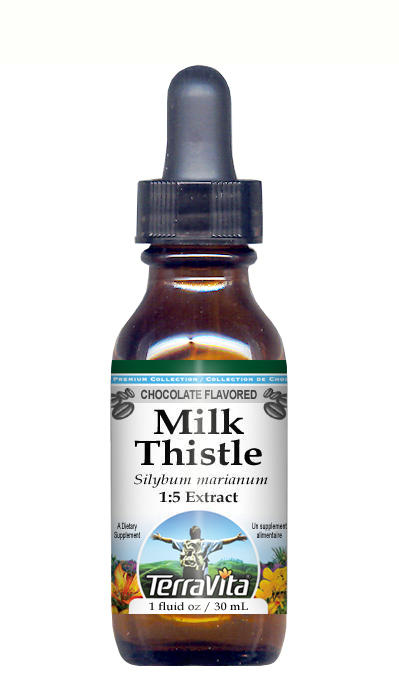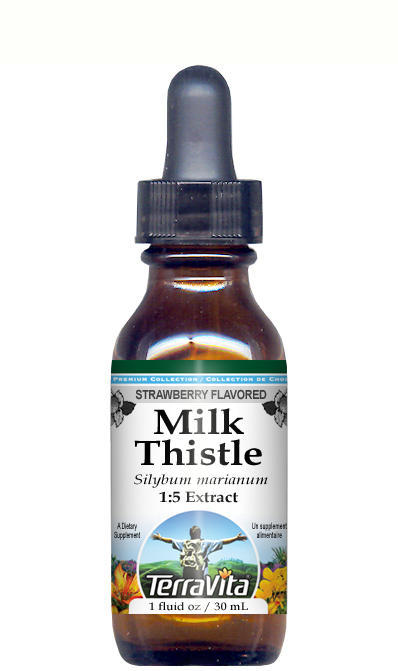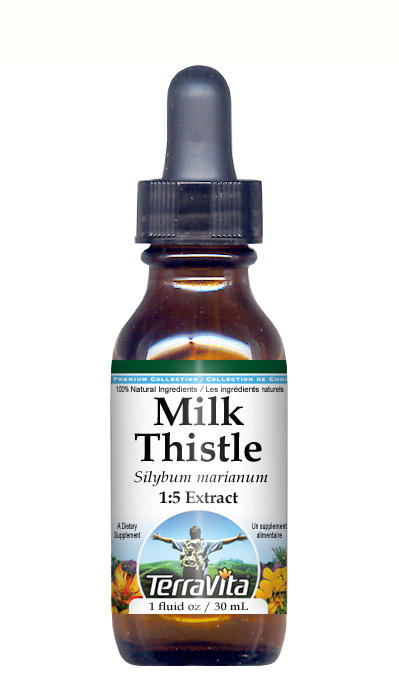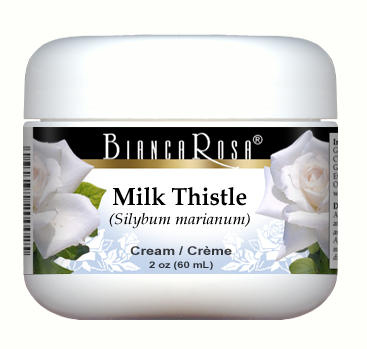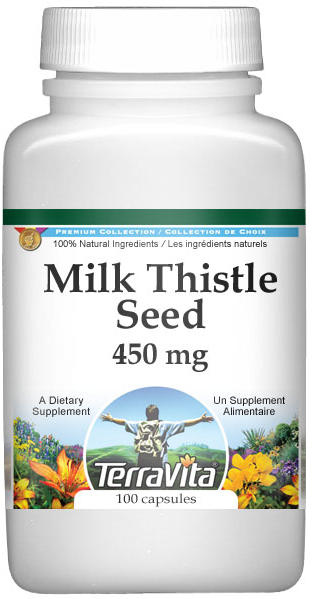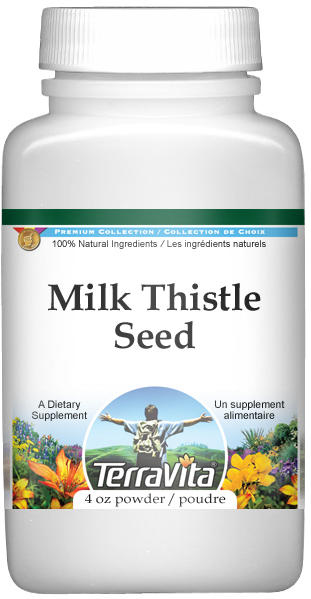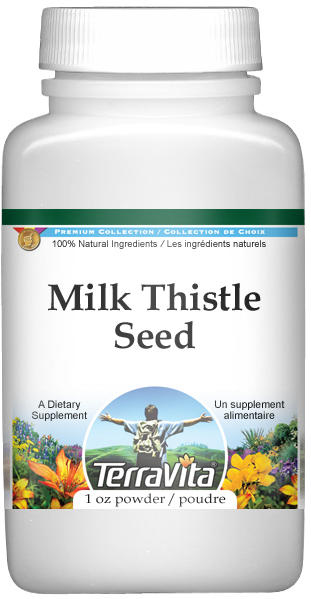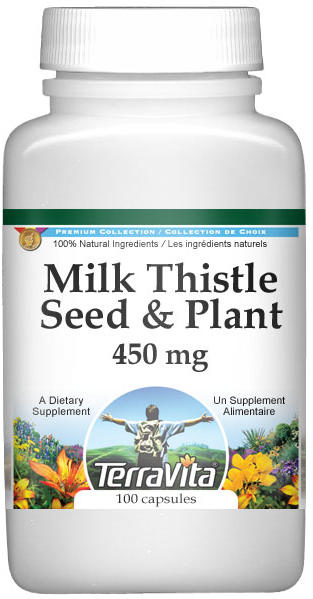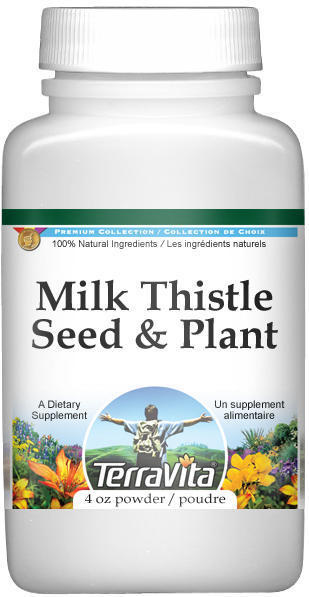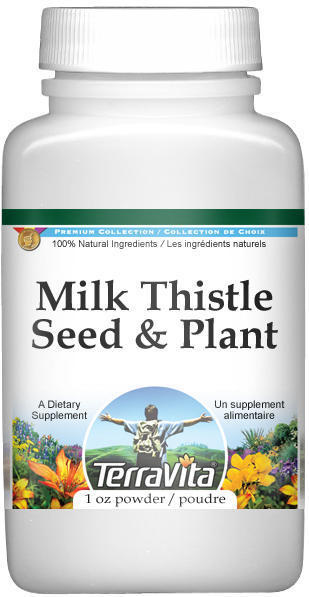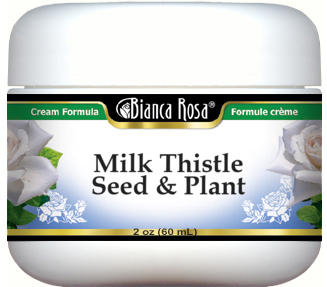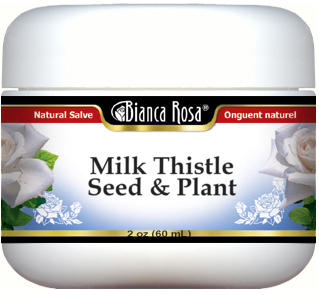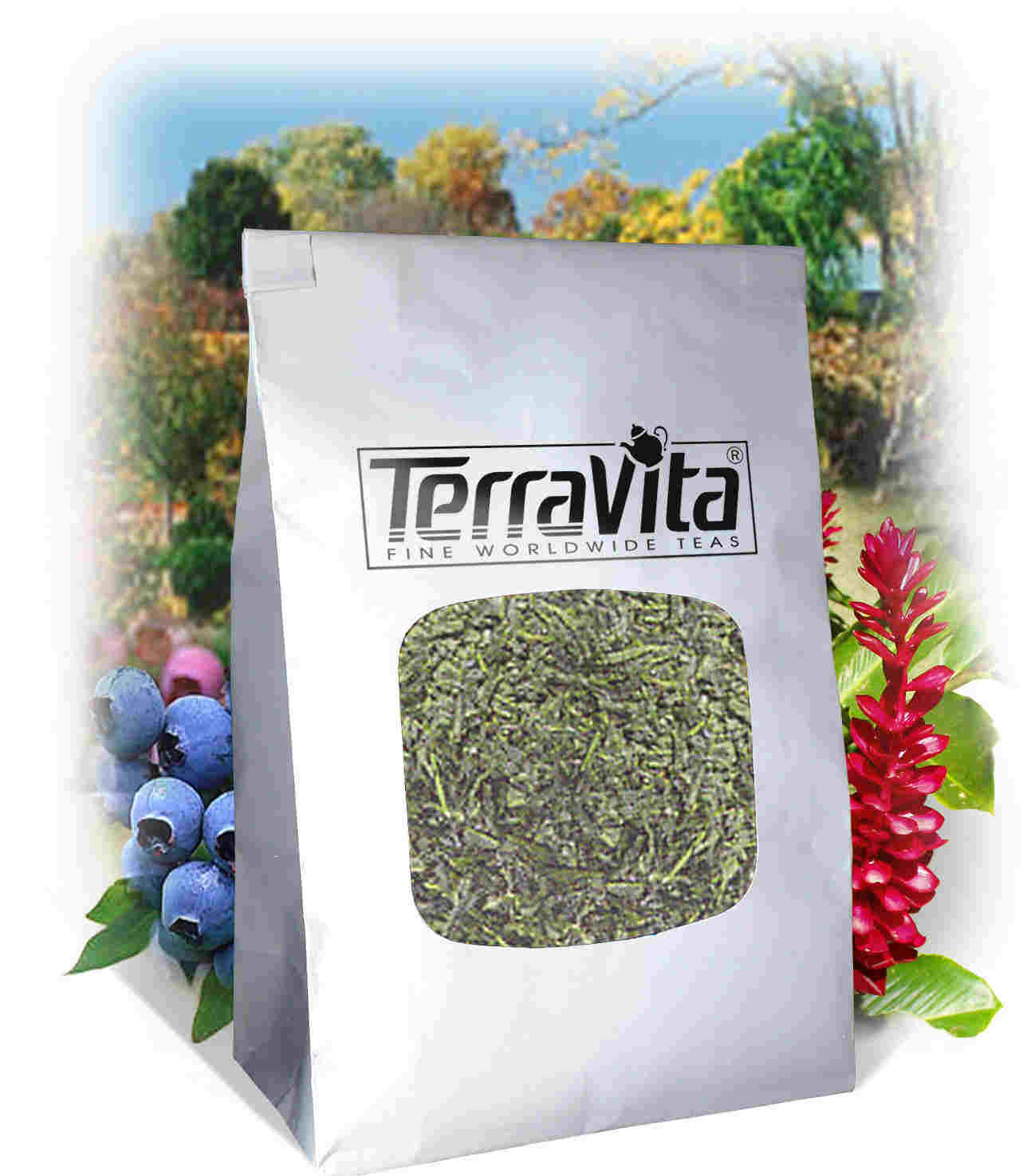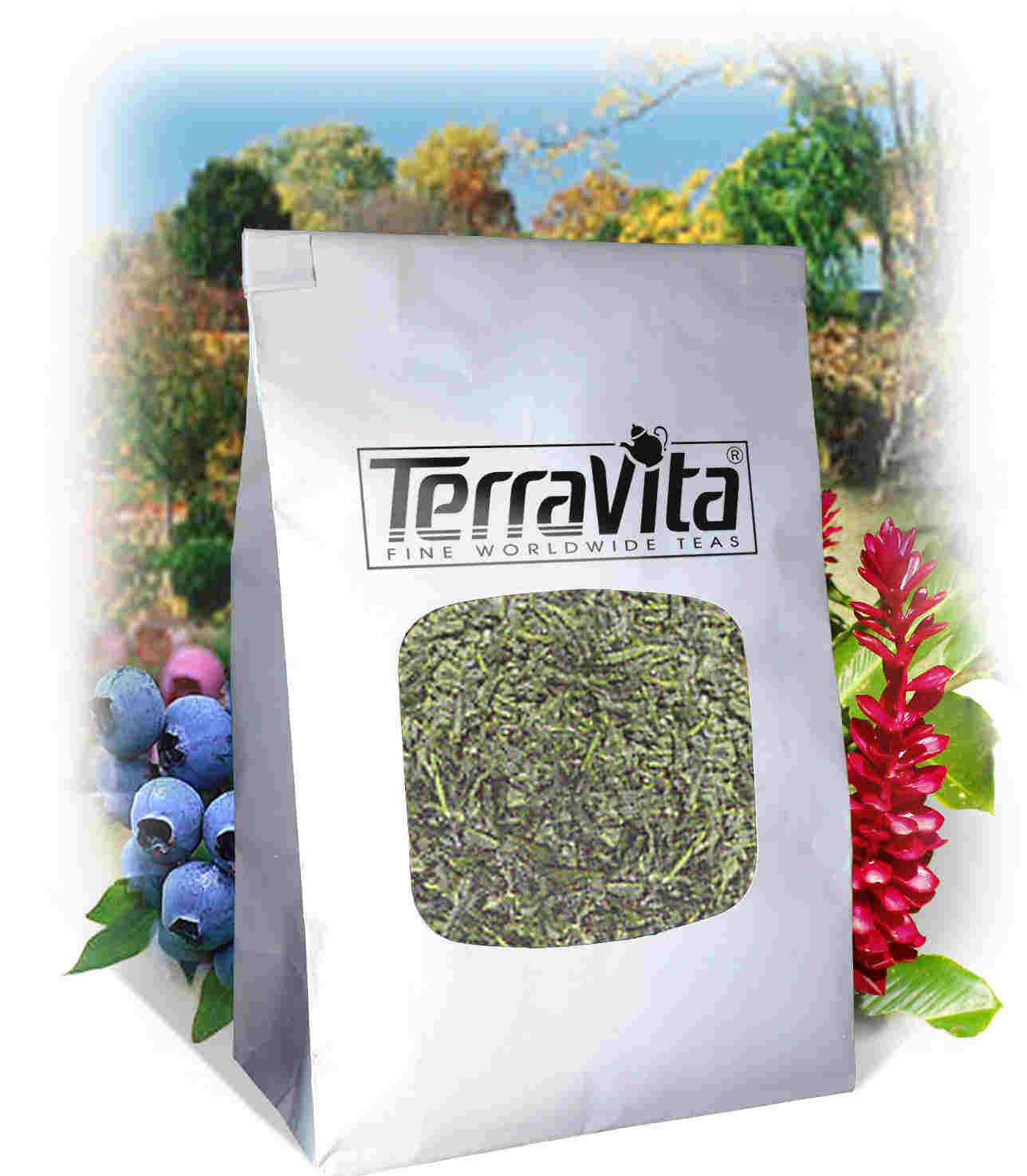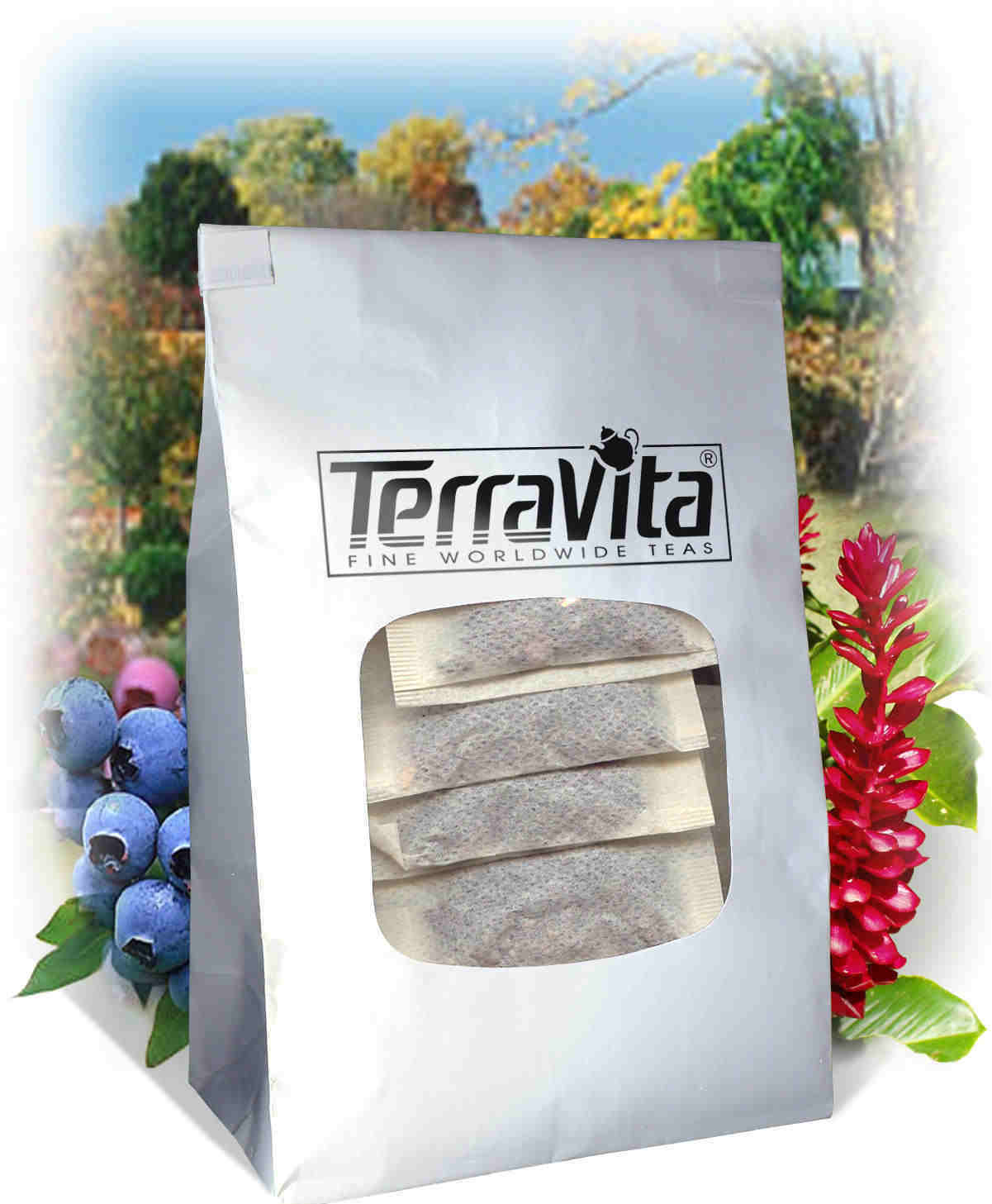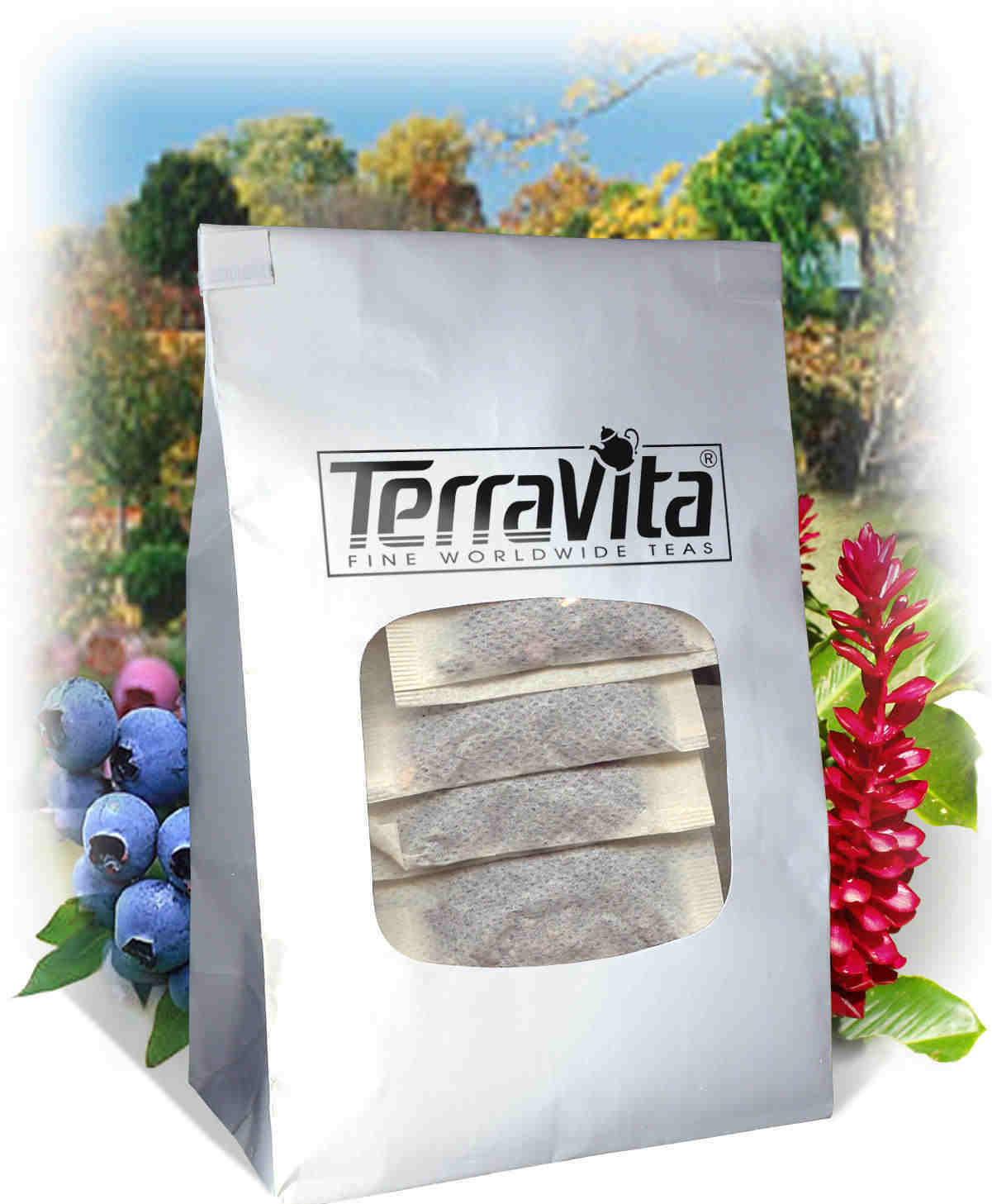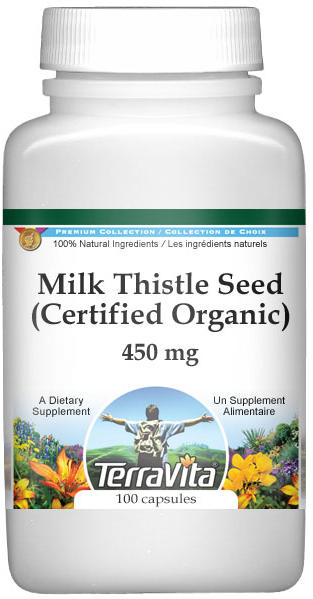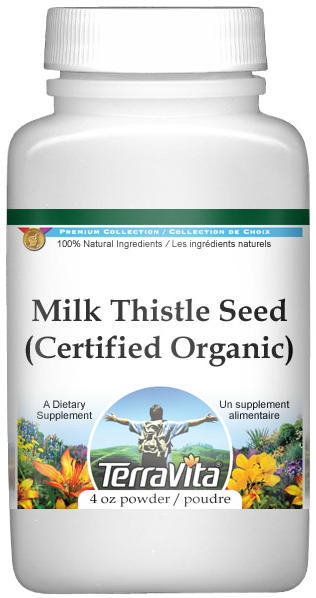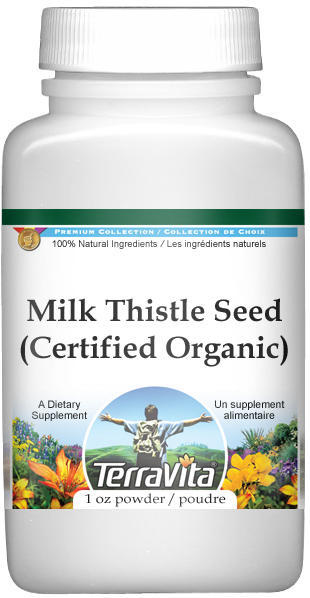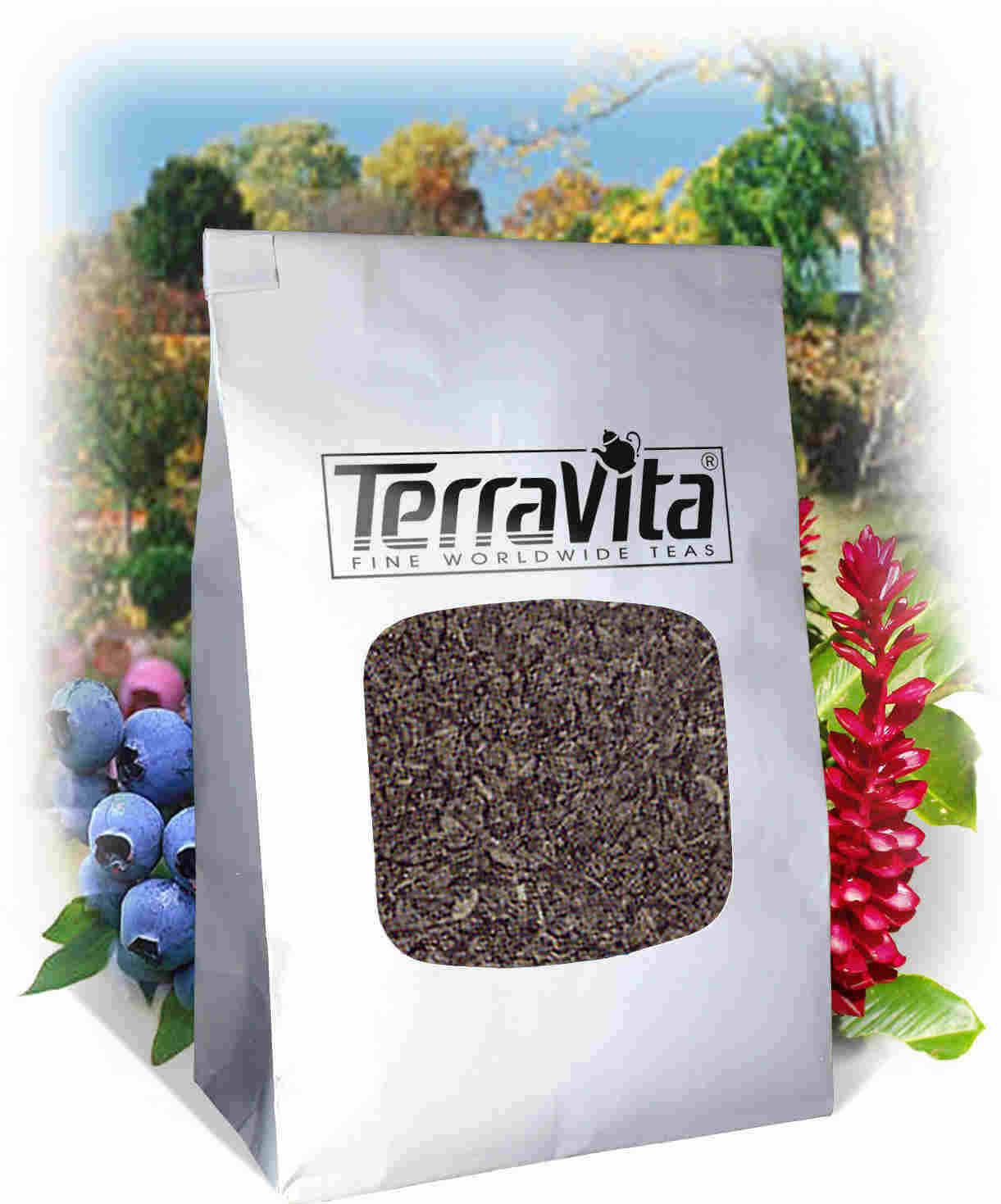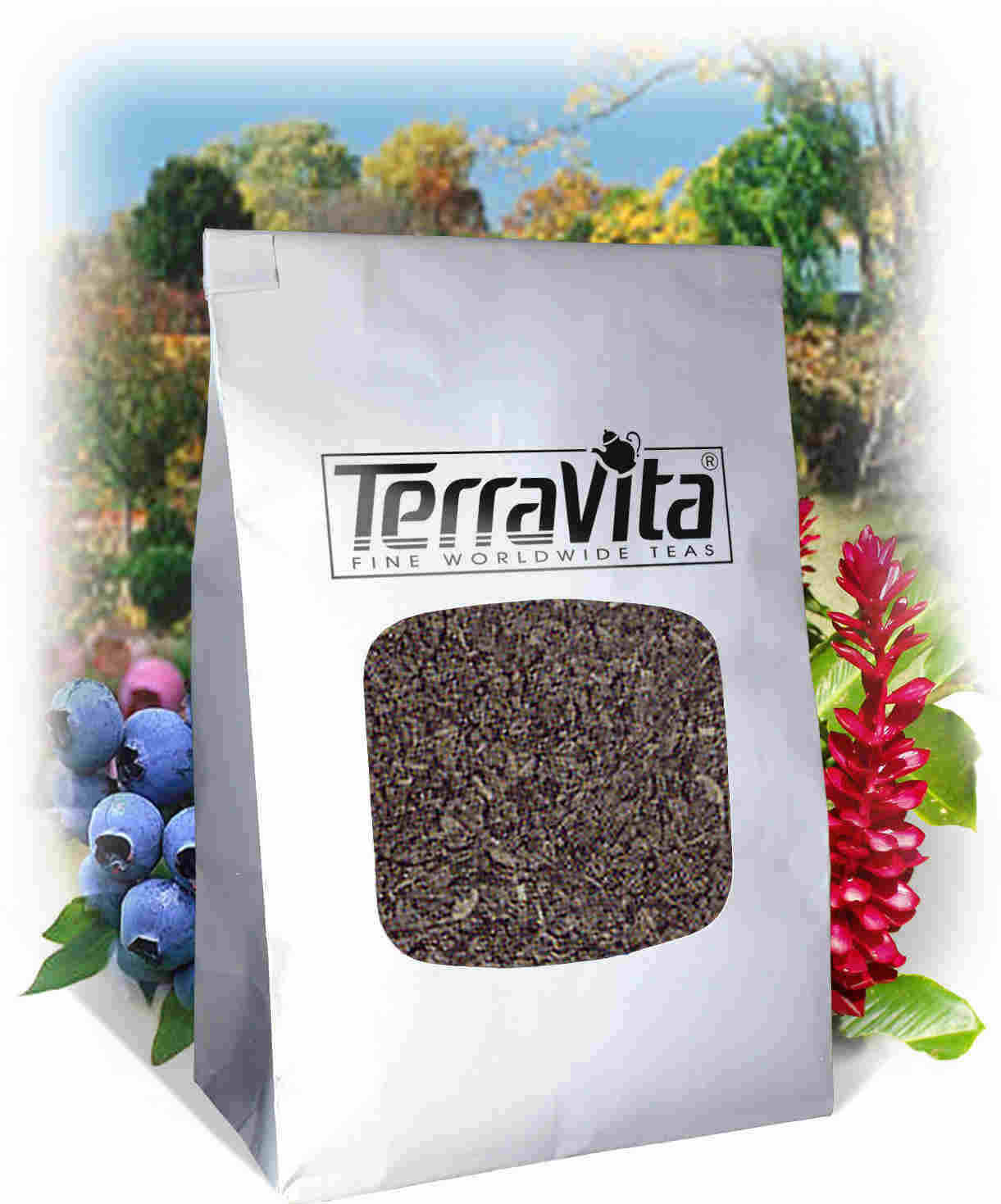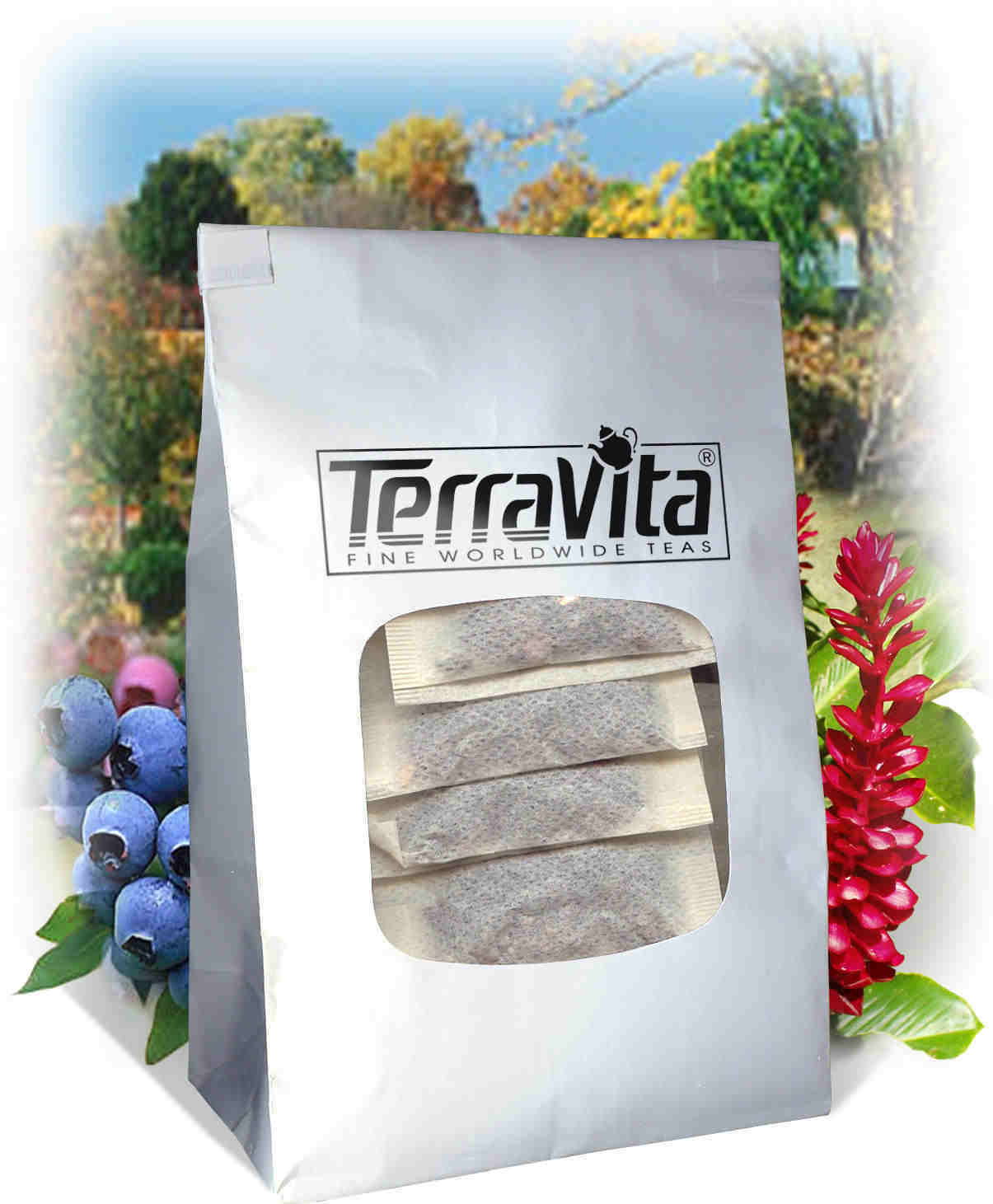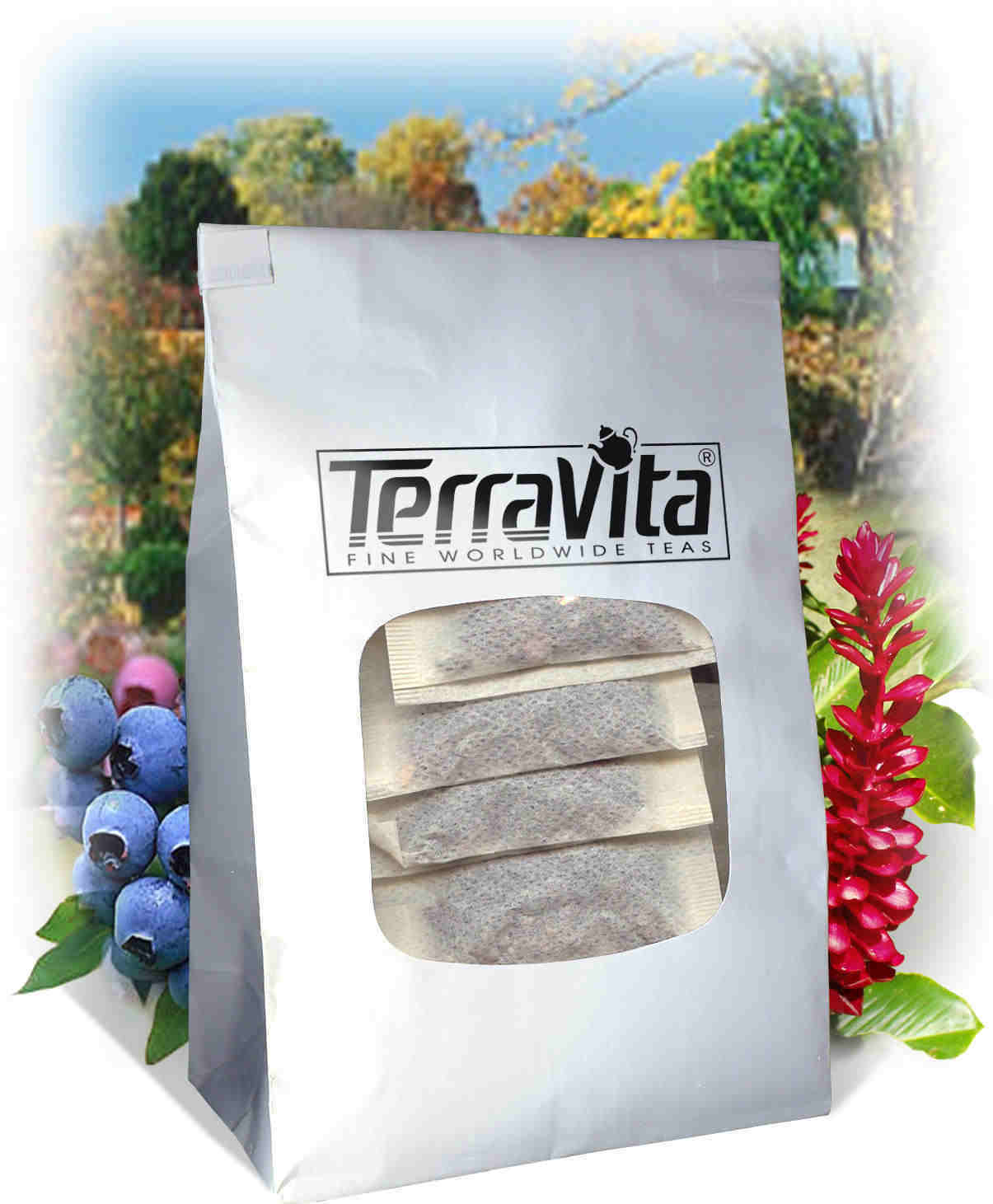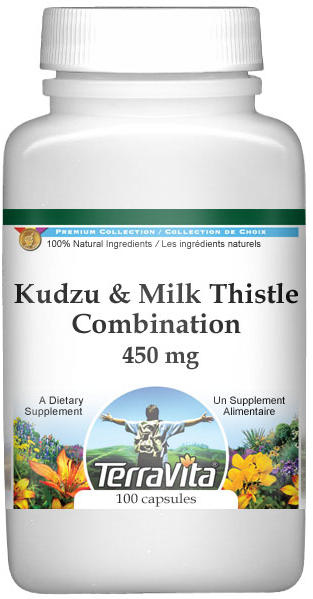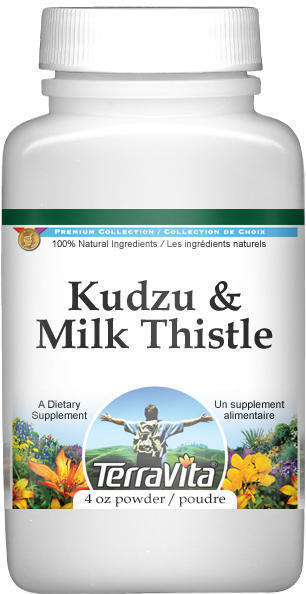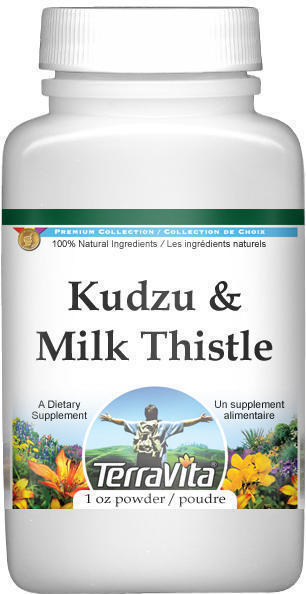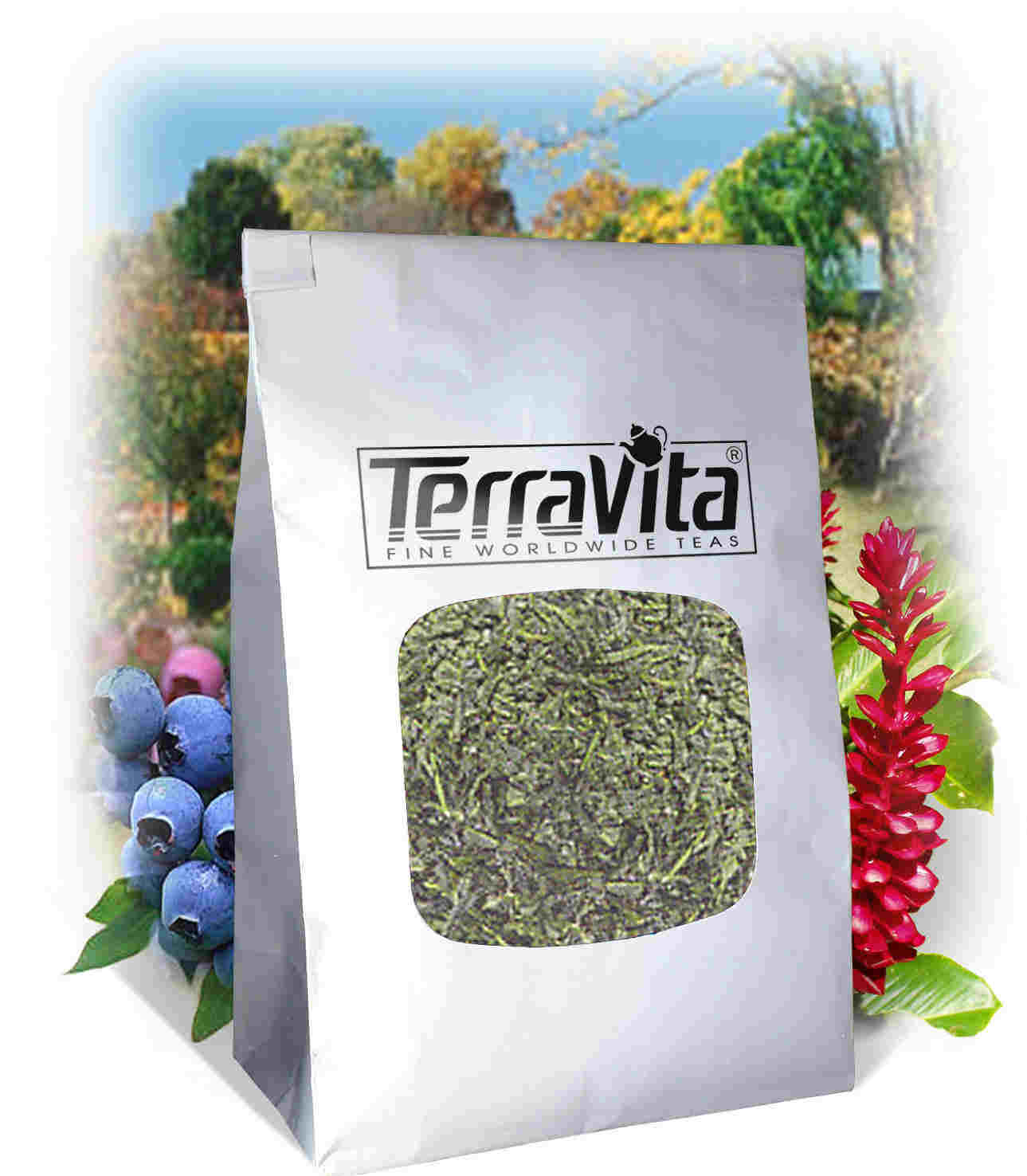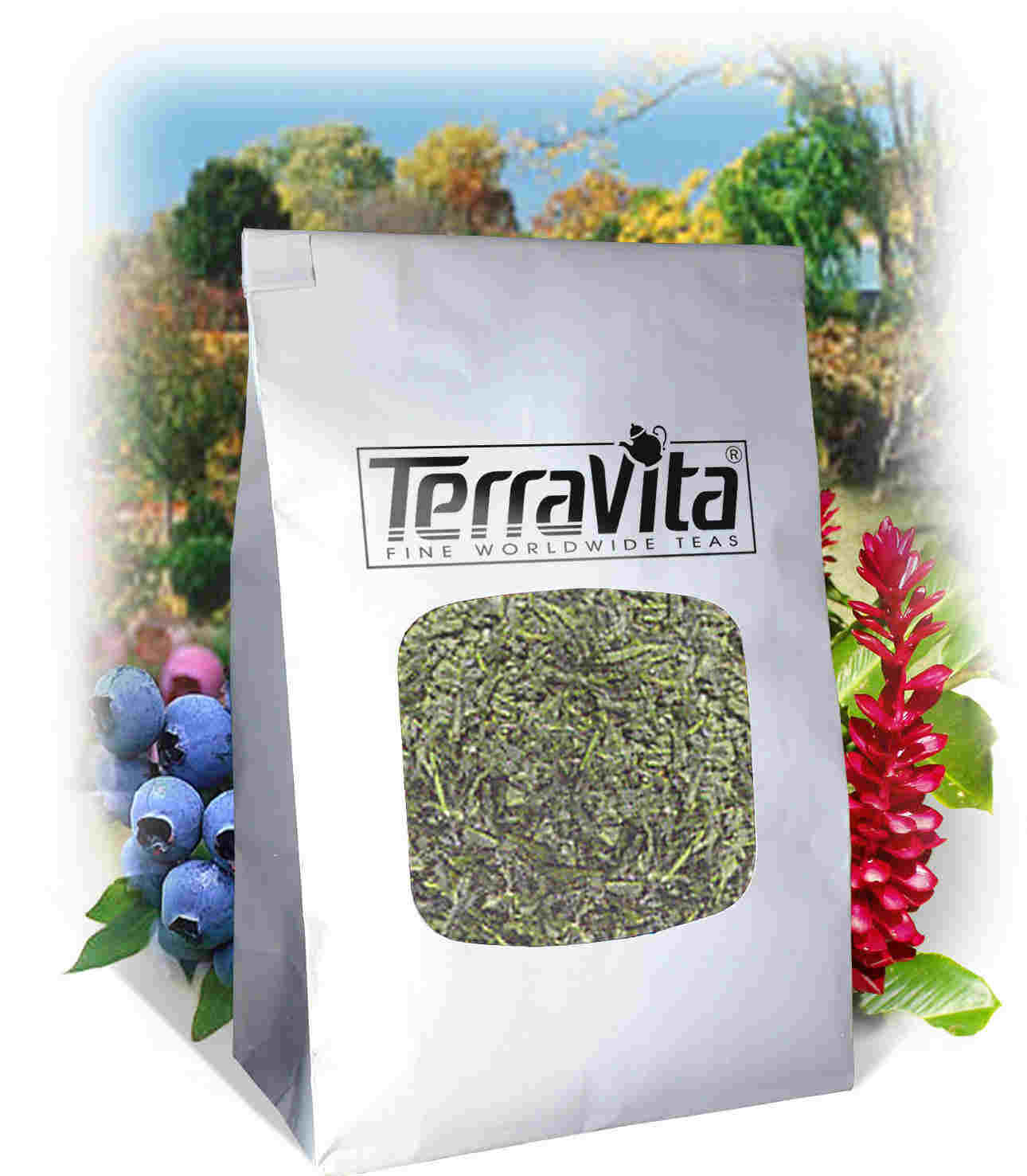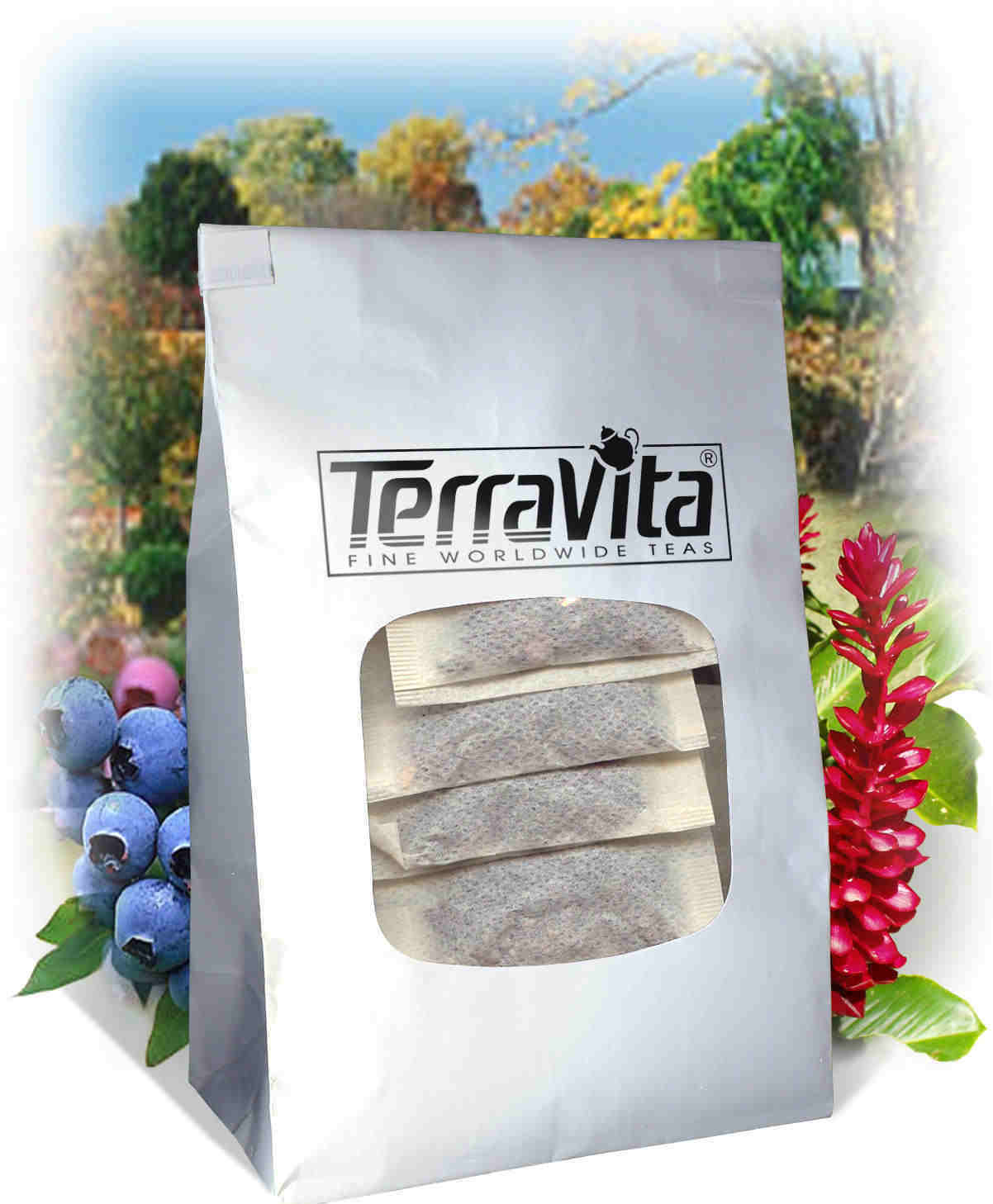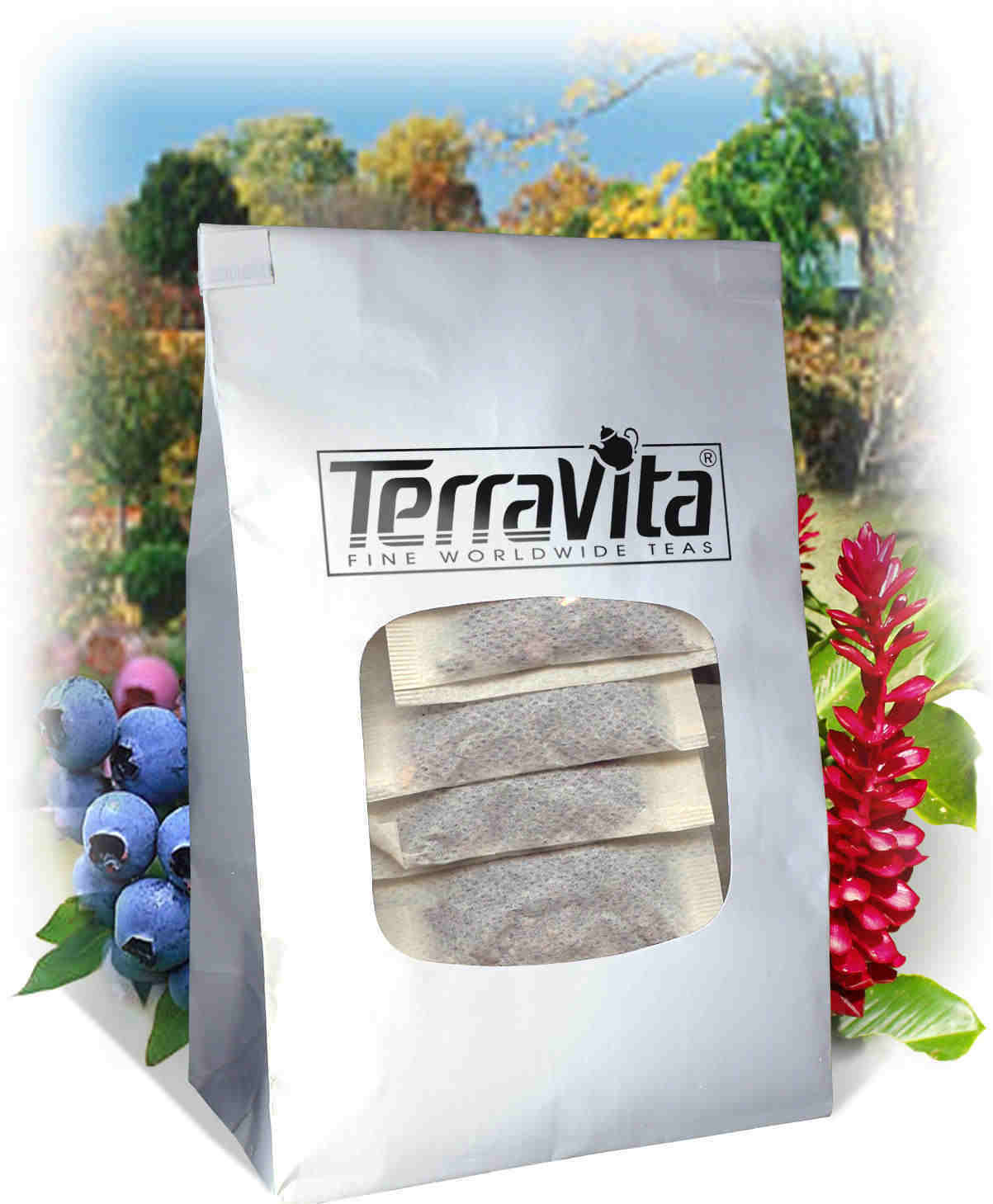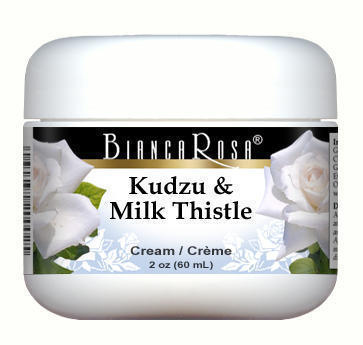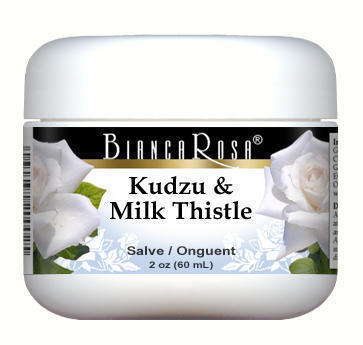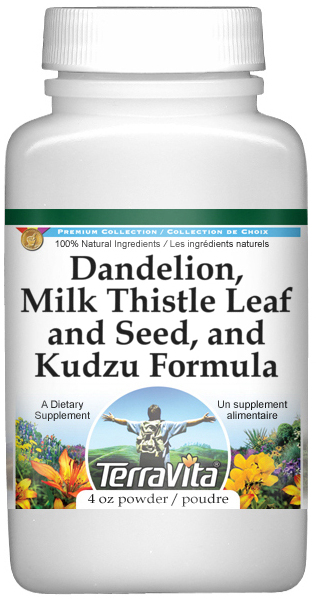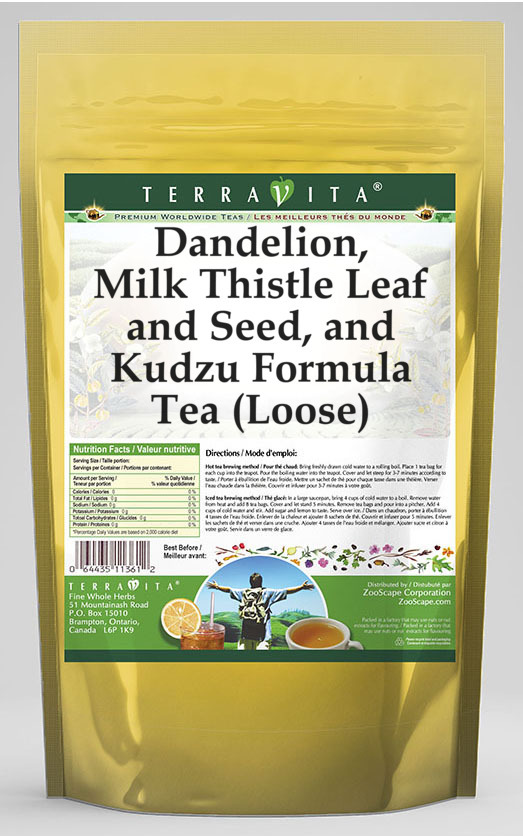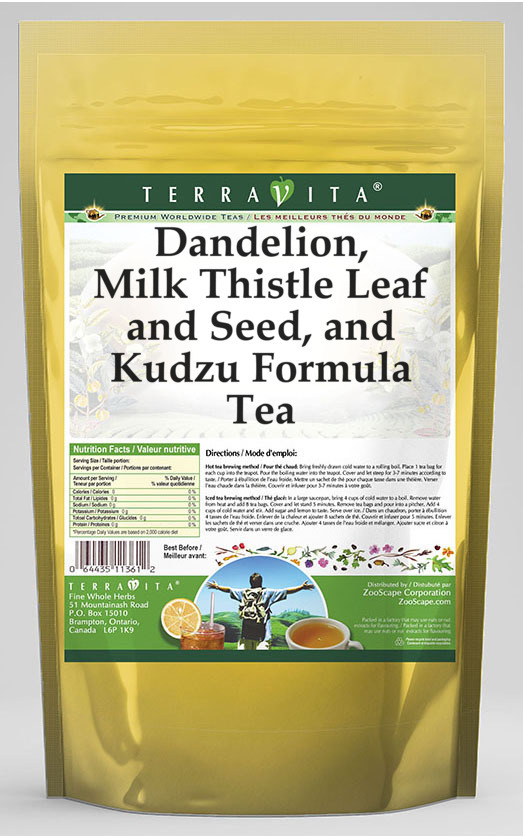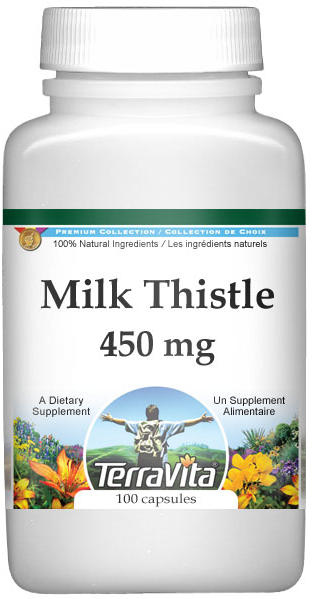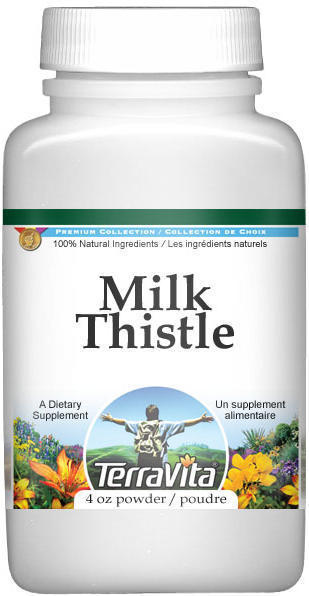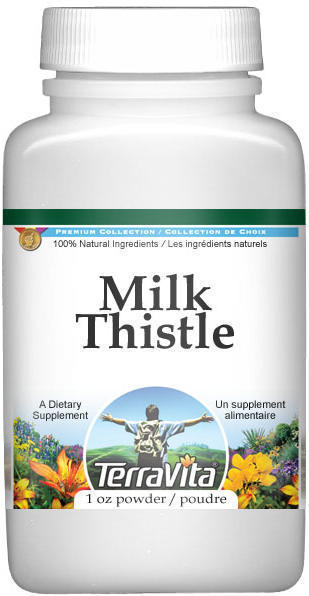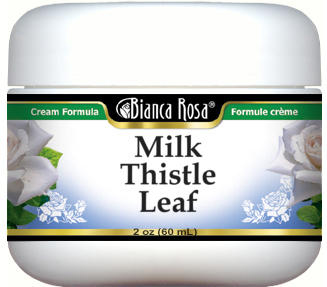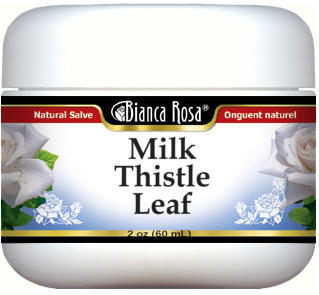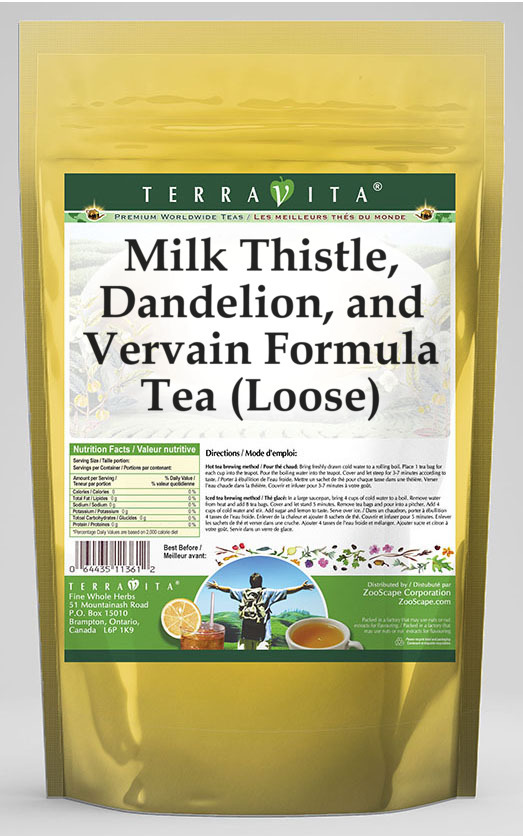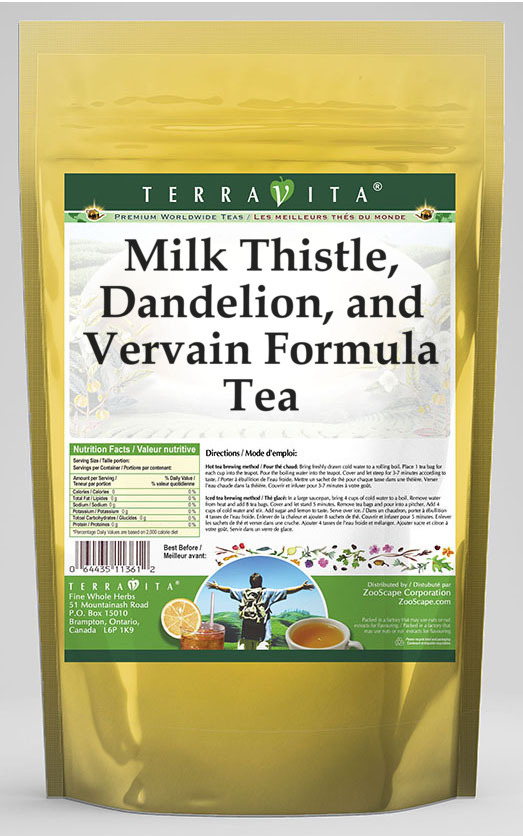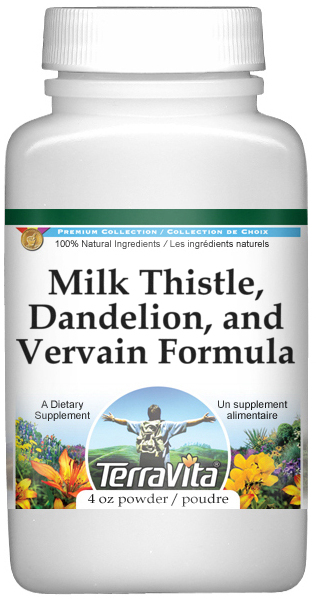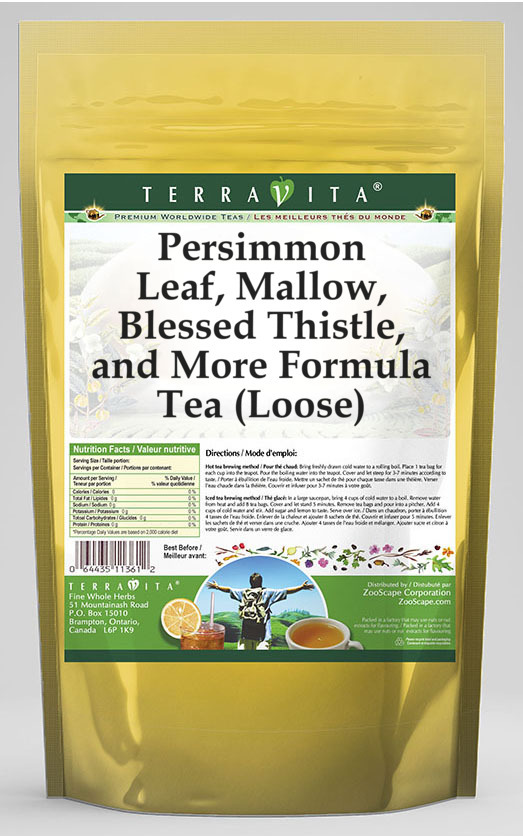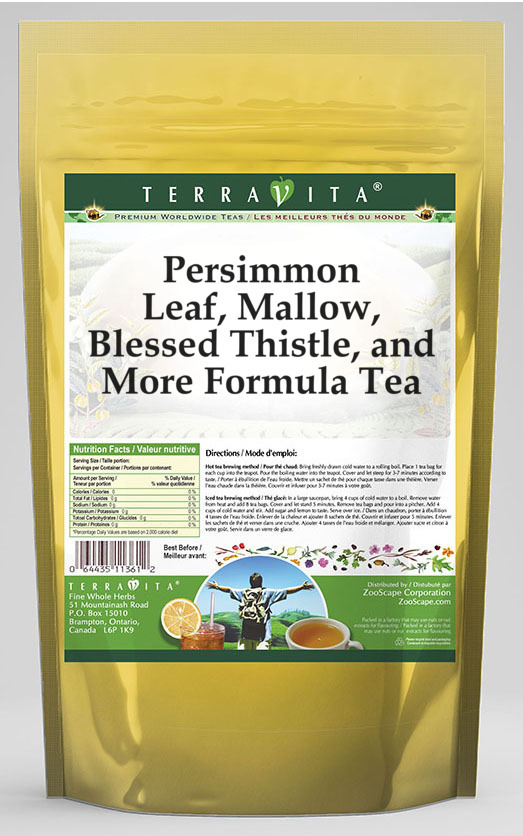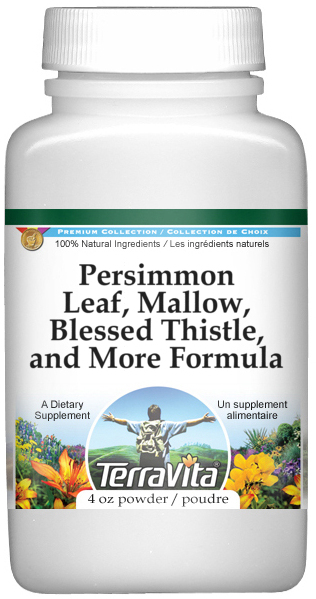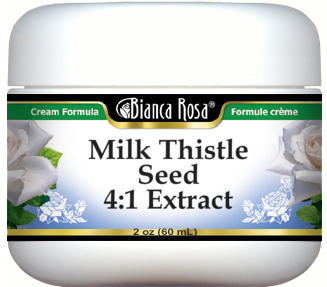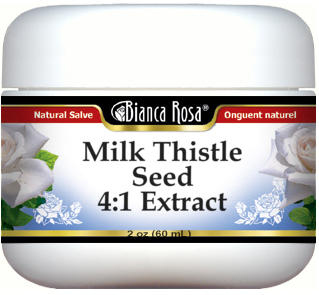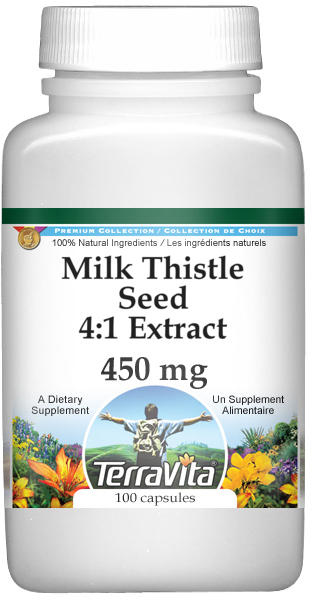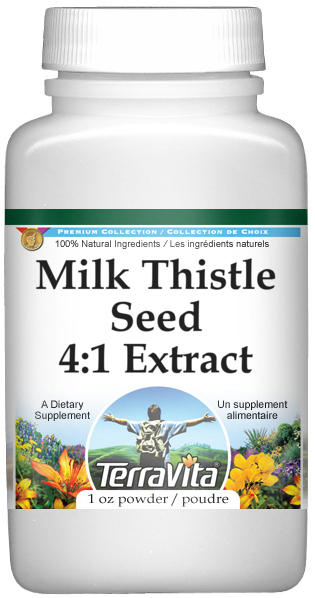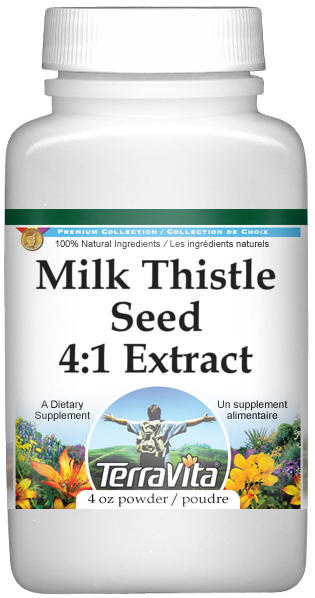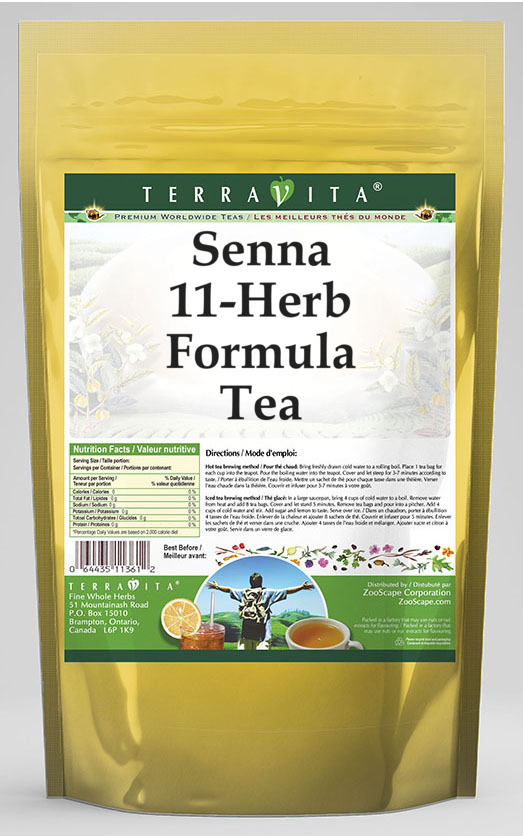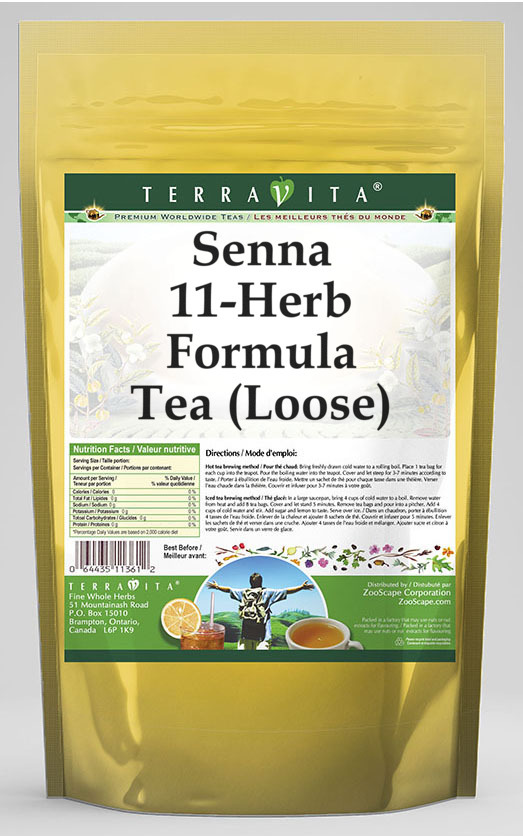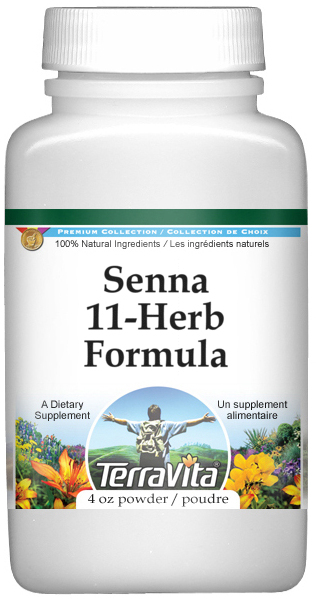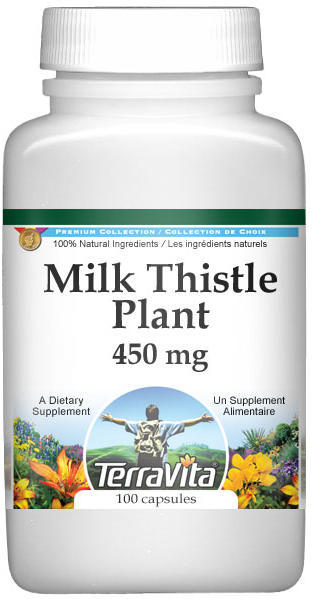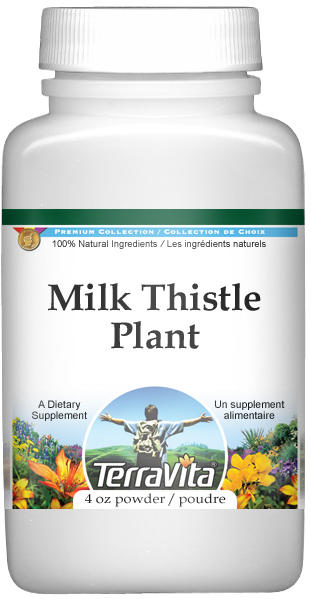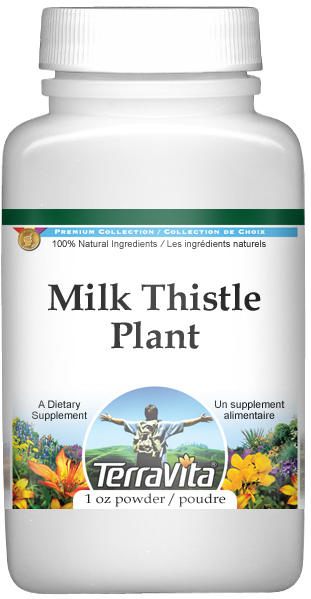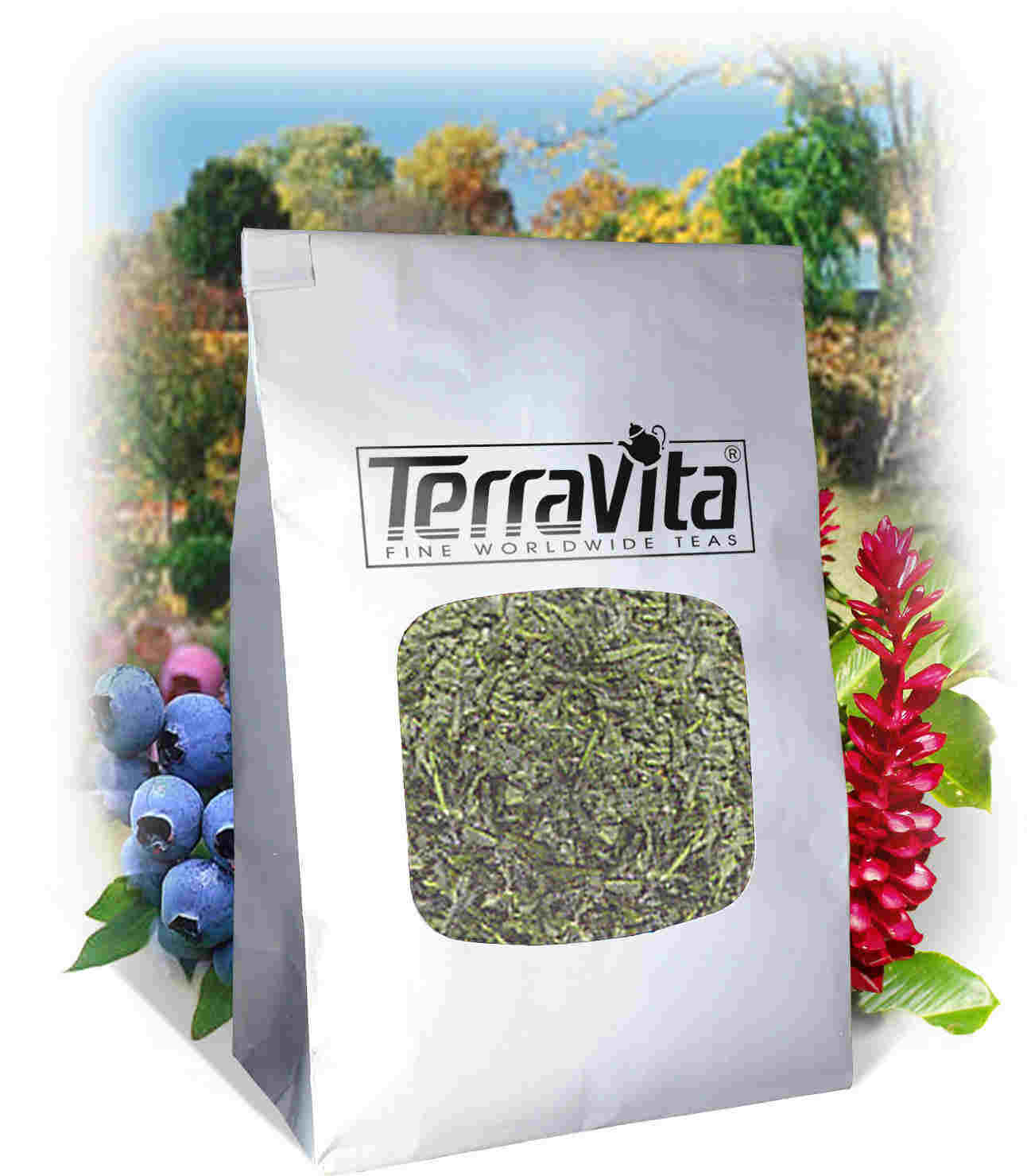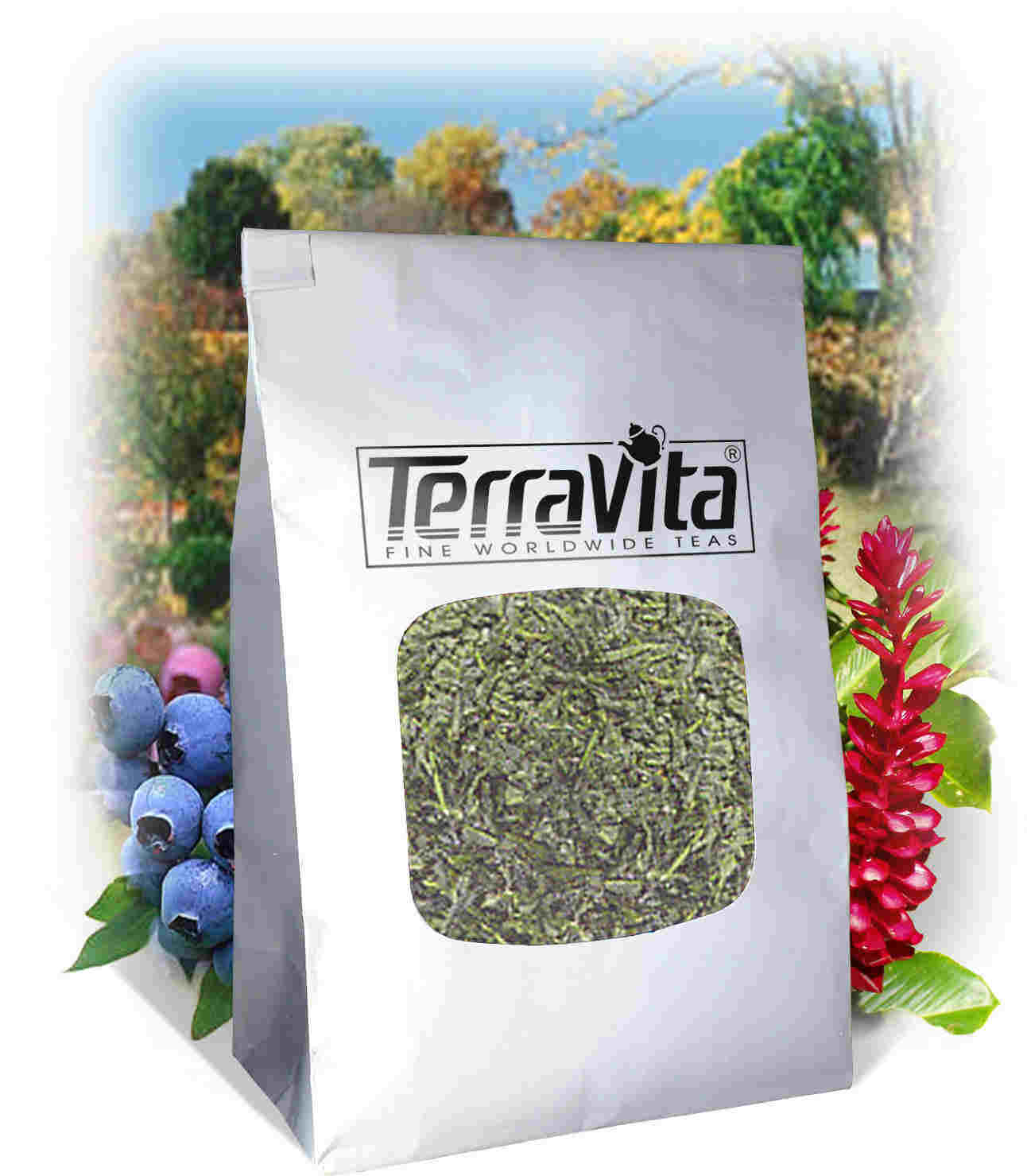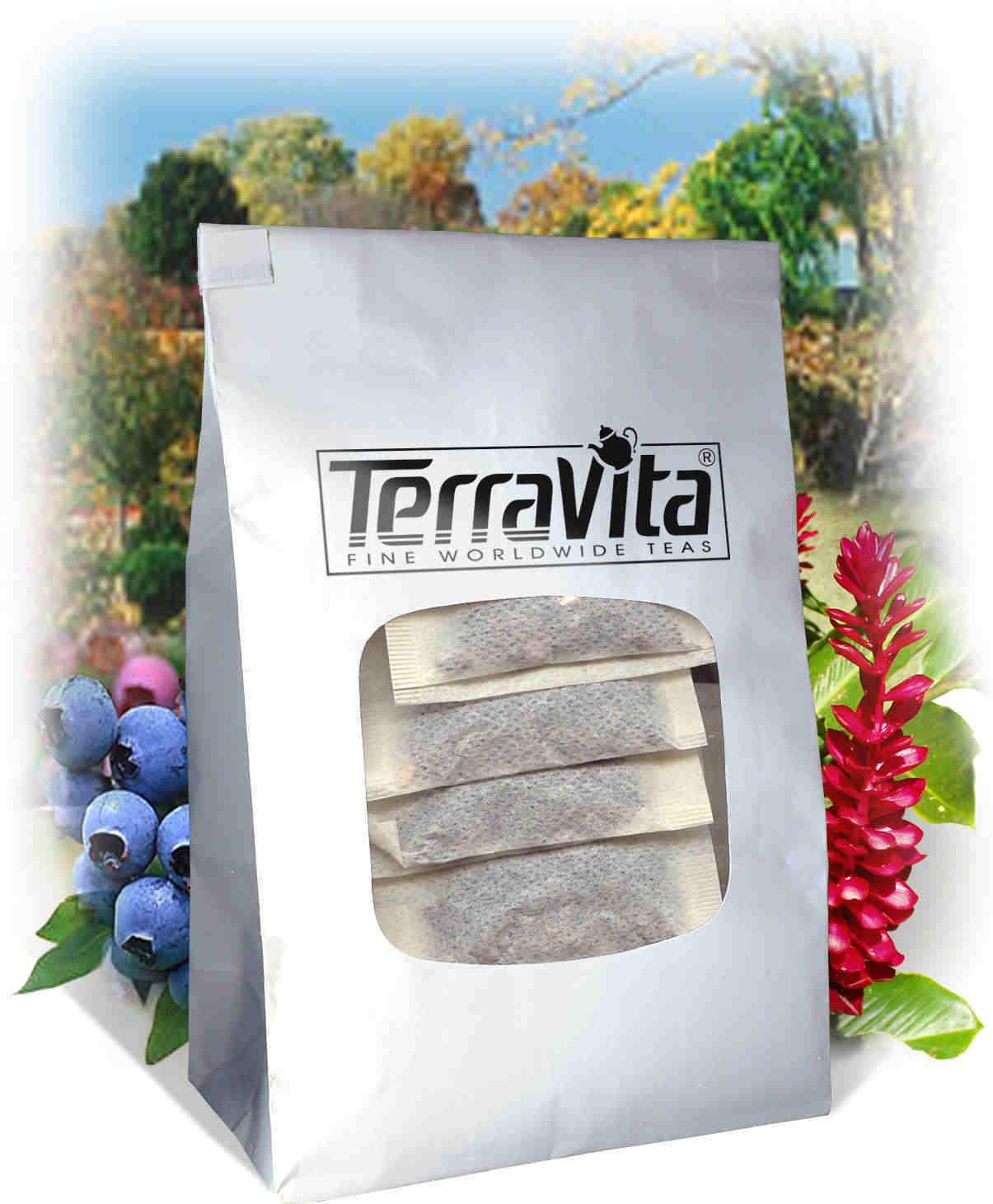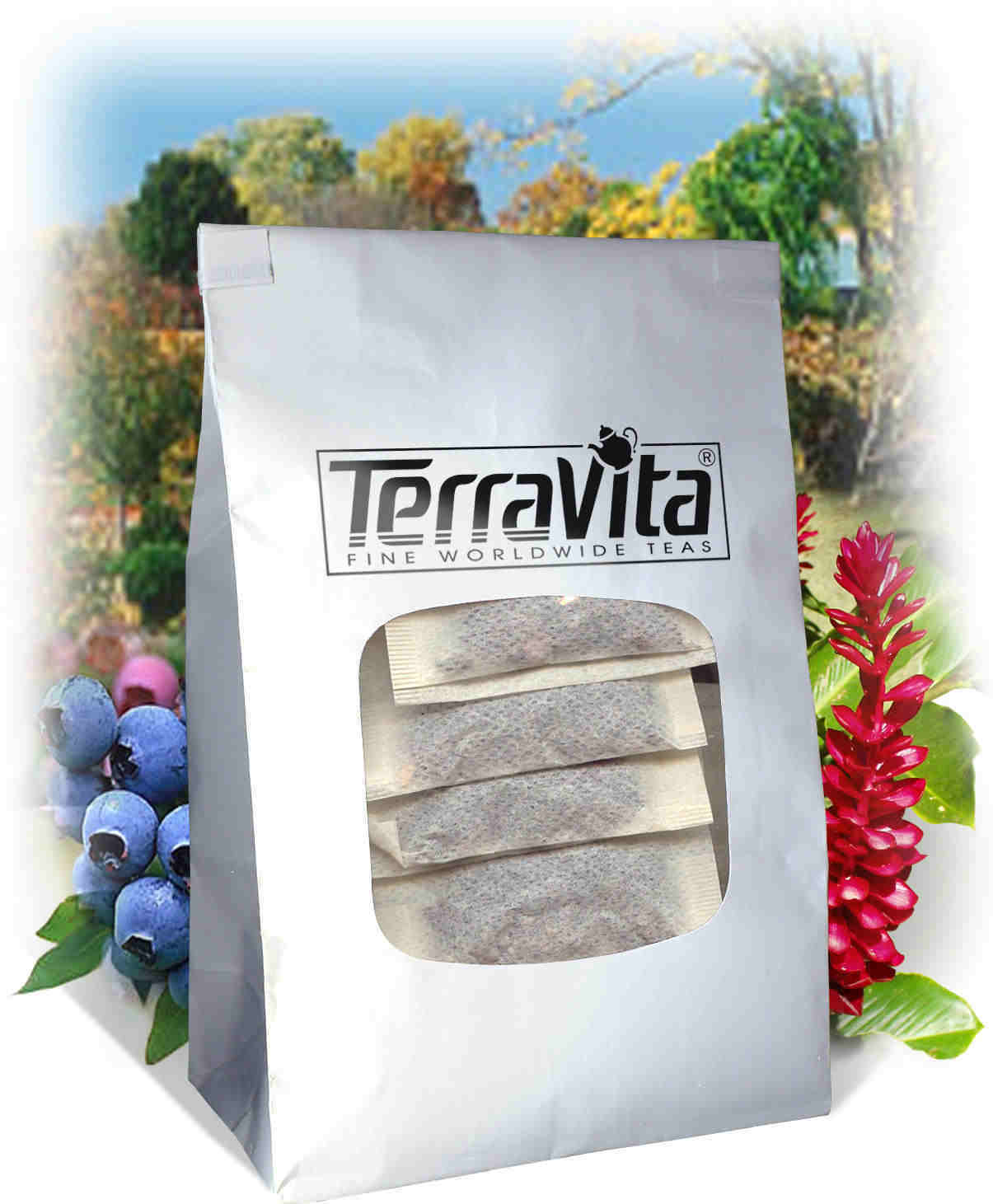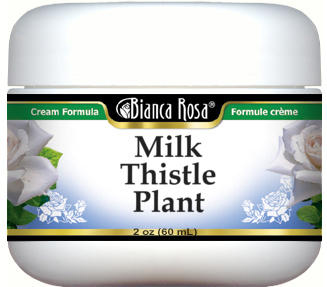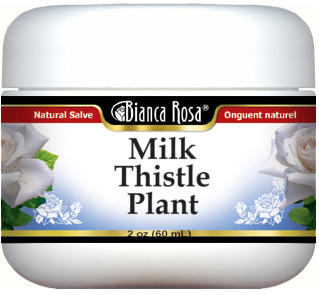Milk Thistle Herb
| Images | Product Name | Size | ZIN | Price | Quantity | Add to Cart |
| Milk Thistle Herb - 450 mg | 100 capsules | 511355 | $27.58 | |||
| Milk Thistle Herb Powder | 4 oz | 511356 | $28.02 | |||
| 1 oz | 511357 | $12.49 | ||||
| Milk Thistle Herb Cream | 2 oz | 524385 | $37.06 | |||
| Milk Thistle Herb Salve | 2 oz | 524386 | $40.66 | |||
| Milk Thistle Herb Tea (Loose) | 4 oz | 427389 | $22.32 | |||
| 8 oz | 427390 | $36.91 | ||||
| Milk Thistle Herb Tea | 25 tea bags | 427387 | $19.44 | |||
| 50 tea bags | 427388 | $30.93 |
TerraVita strives to make all of our products affordable and reliable and are constantly searching the market to maintain our affordability and to look for new ways to serve you and the ones you love. TerraVita has become a trusted household name for many families and can bring you and yours the very best herbal supplements, blends, teas and spices that are on the market today.
TerraVita is packed in tamper-proof, food-grade, recyclable containers.
ZooScape is proud to be the exclusive distributor of TerraVita teas, herbs and supplements in the United States, Canada and around the world. Please direct all wholesale and bulk inquiries to 1-844-449-0444.
Bianca Rosa is an exclusive line of premium-quality natural products sourced from only the finest and purest ingredients from around the world. Bianca Rosa is hallmarked by the highest possible standards of purity, stability and freshness. All Bianca Rosa products are prepared with the highest level of quality control, from the raw materials used through the entire manufacturing process, up to and including the moment that the finished product is sealed for freshness and shipped to you. Our highest possible standards backed by our personal guarantee.
Bianca Rosa makes all products as affordable as possible and we are constantly searching the market to maintain our affordability and to look for new ways to serve you. Bianca Rosa has been a trusted household name for many families throughout the world since the 1990s. Bianca Rosa is packed in tamper-proof, recyclable containers.
ZooScape is proud to be the exclusive distributor of all Bianca Rosa products, including creams, salves and oils in the United States, Canada and around the world. Please direct all wholesale and bulk inquiries to 1-844-449-0444.
These statements have not been evaluated by the Food and Drug Administration (FDA). Products are intended to support general well being and are not intended to treat, diagnose, prevent, or cure any condition or disease.
Milk Thistle and Dandelion
| Images | Product Name | Size | ZIN | Price | Quantity | Add to Cart |
| Milk Thistle and Dandelion Combination - 450 mg | 100 capsules | 512989 | $24.49 | |||
| Milk Thistle and Dandelion Combination Powder | 4 oz | 512990 | $22.20 | |||
| 1 oz | 512991 | $11.39 | ||||
| Milk Thistle and Dandelion Combination Tea (Loose) | 4 oz | 512992 | $19.70 | |||
| 8 oz | 512993 | $31.94 | ||||
| Milk Thistle and Dandelion Combination Tea | 25 tea bags | 512994 | $22.09 | |||
| 50 tea bags | 512995 | $34.46 | ||||
| Milk Thistle and Dandelion Combination Cream | 2 oz | 512996 | $28.79 | |||
| Milk Thistle and Dandelion Combination - Salve Ointment | 2 oz | 512997 | $35.75 | |||
| Milk Thistle & Dandelion Glycerite Liquid Extract (1:5) | 1 oz - No Flavor | 522722 | $20.94 | |||
| 1 oz - Strawberry | 522723 | $23.15 | ||||
| 1 oz - Vanilla | 522724 | $23.15 | ||||
| 1 oz - Chocolate | 522725 | $23.15 | ||||
| 1 oz - Mint | 522726 | $23.15 |
TerraVita strives to make all of our products affordable and reliable and are constantly searching the market to maintain our affordability and to look for new ways to serve you and the ones you love. TerraVita has become a trusted household name for many families and can bring you and yours the very best herbal supplements, blends, teas and spices that are on the market today.
TerraVita is packed in tamper-proof, food-grade, recyclable containers.
ZooScape is proud to be the exclusive distributor of TerraVita teas, herbs and supplements in the United States, Canada and around the world. Please direct all wholesale and bulk inquiries to 1-844-449-0444.
Bianca Rosa is an exclusive line of premium-quality natural products sourced from only the finest and purest ingredients from around the world. Bianca Rosa is hallmarked by the highest possible standards of purity, stability and freshness. All Bianca Rosa products are prepared with the highest level of quality control, from the raw materials used through the entire manufacturing process, up to and including the moment that the finished product is sealed for freshness and shipped to you. Our highest possible standards backed by our personal guarantee.
Bianca Rosa makes all products as affordable as possible and we are constantly searching the market to maintain our affordability and to look for new ways to serve you. Bianca Rosa has been a trusted household name for many families throughout the world since the 1990s. Bianca Rosa is packed in tamper-proof, recyclable containers.
ZooScape is proud to be the exclusive distributor of all Bianca Rosa products, including creams, salves and oils in the United States, Canada and around the world. Please direct all wholesale and bulk inquiries to 1-844-449-0444.
These statements have not been evaluated by the Food and Drug Administration (FDA). Products are intended to support general well being and are not intended to treat, diagnose, prevent, or cure any condition or disease.
Milk Thistle Seed
| Images | Product Name | Size | ZIN | Price | Quantity | Add to Cart |
| Milk Thistle Seed Tea (Loose) | 4 oz | 511372 | $14.22 | |||
| 8 oz | 511373 | $21.81 | ||||
| Milk Thistle Seed Tea | 25 tea bags | 511374 | $18.59 | |||
| 50 tea bags | 511375 | $28.17 | ||||
| Milk Thistle Seed - Salve Ointment | 2 oz | 428062 | $35.59 | |||
| Milk Thistle Seed - Glycerite Liquid Extract (1:5) | 1 fl oz - Mint | 428296 | $19.47 | |||
| 1 fl oz - Vanilla | 428238 | $19.47 | ||||
| 1 fl oz - Chocolate | 428214 | $19.47 | ||||
| 1 fl oz - Strawberry | 428061 | $19.47 | ||||
| 1 fl oz - No Flavor | 428060 | $18.54 | ||||
| Milk Thistle Seed - Cream | 2 oz | 428063 | $28.58 | |||
| Milk Thistle Seed - 450 mg | 100 capsules | 511369 | $21.89 | |||
| Milk Thistle Seed Powder | 4 oz | 511370 | $17.70 | |||
| 1 oz | 511371 | $10.15 | ||||
| Milk Thistle Seed and Plant - 450 mg | 100 capsules | 512052 | $27.58 | |||
| Milk Thistle Seed and Plant Powder | 4 oz | 512053 | $28.02 | |||
| 1 oz | 512054 | $12.49 | ||||
| Milk Thistle Seed & Plant Cream | 2 oz | 524387 | $37.06 | |||
| Milk Thistle Seed & Plant Salve | 2 oz | 524388 | $40.66 | |||
| Milk Thistle Seed and Plant Tea (Loose) | 4 oz | 512055 | $16.77 | |||
| 8 oz | 512056 | $26.53 | ||||
| Milk Thistle Seed and Plant Tea | 25 tea bags | 512057 | $16.61 | |||
| 50 tea bags | 512058 | $25.60 | ||||
| Milk Thistle Seed & Plant Glycerite Liquid Extract (1:5) | 1 oz - No Flavor | 522737 | $20.94 | |||
| 1 oz - Strawberry | 522738 | $23.15 | ||||
| 1 oz - Vanilla | 522739 | $23.15 | ||||
| 1 oz - Chocolate | 522740 | $23.15 | ||||
| 1 oz - Mint | 522741 | $23.15 | ||||
| Milk Thistle Seed (Certified Organic) - 450 mg | 100 capsules | 517765 | $22.99 | |||
| Milk Thistle Seed (Certified Organic) Powder | 4 oz | 517766 | $20.47 | |||
| 1 oz | 517767 | $10.36 | ||||
| Milk Thistle Seed (Certified Organic) Tea (Loose) | 4 oz | 517768 | $20.08 | |||
| 8 oz | 517769 | $32.63 | ||||
| Milk Thistle Seed (Certified Organic) Tea | 25 tea bags | 517770 | $22.33 | |||
| 50 tea bags | 517771 | $34.89 |
TerraVita strives to make all of our products affordable and reliable and are constantly searching the market to maintain our affordability and to look for new ways to serve you and the ones you love. TerraVita has become a trusted household name for many families and can bring you and yours the very best herbal supplements, blends, teas and spices that are on the market today.
TerraVita is packed in tamper-proof, food-grade, recyclable containers.
ZooScape is proud to be the exclusive distributor of TerraVita teas, herbs and supplements in the United States, Canada and around the world. Please direct all wholesale and bulk inquiries to 1-844-449-0444.
Bianca Rosa is an exclusive line of premium-quality natural products sourced from only the finest and purest ingredients from around the world. Bianca Rosa is hallmarked by the highest possible standards of purity, stability and freshness. All Bianca Rosa products are prepared with the highest level of quality control, from the raw materials used through the entire manufacturing process, up to and including the moment that the finished product is sealed for freshness and shipped to you. Our highest possible standards backed by our personal guarantee.
Bianca Rosa makes all products as affordable as possible and we are constantly searching the market to maintain our affordability and to look for new ways to serve you. Bianca Rosa has been a trusted household name for many families throughout the world since the 1990s. Bianca Rosa is packed in tamper-proof, recyclable containers.
ZooScape is proud to be the exclusive distributor of all Bianca Rosa products, including creams, salves and oils in the United States, Canada and around the world. Please direct all wholesale and bulk inquiries to 1-844-449-0444.
These statements have not been evaluated by the Food and Drug Administration (FDA). Products are intended to support general well being and are not intended to treat, diagnose, prevent, or cure any condition or disease.
Kudzu and Milk Thistle
| Images | Product Name | Size | ZIN | Price | Quantity | Add to Cart |
| Kudzu and Milk Thistle Combination - 450 mg | 100 capsules | 513432 | $23.05 | |||
| Kudzu and Milk Thistle Combination Powder | 4 oz | 513433 | $20.57 | |||
| 1 oz | 513434 | $10.40 | ||||
| Kudzu and Milk Thistle Combination Tea (Loose) | 4 oz | 513435 | $21.20 | |||
| 8 oz | 513436 | $34.89 | ||||
| Kudzu and Milk Thistle Combination Tea | 25 tea bags | 513437 | $22.53 | |||
| 50 tea bags | 513438 | $35.36 | ||||
| Kudzu and Milk Thistle Combination Cream | 2 oz | 513439 | $26.75 | |||
| Kudzu and Milk Thistle Combination - Salve Ointment | 2 oz | 513440 | $31.80 | |||
| Kudzu & Milk Thistle Glycerite Liquid Extract (1:5) | 1 oz - No Flavor | 522642 | $20.94 | |||
| 1 oz - Strawberry | 522643 | $23.15 | ||||
| 1 oz - Vanilla | 522644 | $23.15 | ||||
| 1 oz - Chocolate | 522645 | $23.15 | ||||
| 1 oz - Mint | 522646 | $23.15 |
TerraVita strives to make all of our products affordable and reliable and are constantly searching the market to maintain our affordability and to look for new ways to serve you and the ones you love. TerraVita has become a trusted household name for many families and can bring you and yours the very best herbal supplements, blends, teas and spices that are on the market today.
TerraVita is packed in tamper-proof, food-grade, recyclable containers.
ZooScape is proud to be the exclusive distributor of TerraVita teas, herbs and supplements in the United States, Canada and around the world. Please direct all wholesale and bulk inquiries to 1-844-449-0444.
Bianca Rosa is an exclusive line of premium-quality natural products sourced from only the finest and purest ingredients from around the world. Bianca Rosa is hallmarked by the highest possible standards of purity, stability and freshness. All Bianca Rosa products are prepared with the highest level of quality control, from the raw materials used through the entire manufacturing process, up to and including the moment that the finished product is sealed for freshness and shipped to you. Our highest possible standards backed by our personal guarantee.
Bianca Rosa makes all products as affordable as possible and we are constantly searching the market to maintain our affordability and to look for new ways to serve you. Bianca Rosa has been a trusted household name for many families throughout the world since the 1990s. Bianca Rosa is packed in tamper-proof, recyclable containers.
ZooScape is proud to be the exclusive distributor of all Bianca Rosa products, including creams, salves and oils in the United States, Canada and around the world. Please direct all wholesale and bulk inquiries to 1-844-449-0444.
These statements have not been evaluated by the Food and Drug Administration (FDA). Products are intended to support general well being and are not intended to treat, diagnose, prevent, or cure any condition or disease.
Dandelion, Milk Thistle Leaf and Seed, and Kudzu Formula
| Images | Product Name | Size | ZIN | Price | Quantity | Add to Cart |
| Dandelion, Milk Thistle Leaf and Seed, and Kudzu Formula - 450 mg | 100 capsules | 517121 | $24.57 | |||
| Dandelion, Milk Thistle Leaf and Seed, and Kudzu Formula Powder | 4 oz | 517122 | $23.08 | |||
| 1 oz | 517123 | $11.10 | ||||
| Dandelion, Milk Thistle Leaf and Seed, and Kudzu Formula Tea (Loose) | 4 oz | 517124 | $19.44 | |||
| 8 oz | 517125 | $31.65 | ||||
| Dandelion, Milk Thistle Leaf and Seed, and Kudzu Formula Tea | 25 tea bags | 517126 | $21.37 | |||
| 50 tea bags | 517127 | $33.30 | ||||
| Dandelion, Milk Thistle Leaf and Seed, and Kudzu Formula Glycerite Liquid Extract (1:5) | 1 oz - No Flavor | 523616 | $20.94 | |||
| 1 oz - Strawberry | 523617 | $23.15 | ||||
| 1 oz - Vanilla | 523618 | $23.15 | ||||
| 1 oz - Chocolate | 523619 | $23.15 | ||||
| 1 oz - Mint | 523620 | $23.15 |
TerraVita strives to make all of our products affordable and reliable and are constantly searching the market to maintain our affordability and to look for new ways to serve you and the ones you love. TerraVita has become a trusted household name for many families and can bring you and yours the very best herbal supplements, blends, teas and spices that are on the market today.
TerraVita is packed in tamper-proof, food-grade, recyclable containers.
ZooScape is proud to be the exclusive distributor of TerraVita teas, herbs and supplements in the United States, Canada and around the world. Please direct all wholesale and bulk inquiries to 1-844-449-0444.
These statements have not been evaluated by the Food and Drug Administration (FDA). Products are intended to support general well being and are not intended to treat, diagnose, prevent, or cure any condition or disease.
Milk Thistle Leaf
| Images | Product Name | Size | ZIN | Price | Quantity | Add to Cart |
| Milk Thistle - 450 mg | 100 capsules | 511352 | $24.82 | |||
| Milk Thistle Powder | 4 oz | 511353 | $23.48 | |||
| 1 oz | 511354 | $11.21 | ||||
| Milk Thistle Leaf Glycerite Liquid Extract (1:5) | 1 oz - No Flavor | 522727 | $27.10 | |||
| 1 oz - Strawberry | 522728 | $29.97 | ||||
| 1 oz - Vanilla | 522729 | $29.97 | ||||
| 1 oz - Chocolate | 522730 | $29.97 | ||||
| 1 oz - Mint | 522731 | $29.97 | ||||
| Milk Thistle Leaf Cream | 2 oz | 524051 | $37.06 | |||
| Milk Thistle Leaf Salve | 2 oz | 524052 | $40.66 |
TerraVita strives to make all of our products affordable and reliable and are constantly searching the market to maintain our affordability and to look for new ways to serve you and the ones you love. TerraVita has become a trusted household name for many families and can bring you and yours the very best herbal supplements, blends, teas and spices that are on the market today.
TerraVita is packed in tamper-proof, food-grade, recyclable containers.
ZooScape is proud to be the exclusive distributor of TerraVita teas, herbs and supplements in the United States, Canada and around the world. Please direct all wholesale and bulk inquiries to 1-844-449-0444.
Bianca Rosa is an exclusive line of premium-quality natural products sourced from only the finest and purest ingredients from around the world. Bianca Rosa is hallmarked by the highest possible standards of purity, stability and freshness. All Bianca Rosa products are prepared with the highest level of quality control, from the raw materials used through the entire manufacturing process, up to and including the moment that the finished product is sealed for freshness and shipped to you. Our highest possible standards backed by our personal guarantee.
Bianca Rosa makes all products as affordable as possible and we are constantly searching the market to maintain our affordability and to look for new ways to serve you. Bianca Rosa has been a trusted household name for many families throughout the world since the 1990s. Bianca Rosa is packed in tamper-proof, recyclable containers.
ZooScape is proud to be the exclusive distributor of all Bianca Rosa products, including creams, salves and oils in the United States, Canada and around the world. Please direct all wholesale and bulk inquiries to 1-844-449-0444.
These statements have not been evaluated by the Food and Drug Administration (FDA). Products are intended to support general well being and are not intended to treat, diagnose, prevent, or cure any condition or disease.
Milk Thistle, Dandelion, and Vervain Formula
| Images | Product Name | Size | ZIN | Price | Quantity | Add to Cart |
| Milk Thistle, Dandelion, and Vervain Formula Tea (Loose) | 4 oz | 517093 | $16.22 | |||
| 8 oz | 517094 | $23.88 | ||||
| Milk Thistle, Dandelion, and Vervain Formula Tea | 25 tea bags | 517095 | $16.69 | |||
| 50 tea bags | 517096 | $25.08 | ||||
| Milk Thistle, Dandelion, and Vervain Formula Glycerite Liquid Extract (1:5) | 1 oz - No Flavor | 523746 | $20.94 | |||
| 1 oz - Strawberry | 523747 | $23.15 | ||||
| 1 oz - Vanilla | 523748 | $23.15 | ||||
| 1 oz - Chocolate | 523749 | $23.15 | ||||
| 1 oz - Mint | 523750 | $23.15 | ||||
| Milk Thistle, Dandelion, and Vervain Formula - 450 mg | 100 capsules | 517090 | $25.16 | |||
| Milk Thistle, Dandelion, and Vervain Formula Powder | 4 oz | 517091 | $24.03 | |||
| 1 oz | 517092 | $11.38 |
TerraVita strives to make all of our products affordable and reliable and are constantly searching the market to maintain our affordability and to look for new ways to serve you and the ones you love. TerraVita has become a trusted household name for many families and can bring you and yours the very best herbal supplements, blends, teas and spices that are on the market today.
TerraVita is packed in tamper-proof, food-grade, recyclable containers.
ZooScape is proud to be the exclusive distributor of TerraVita teas, herbs and supplements in the United States, Canada and around the world. Please direct all wholesale and bulk inquiries to 1-844-449-0444.
These statements have not been evaluated by the Food and Drug Administration (FDA). Products are intended to support general well being and are not intended to treat, diagnose, prevent, or cure any condition or disease.
Persimmon Leaf, Mallow, Blessed Thistle, and More Formula
| Images | Product Name | Size | ZIN | Price | Quantity | Add to Cart |
| Persimmon Leaf, Mallow, Blessed Thistle, and More Formula Tea | 50 tea bags | 516529 | $32.22 | |||
| Persimmon Leaf, Mallow, Blessed Thistle, and More Formula Tea (Loose) | 4 oz | 516526 | $34.89 | |||
| 8 oz | 516527 | $48.68 | ||||
| Persimmon Leaf, Mallow, Blessed Thistle, and More Formula Tea | 25 tea bags | 516528 | $25.58 | |||
| Persimmon Leaf, Mallow, Blessed Thistle, and More Formula Glycerite Liquid Extract (1:5) | 1 oz - No Flavor | 523831 | $20.94 | |||
| 1 oz - Strawberry | 523832 | $23.15 | ||||
| 1 oz - Vanilla | 523833 | $23.15 | ||||
| 1 oz - Chocolate | 523834 | $23.15 | ||||
| 1 oz - Mint | 523835 | $23.15 | ||||
| Persimmon Leaf, Mallow, Blessed Thistle, and More Formula Powder | 4 oz | 516524 | $35.10 | |||
| 1 oz | 516525 | $18.98 | ||||
| Persimmon Leaf, Mallow, Blessed Thistle, and More Formula - 450 mg | 100 capsules | 516523 | $24.73 |
TerraVita strives to make all of our products affordable and reliable and are constantly searching the market to maintain our affordability and to look for new ways to serve you and the ones you love. TerraVita has become a trusted household name for many families and can bring you and yours the very best herbal supplements, blends, teas and spices that are on the market today.
TerraVita is packed in tamper-proof, food-grade, recyclable containers.
ZooScape is proud to be the exclusive distributor of TerraVita teas, herbs and supplements in the United States, Canada and around the world. Please direct all wholesale and bulk inquiries to 1-844-449-0444.
These statements have not been evaluated by the Food and Drug Administration (FDA). Products are intended to support general well being and are not intended to treat, diagnose, prevent, or cure any condition or disease.
Milk Thistle Seed 4:1 Extract
| Images | Product Name | Size | ZIN | Price | Quantity | Add to Cart |
| Milk Thistle Seed 4:1 Extract Cream | 2 oz | 524055 | $47.26 | |||
| Milk Thistle Seed 4:1 Extract Salve | 2 oz | 524056 | $51.84 | |||
| Milk Thistle Seed 4:1 Extract - 450 mg | 100 capsules | 420548 | $28.28 | |||
| Milk Thistle Seed 4:1 Extract Powder | 1 oz | 420549 | $12.42 | |||
| 4 oz | 420550 | $26.29 |
Bianca Rosa makes all products as affordable as possible and we are constantly searching the market to maintain our affordability and to look for new ways to serve you. Bianca Rosa has been a trusted household name for many families throughout the world since the 1990s. Bianca Rosa is packed in tamper-proof, recyclable containers.
ZooScape is proud to be the exclusive distributor of all Bianca Rosa products, including creams, salves and oils in the United States, Canada and around the world. Please direct all wholesale and bulk inquiries to 1-844-449-0444.
TerraVita is an exclusive line of premium-quality, natural source products that use only the finest, purest and most potent ingredients found around the world. TerraVita is hallmarked by the highest possible standards of purity, potency, stability and freshness. All of our products are prepared with the highest elements of quality control, from raw materials through the entire manufacturing process, up to and including the moment that the bottles or bags are sealed for freshness and shipped out to you. Our highest possible standards are certified by independent laboratories and backed by our personal guarantee.
TerraVita strives to make all of our products affordable and reliable and are constantly searching the market to maintain our affordability and to look for new ways to serve you and the ones you love. TerraVita has become a trusted household name for many families and can bring you and yours the very best herbal supplements, blends, teas and spices that are on the market today.
TerraVita is packed in tamper-proof, food-grade, recyclable containers.
ZooScape is proud to be the exclusive distributor of TerraVita teas, herbs and supplements in the United States, Canada and around the world. Please direct all wholesale and bulk inquiries to 1-844-449-0444.
These statements have not been evaluated by the Food and Drug Administration (FDA). Products are intended to support general well being and are not intended to treat, diagnose, prevent, or cure any condition or disease.
Senna 11-Herb Formula
| Images | Product Name | Size | ZIN | Price | Quantity | Add to Cart |
| Senna 11-Herb Formula Tea | 25 tea bags | 428762 | $19.57 | |||
| 50 tea bags | 428763 | $26.35 | ||||
| Senna 11-Herb Formula Tea (Loose) | 4 oz | 428764 | $12.54 | |||
| 8 oz | 428765 | $19.11 | ||||
| Senna 11-Herb Formula - 450 mg | 100 capsules | 428768 | $23.23 | |||
| Senna 11-Herb Formula Powder | 1 oz | 428767 | $10.79 | |||
| 4 oz | 428766 | $13.41 |
TerraVita strives to make all of our products affordable and reliable and are constantly searching the market to maintain our affordability and to look for new ways to serve you and the ones you love. TerraVita has become a trusted household name for many families and can bring you and yours the very best herbal supplements, blends, teas and spices that are on the market today.
TerraVita is packed in tamper-proof, food-grade, recyclable containers.
ZooScape is proud to be the exclusive distributor of TerraVita teas, herbs and supplements in the United States, Canada and around the world. Please direct all wholesale and bulk inquiries to 1-844-449-0444.
These statements have not been evaluated by the Food and Drug Administration (FDA). Products are intended to support general well being and are not intended to treat, diagnose, prevent, or cure any condition or disease.
Milk Thistle Plant
| Images | Product Name | Size | ZIN | Price | Quantity | Add to Cart |
| Milk Thistle Plant - 450 mg | 100 capsules | 511362 | $19.06 | |||
| Milk Thistle Plant Powder | 4 oz | 511363 | $27.55 | |||
| 1 oz | 511364 | $11.54 | ||||
| Milk Thistle Plant Tea (Loose) | 4 oz | 511365 | $21.22 | |||
| 8 oz | 511366 | $34.54 | ||||
| Milk Thistle Plant Tea | 25 tea bags | 511367 | $19.44 | |||
| 50 tea bags | 511368 | $30.93 | ||||
| Milk Thistle Plant Glycerite Liquid Extract (1:5) | 1 oz - No Flavor | 522732 | $20.94 | |||
| 1 oz - Strawberry | 522733 | $23.15 | ||||
| 1 oz - Vanilla | 522734 | $23.15 | ||||
| 1 oz - Chocolate | 522735 | $23.15 | ||||
| 1 oz - Mint | 522736 | $23.15 | ||||
| Milk Thistle Plant Cream | 2 oz | 524053 | $37.06 | |||
| Milk Thistle Plant Salve | 2 oz | 524054 | $40.66 |
TerraVita strives to make all of our products affordable and reliable and are constantly searching the market to maintain our affordability and to look for new ways to serve you and the ones you love. TerraVita has become a trusted household name for many families and can bring you and yours the very best herbal supplements, blends, teas and spices that are on the market today.
TerraVita is packed in tamper-proof, food-grade, recyclable containers.
ZooScape is proud to be the exclusive distributor of TerraVita teas, herbs and supplements in the United States, Canada and around the world. Please direct all wholesale and bulk inquiries to 1-844-449-0444.
Bianca Rosa is an exclusive line of premium-quality natural products sourced from only the finest and purest ingredients from around the world. Bianca Rosa is hallmarked by the highest possible standards of purity, stability and freshness. All Bianca Rosa products are prepared with the highest level of quality control, from the raw materials used through the entire manufacturing process, up to and including the moment that the finished product is sealed for freshness and shipped to you. Our highest possible standards backed by our personal guarantee.
Bianca Rosa makes all products as affordable as possible and we are constantly searching the market to maintain our affordability and to look for new ways to serve you. Bianca Rosa has been a trusted household name for many families throughout the world since the 1990s. Bianca Rosa is packed in tamper-proof, recyclable containers.
ZooScape is proud to be the exclusive distributor of all Bianca Rosa products, including creams, salves and oils in the United States, Canada and around the world. Please direct all wholesale and bulk inquiries to 1-844-449-0444.
These statements have not been evaluated by the Food and Drug Administration (FDA). Products are intended to support general well being and are not intended to treat, diagnose, prevent, or cure any condition or disease.
